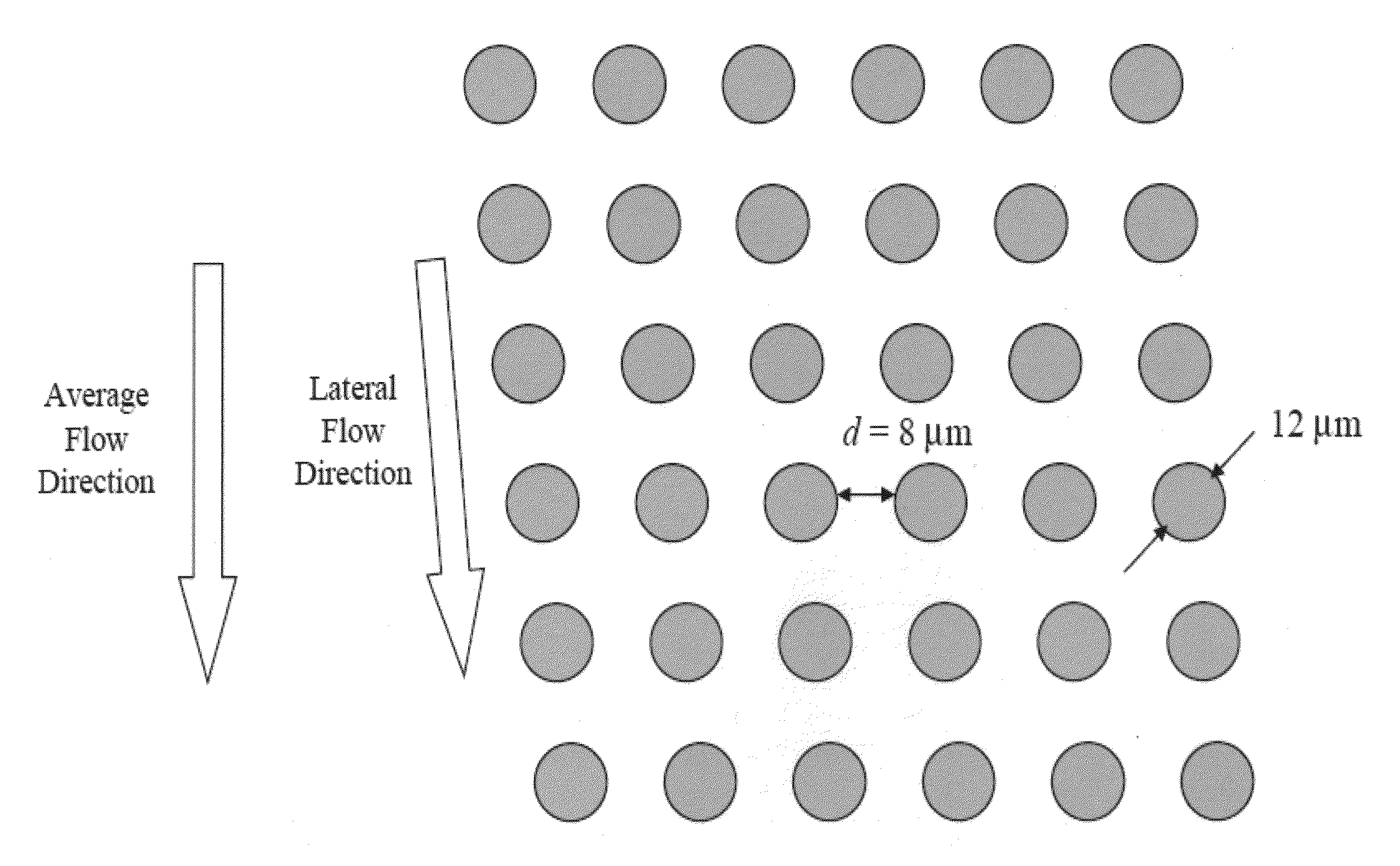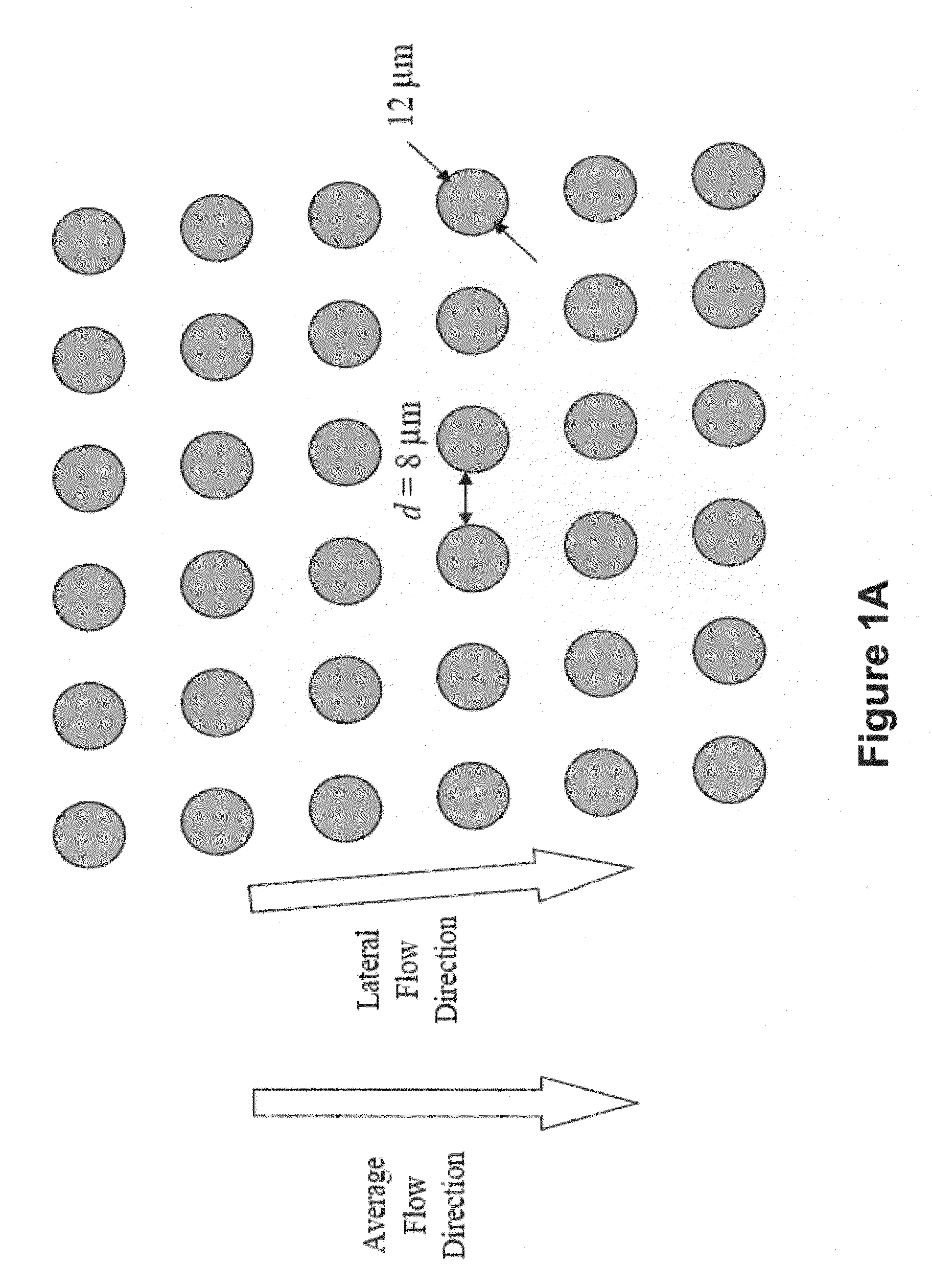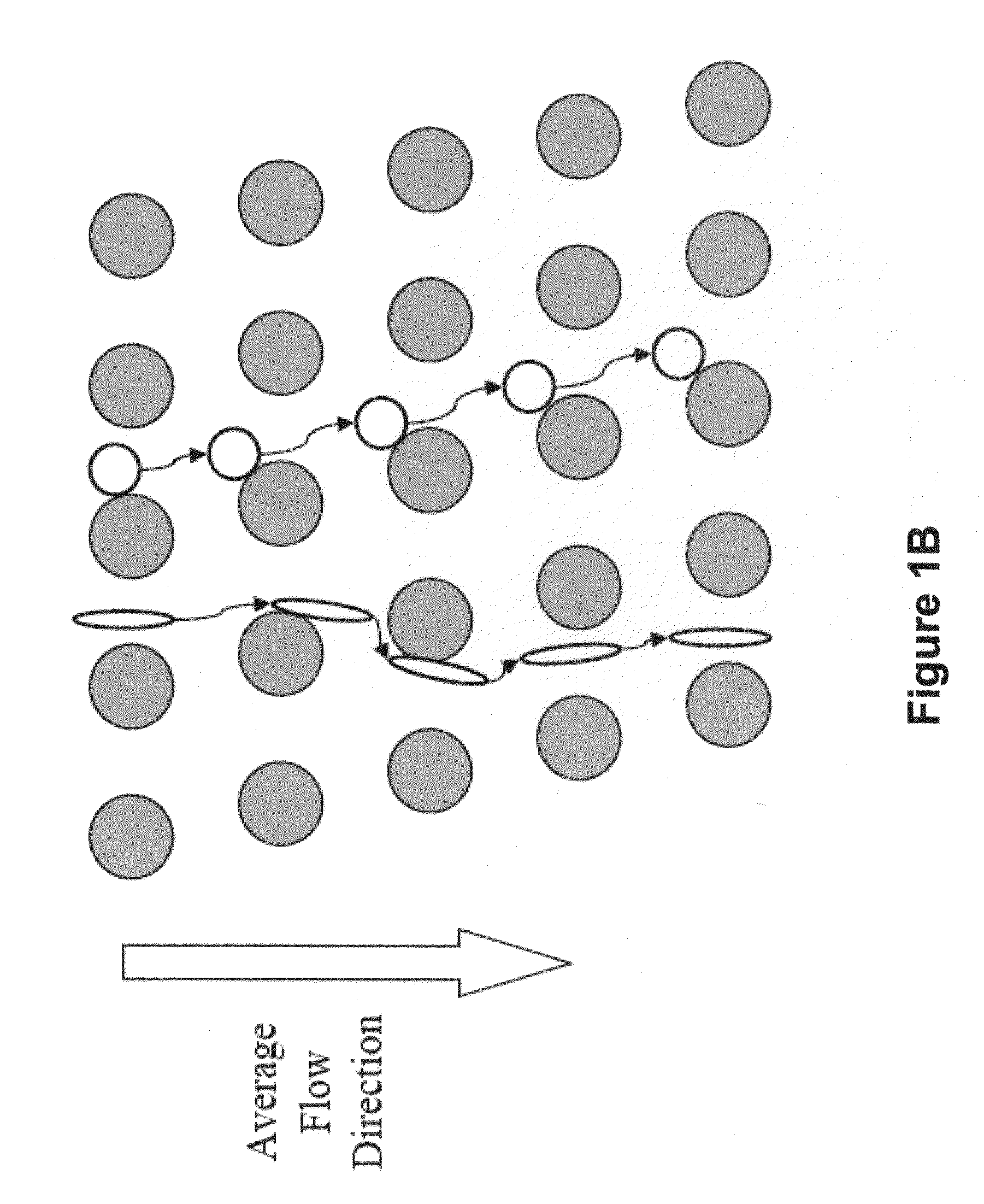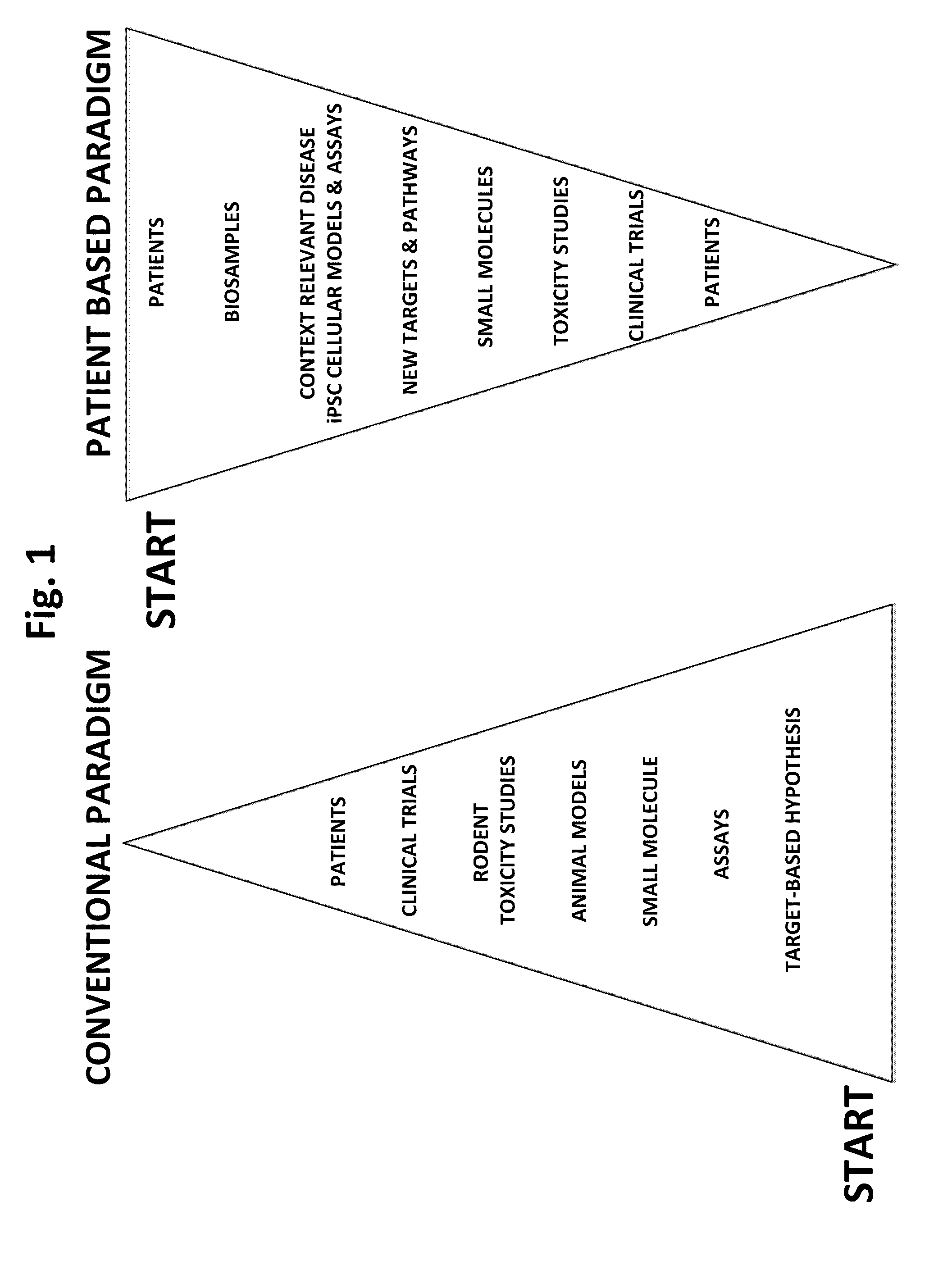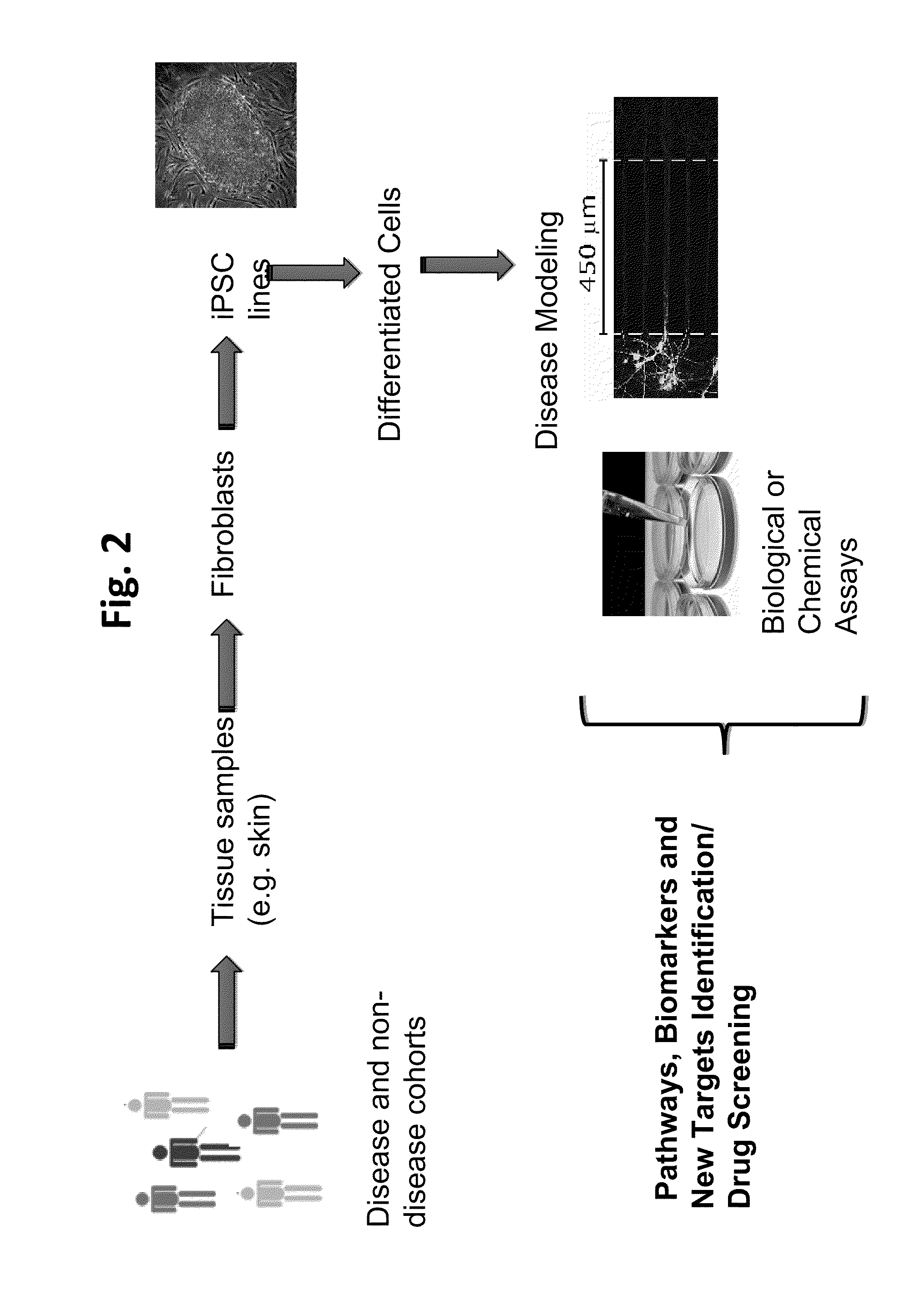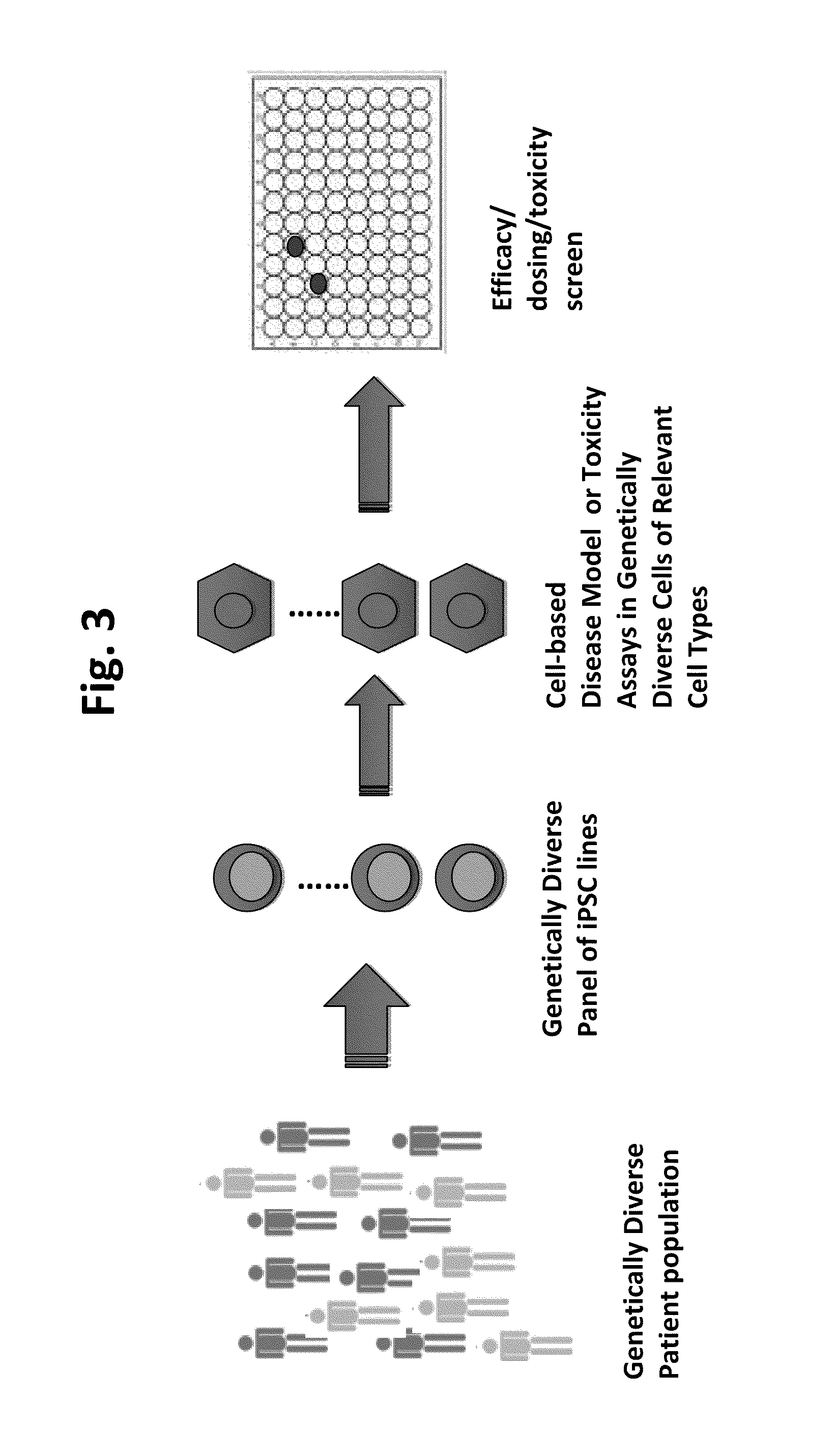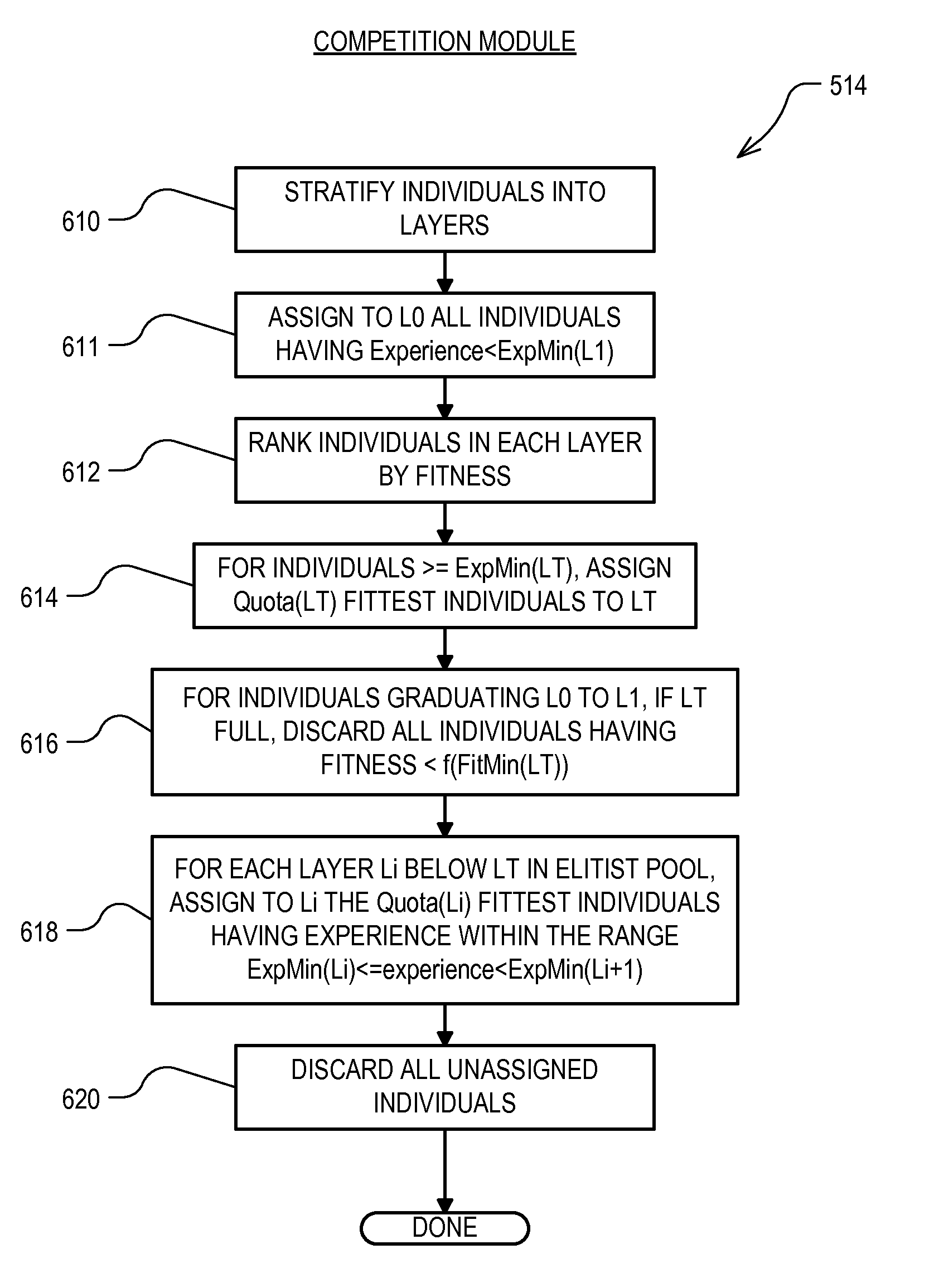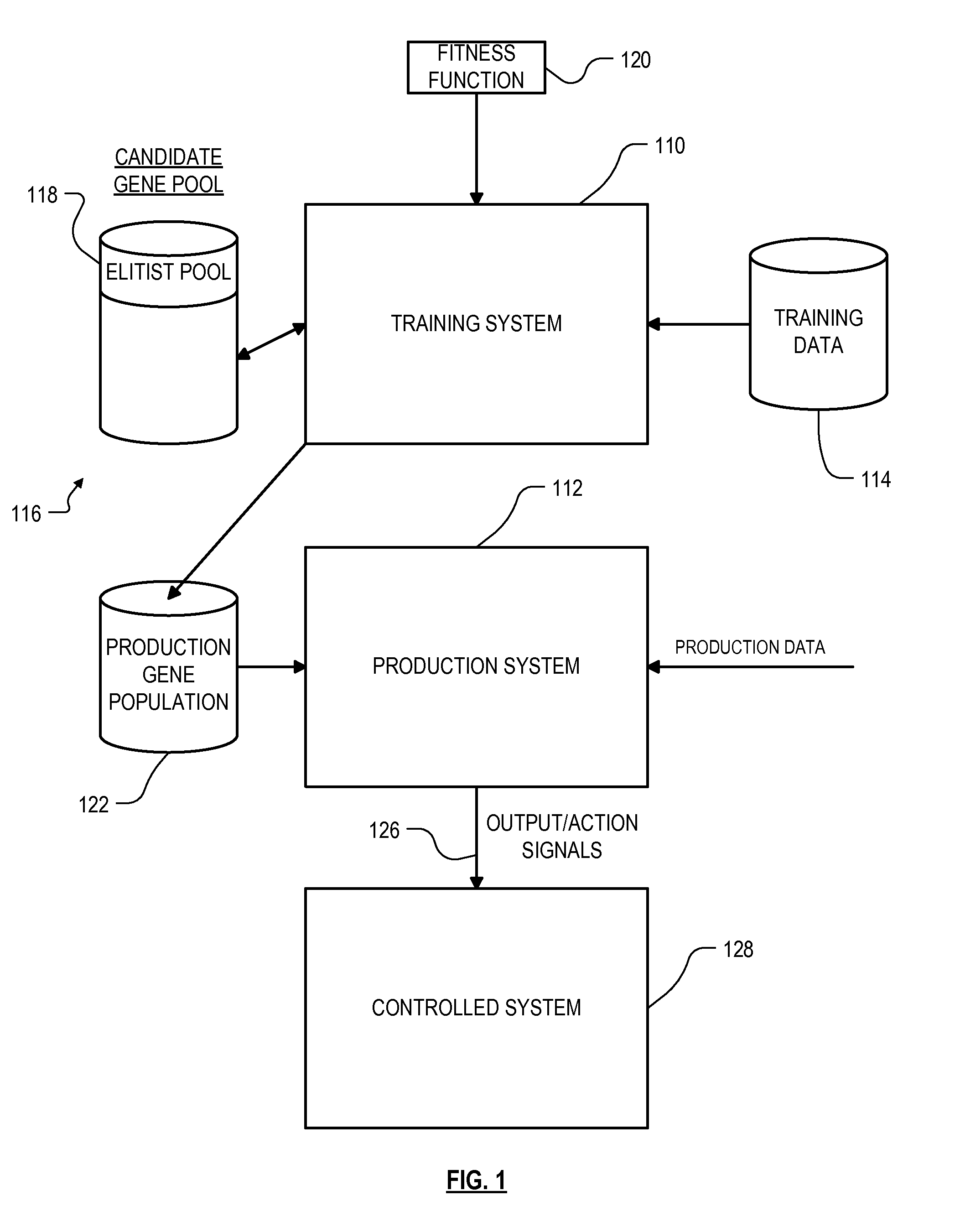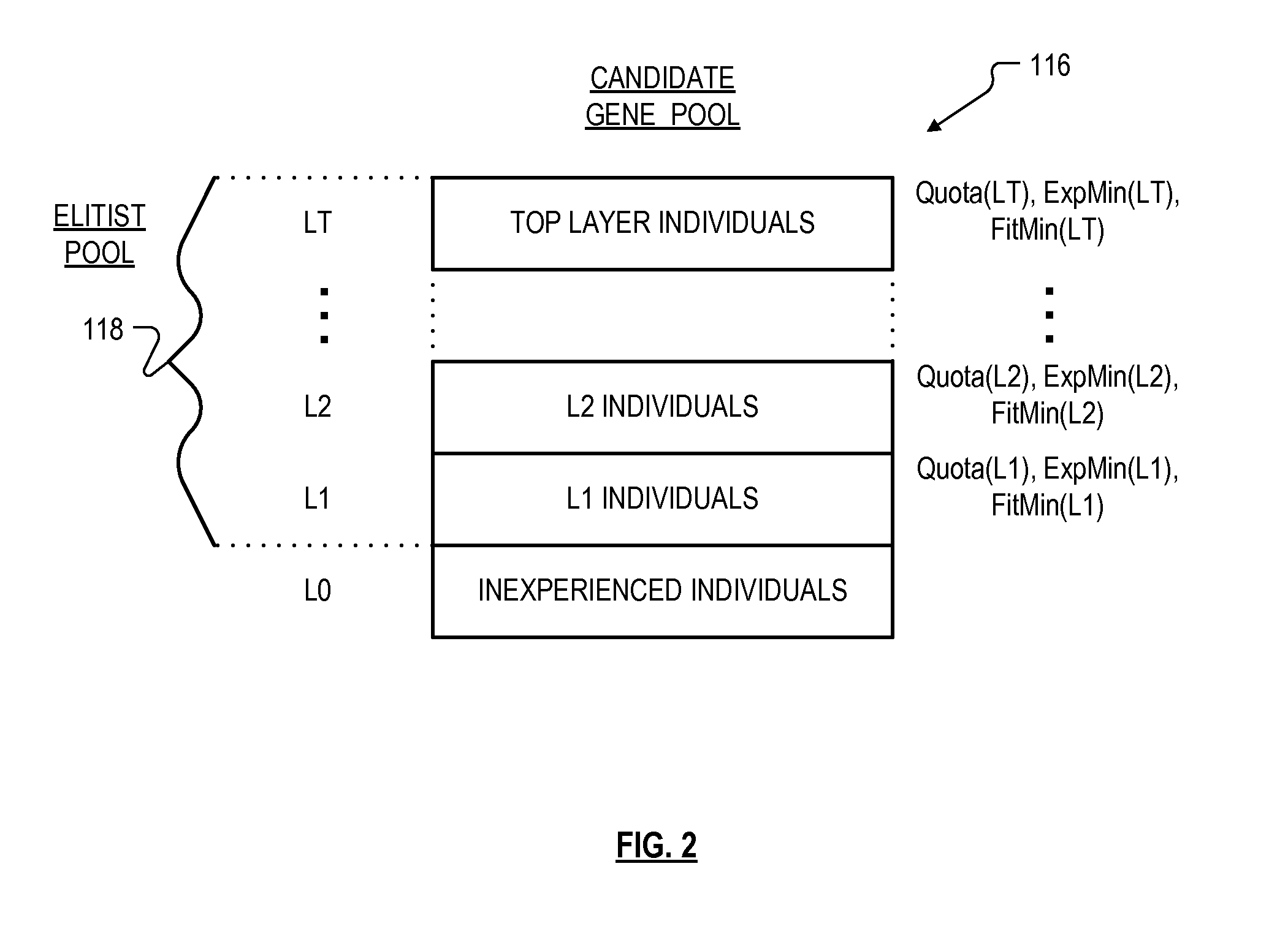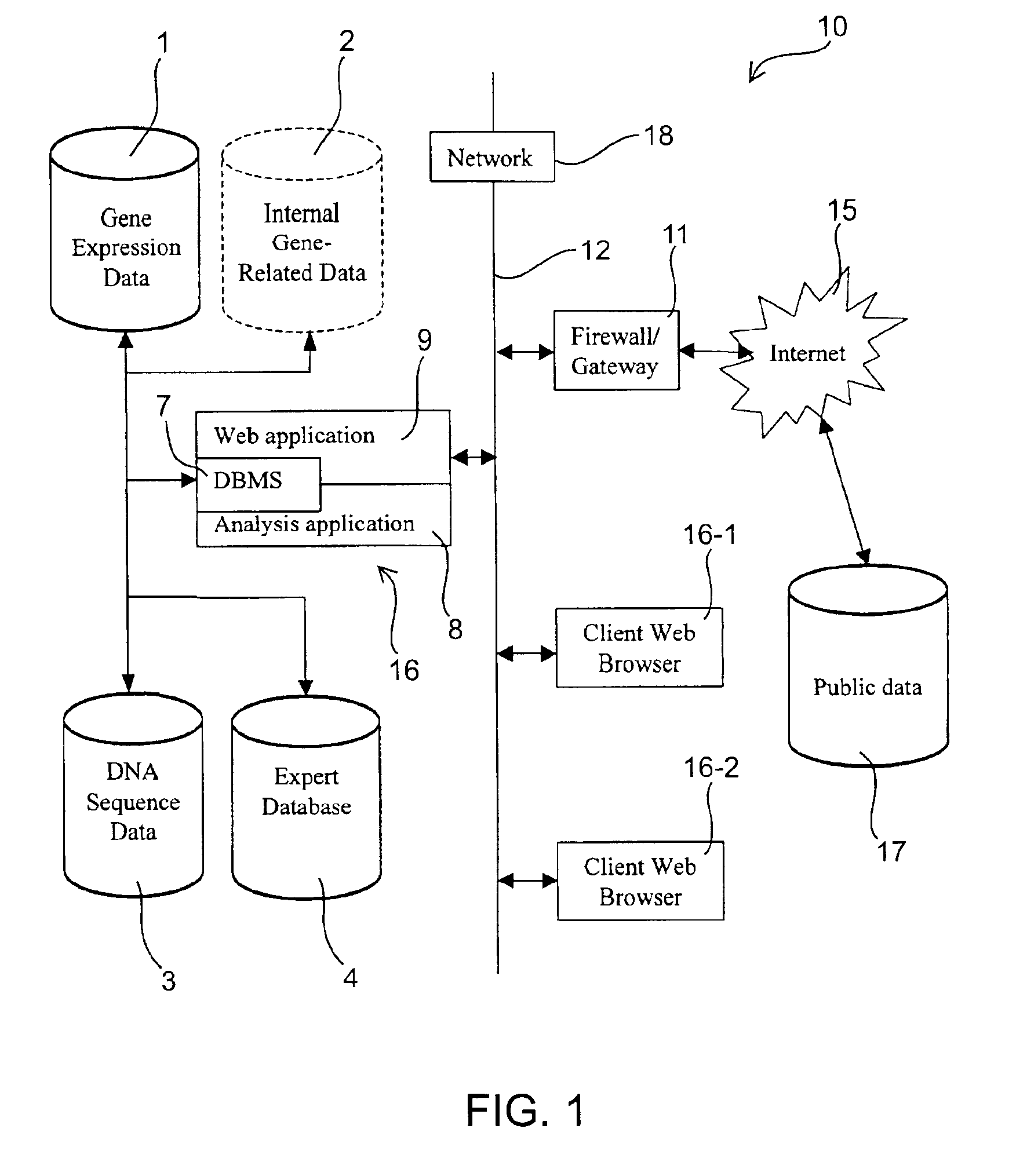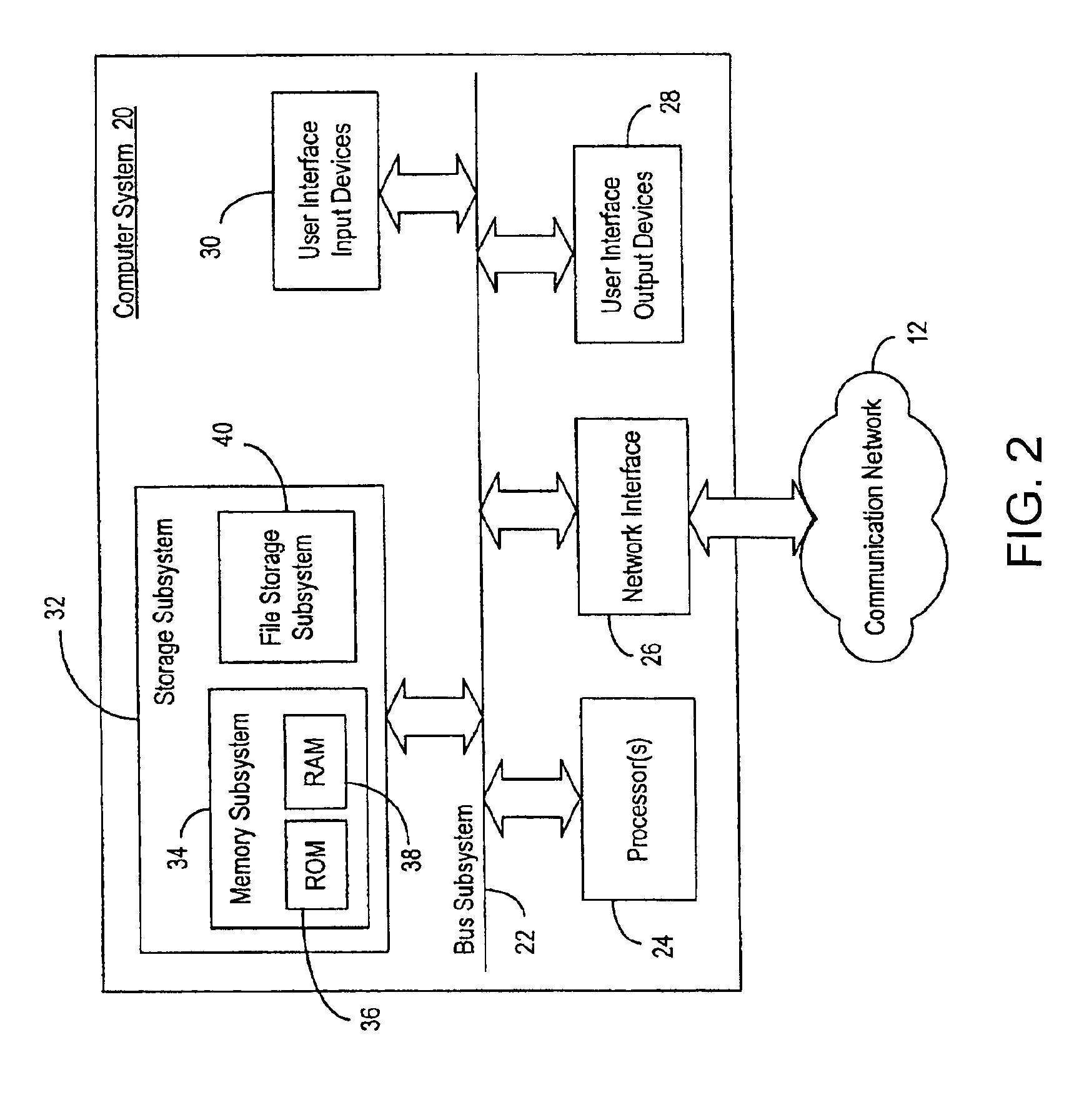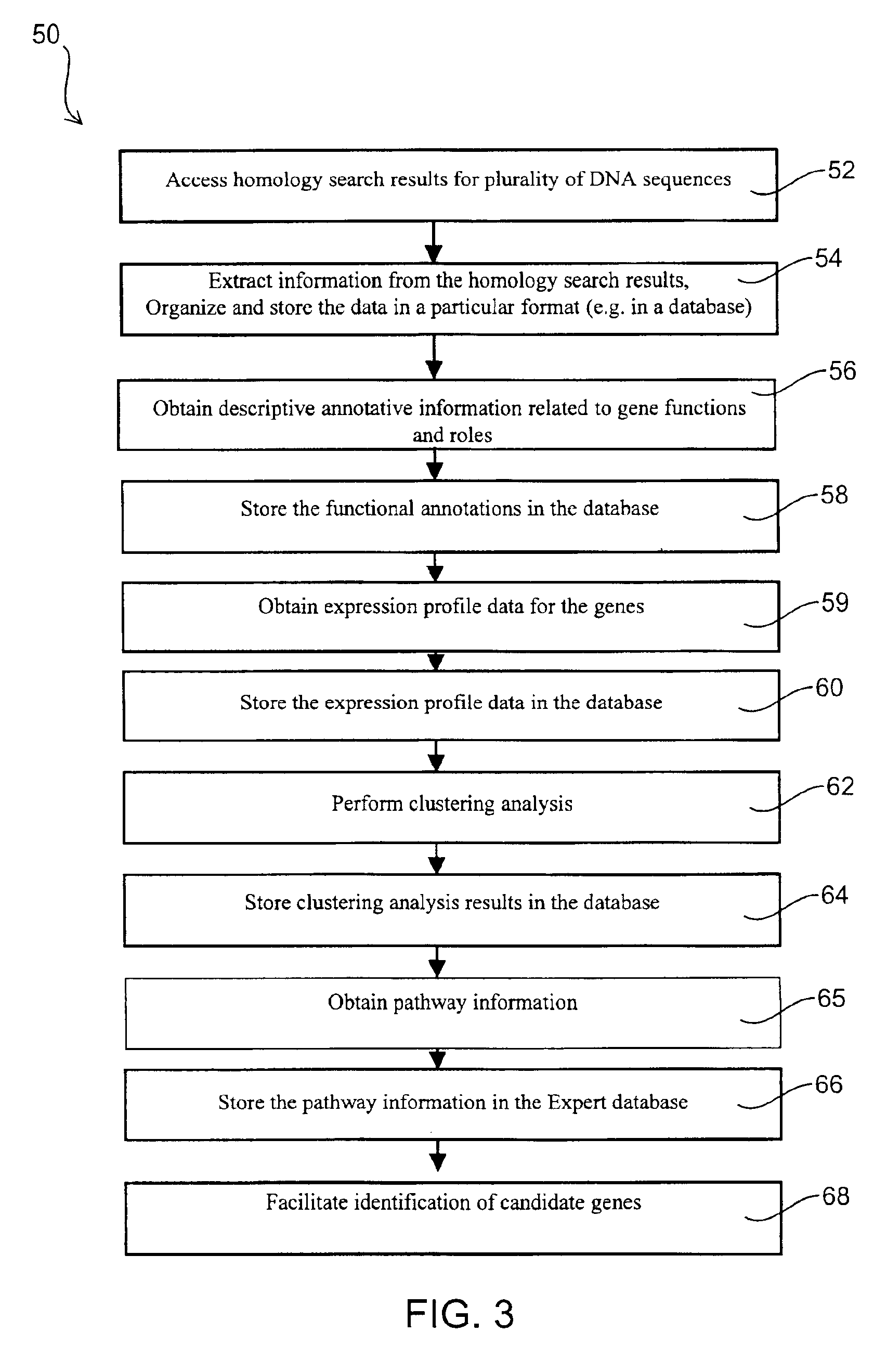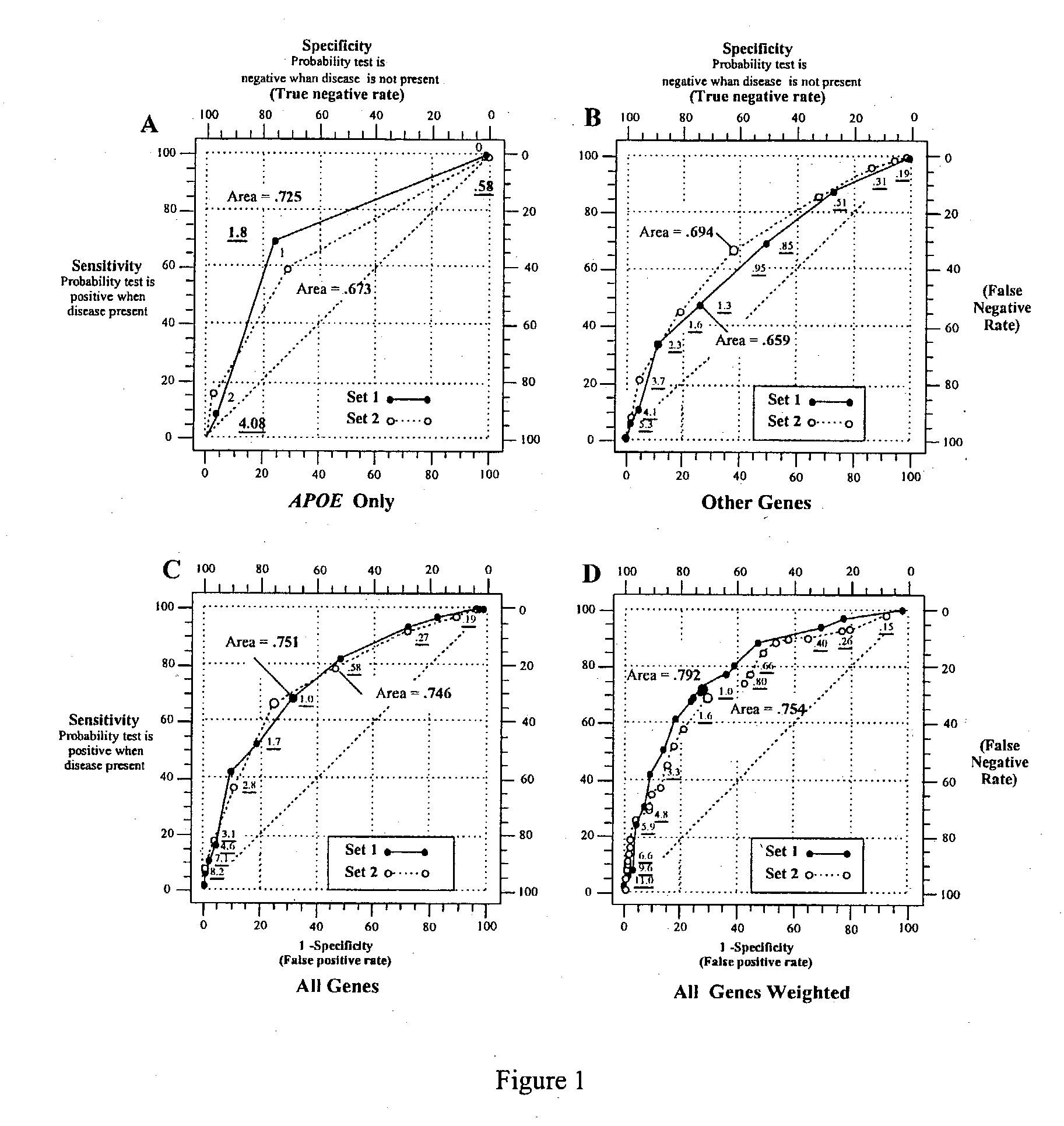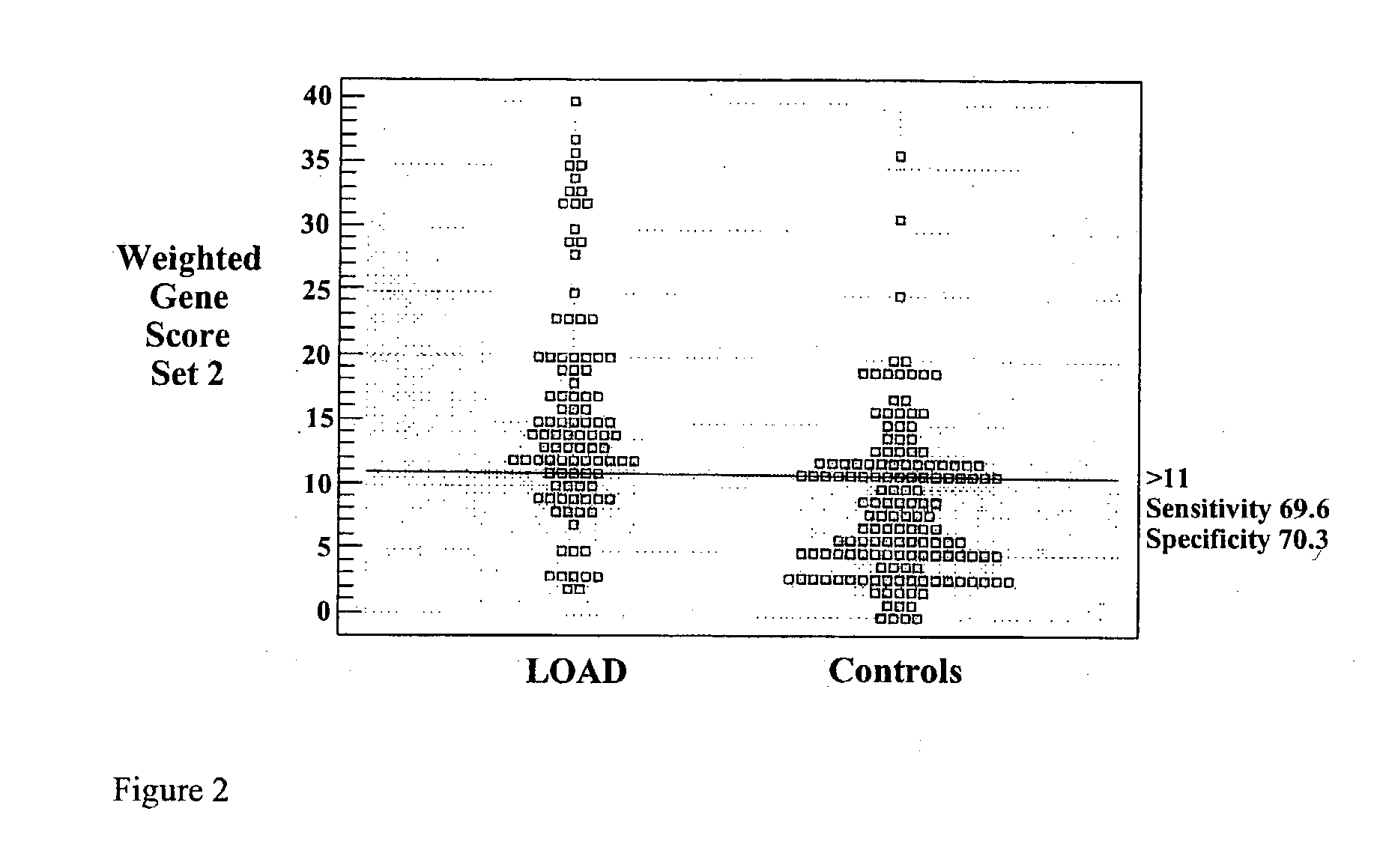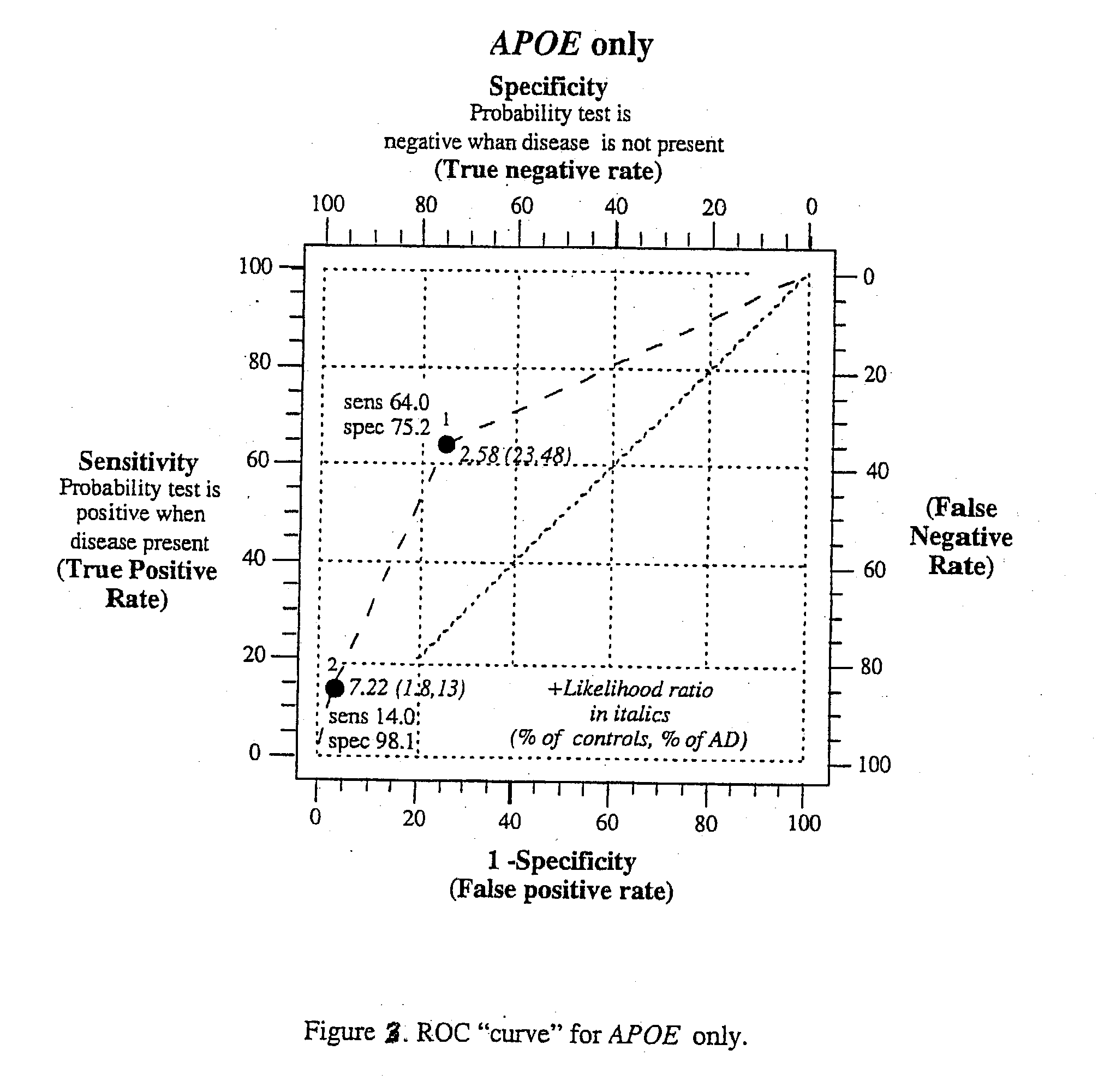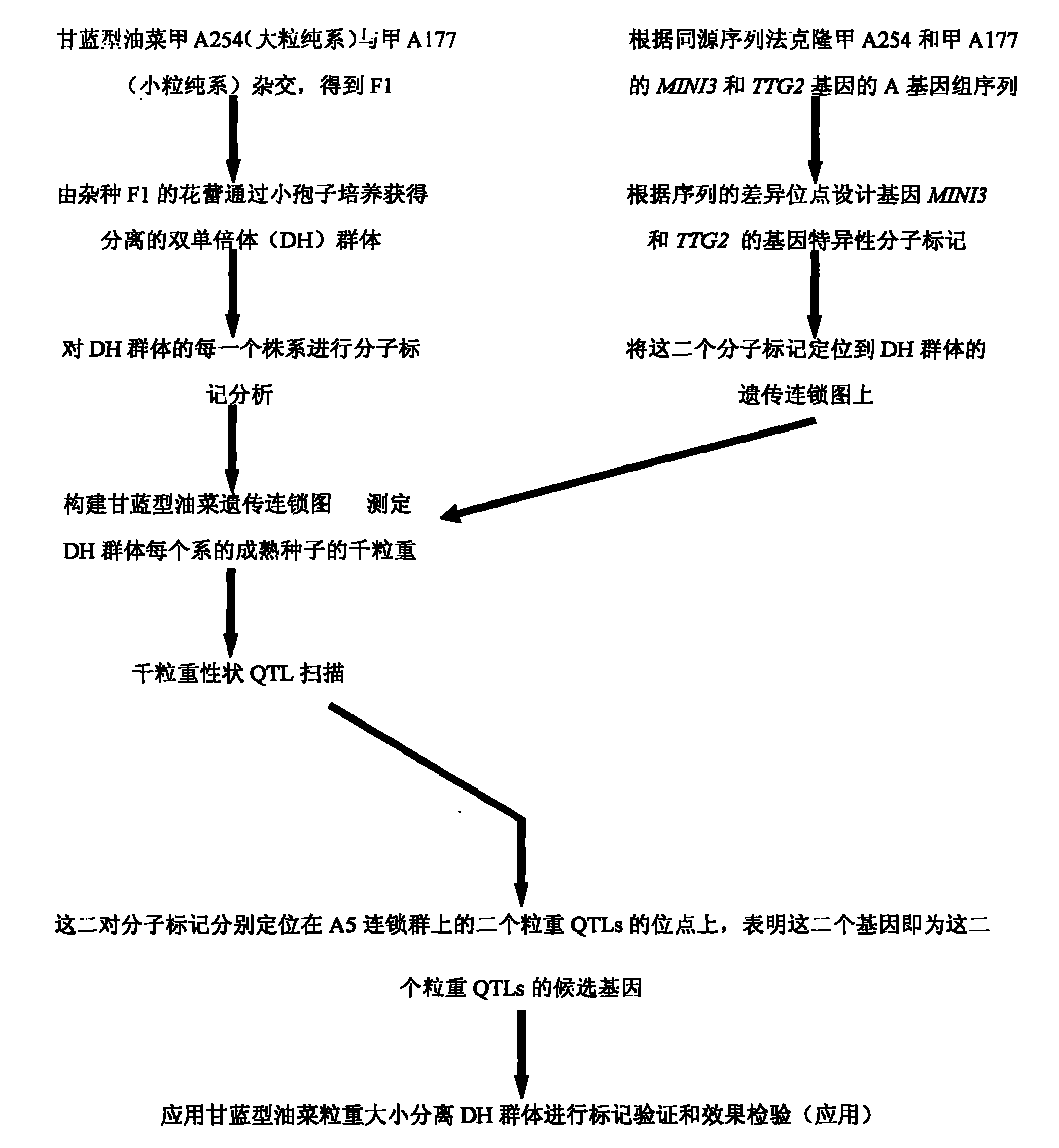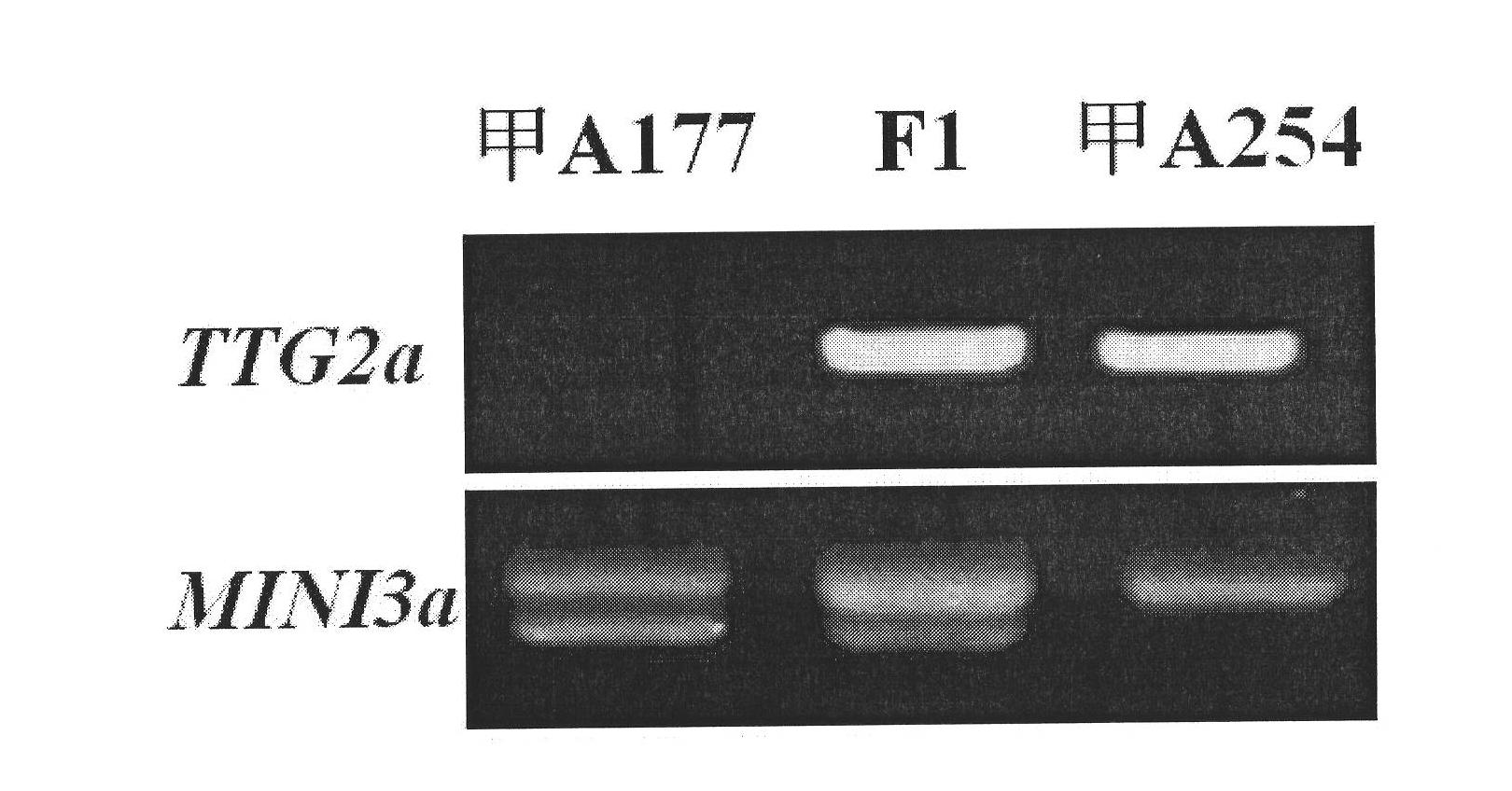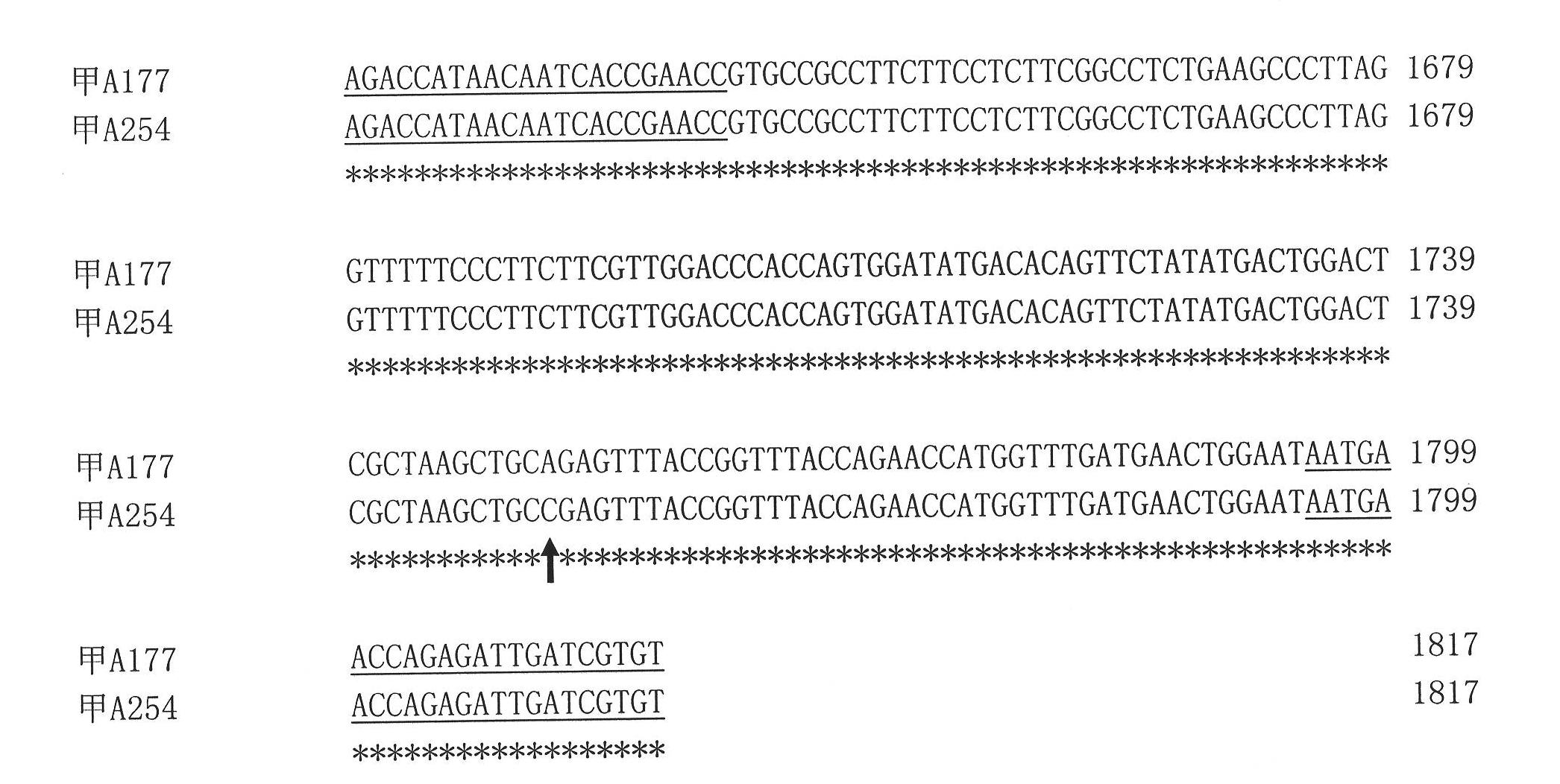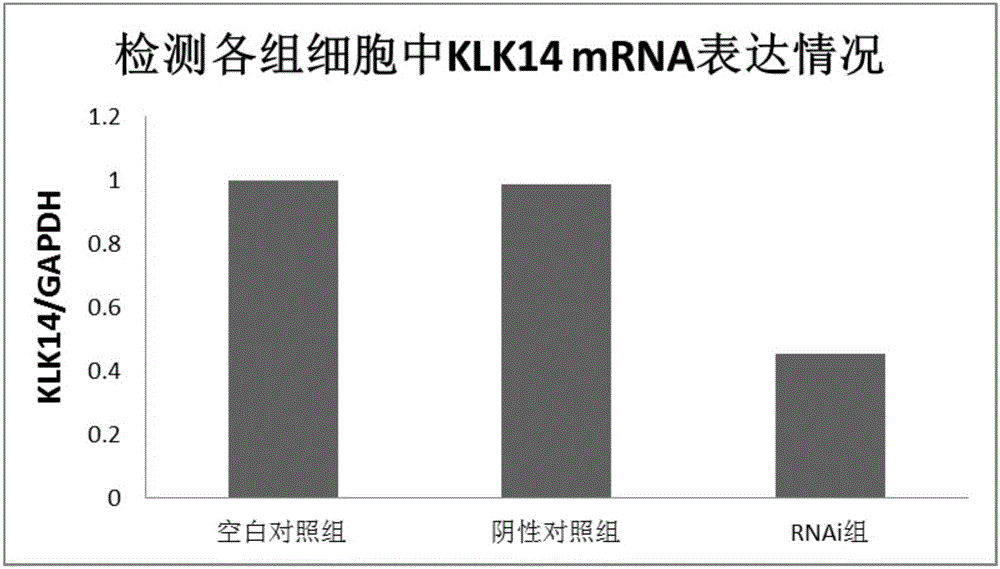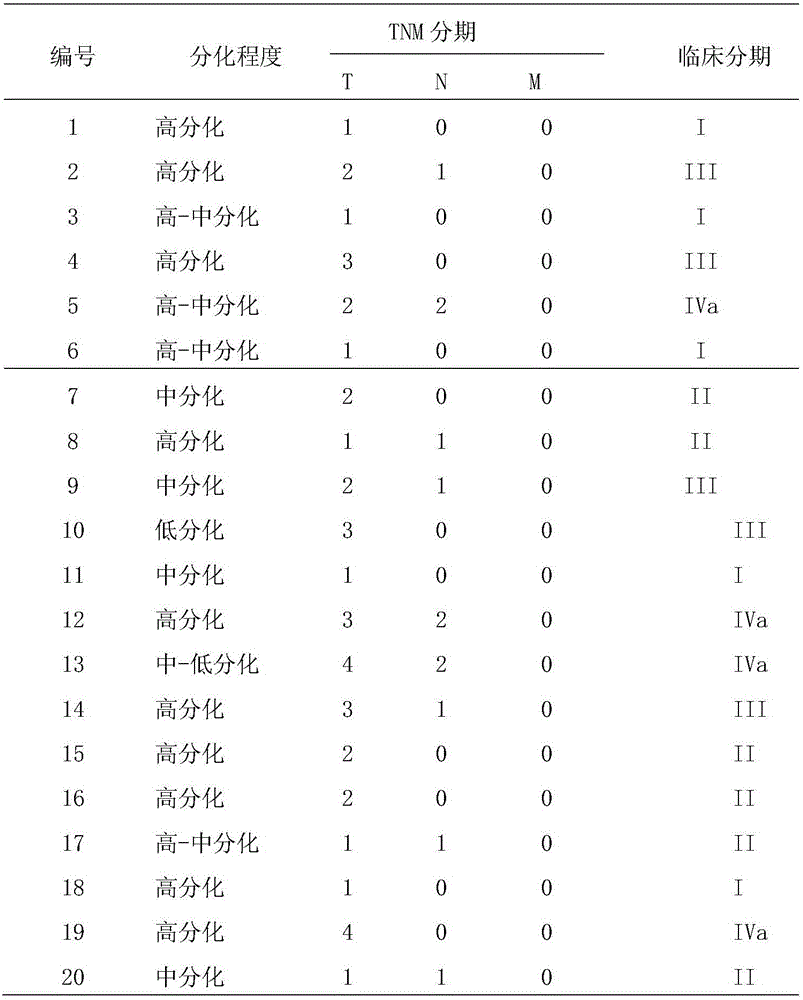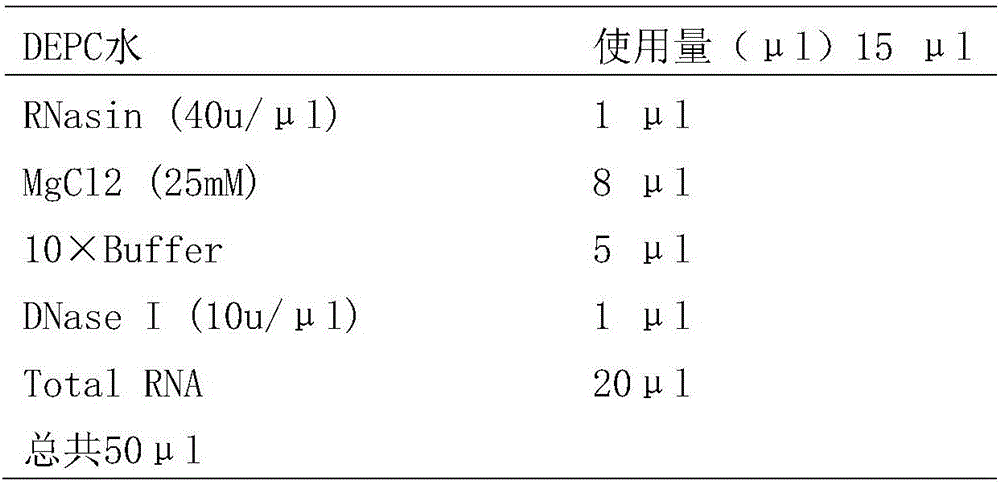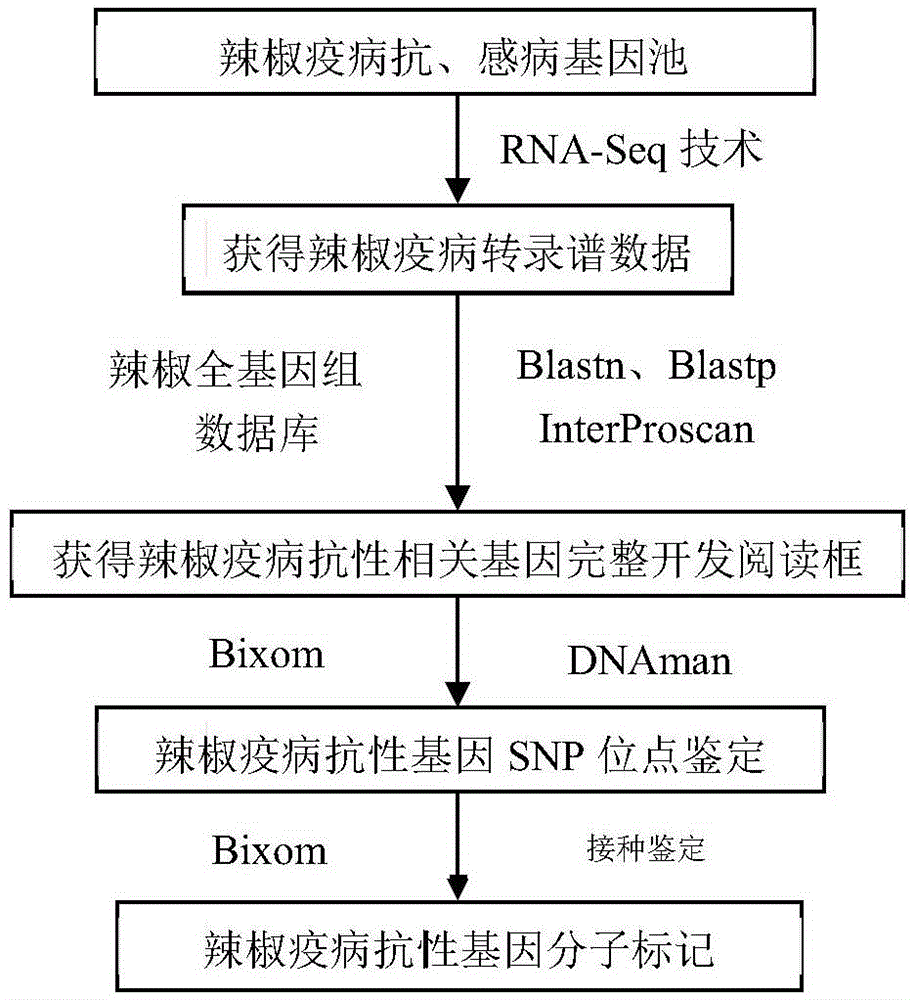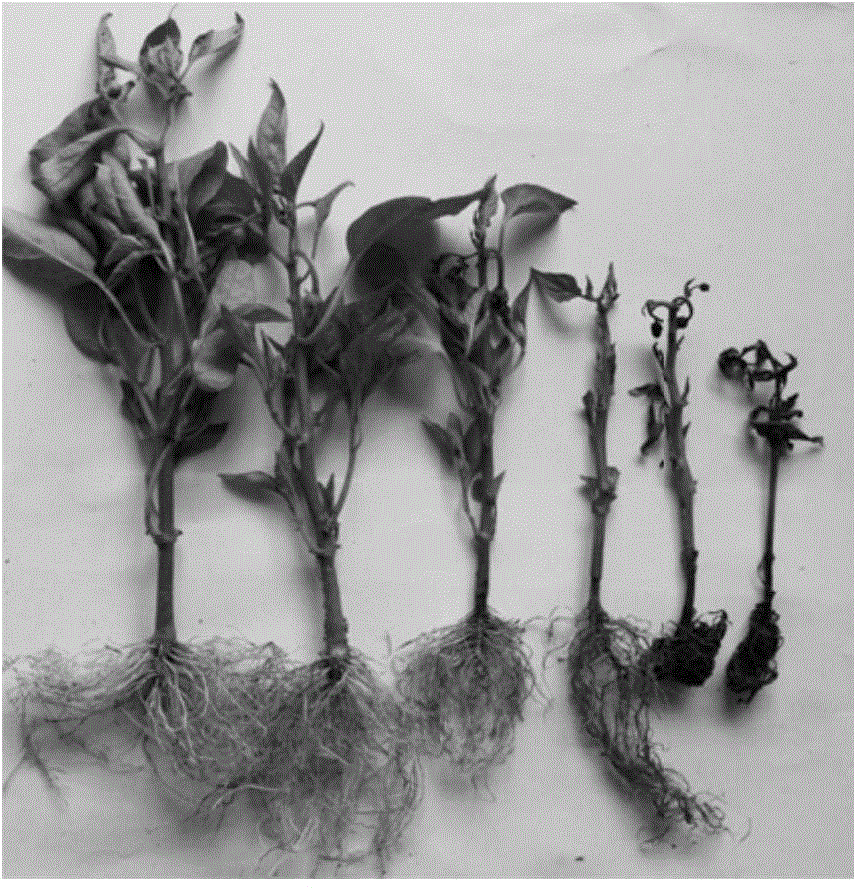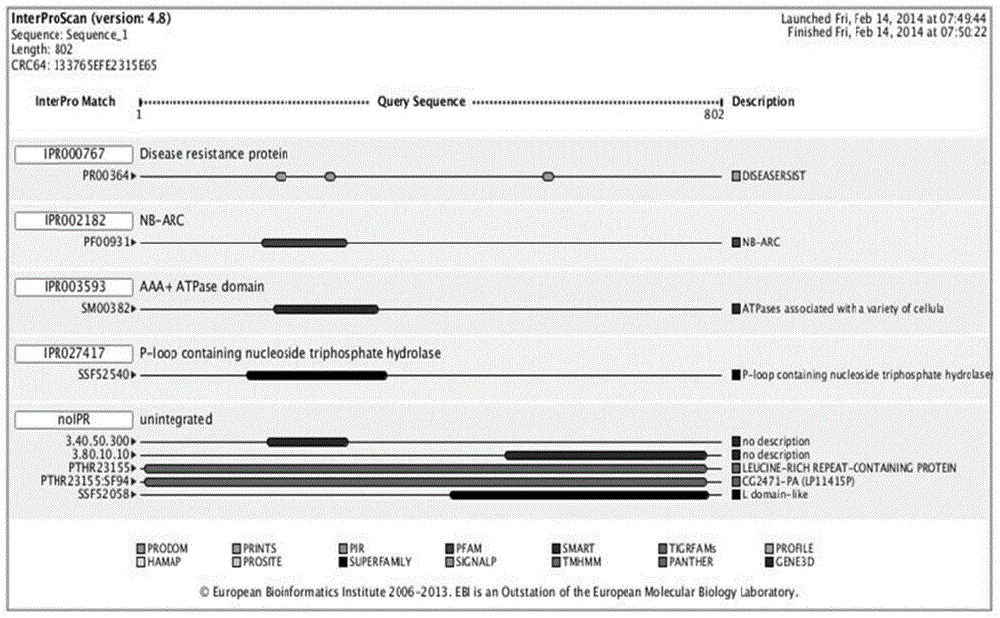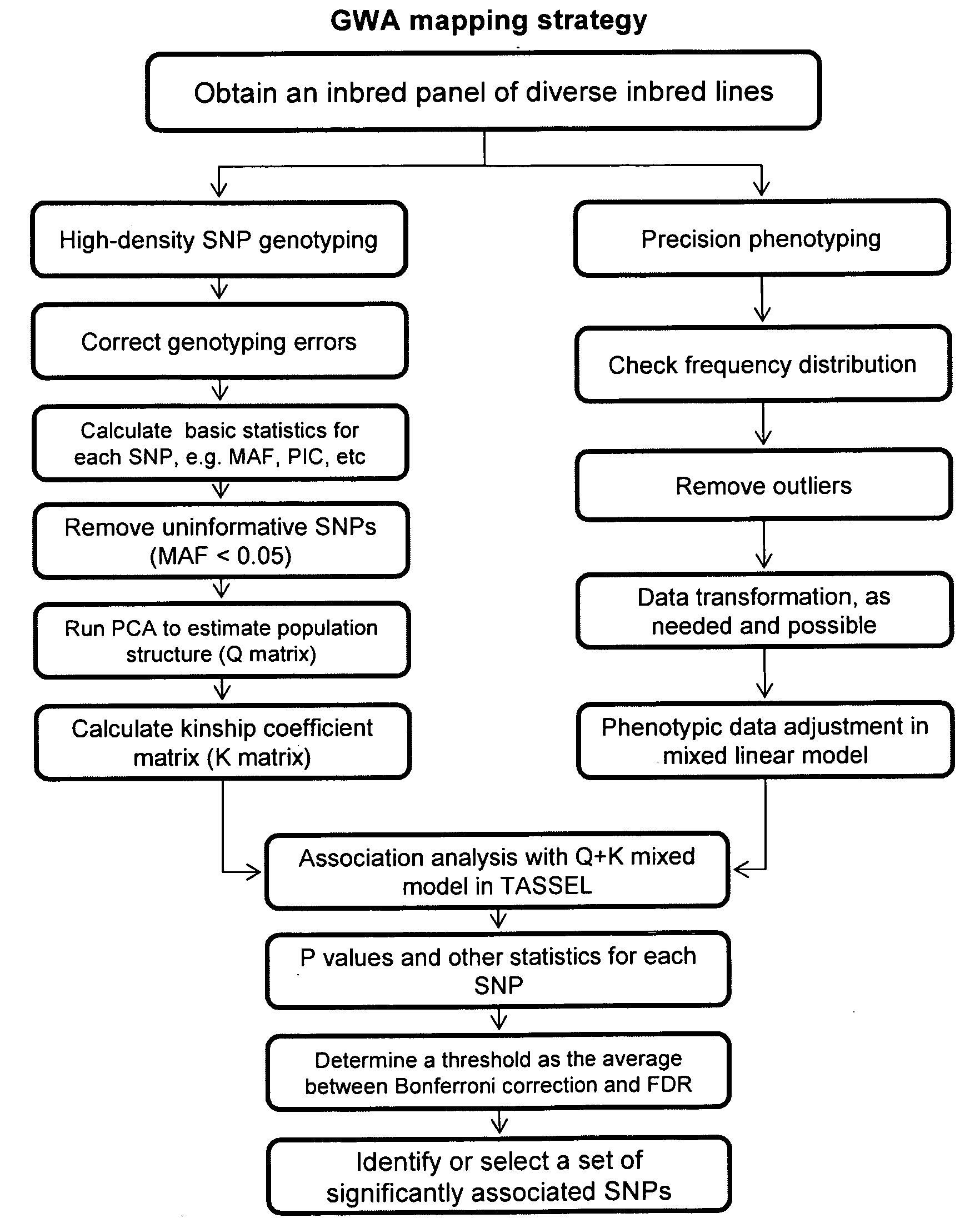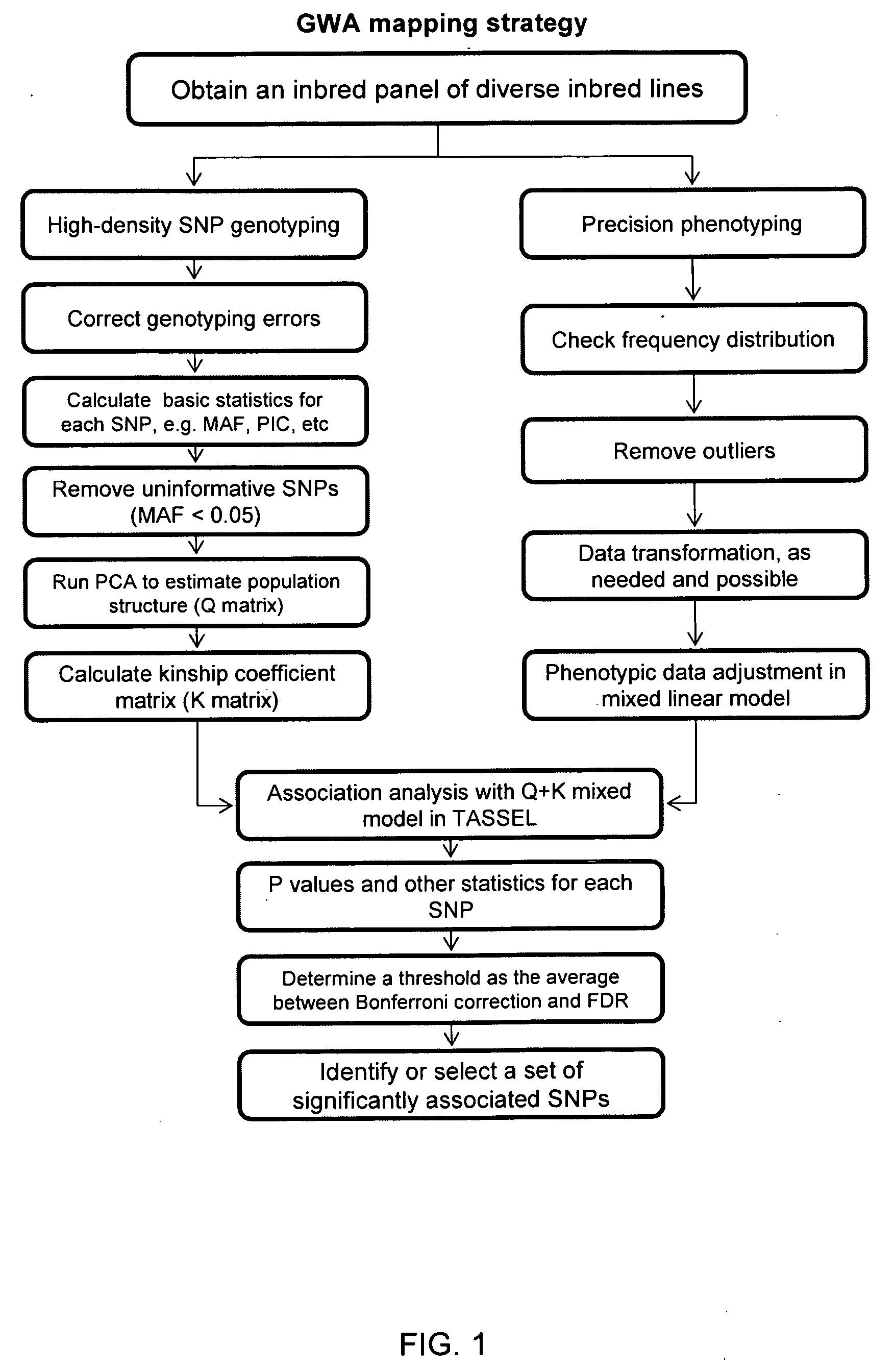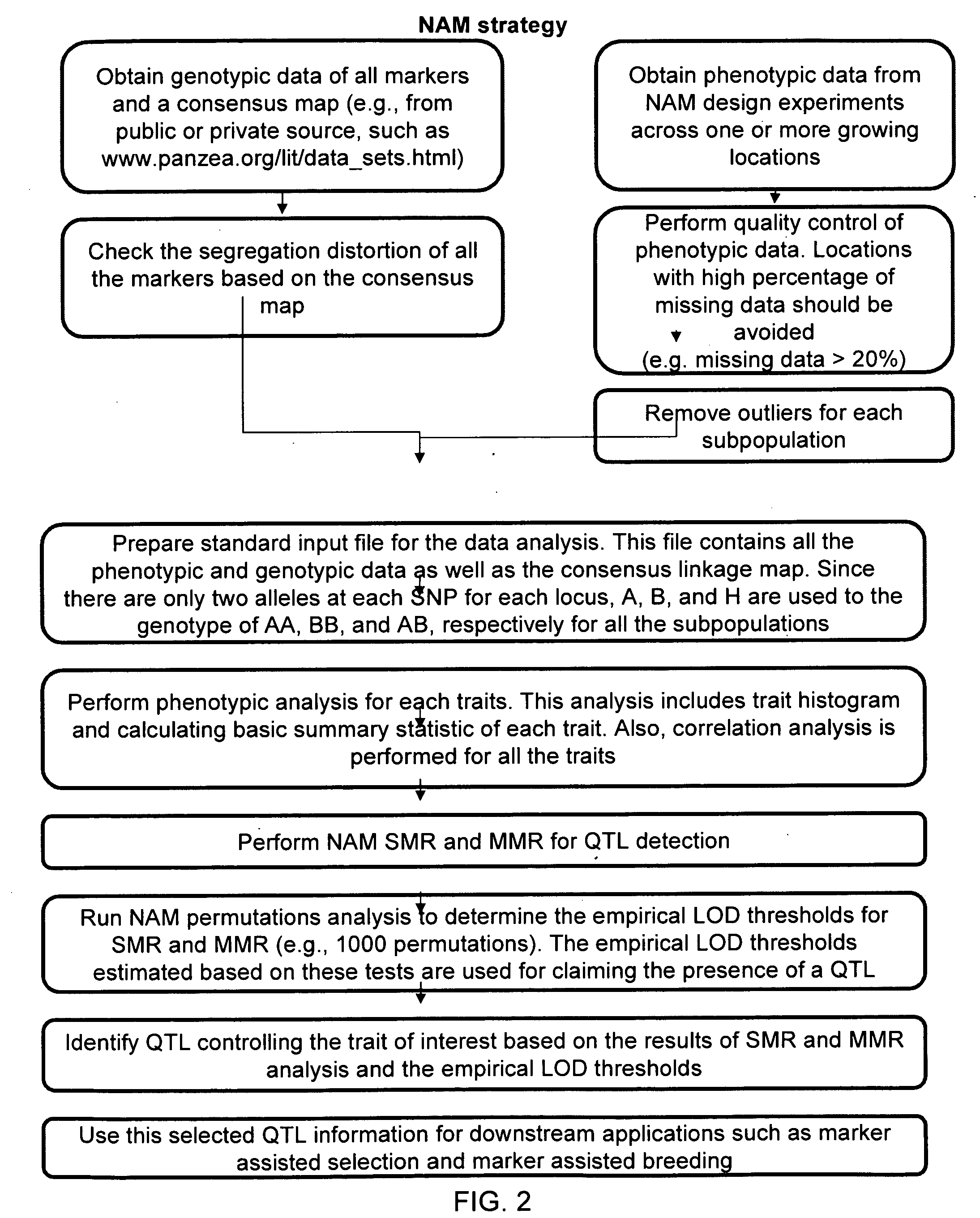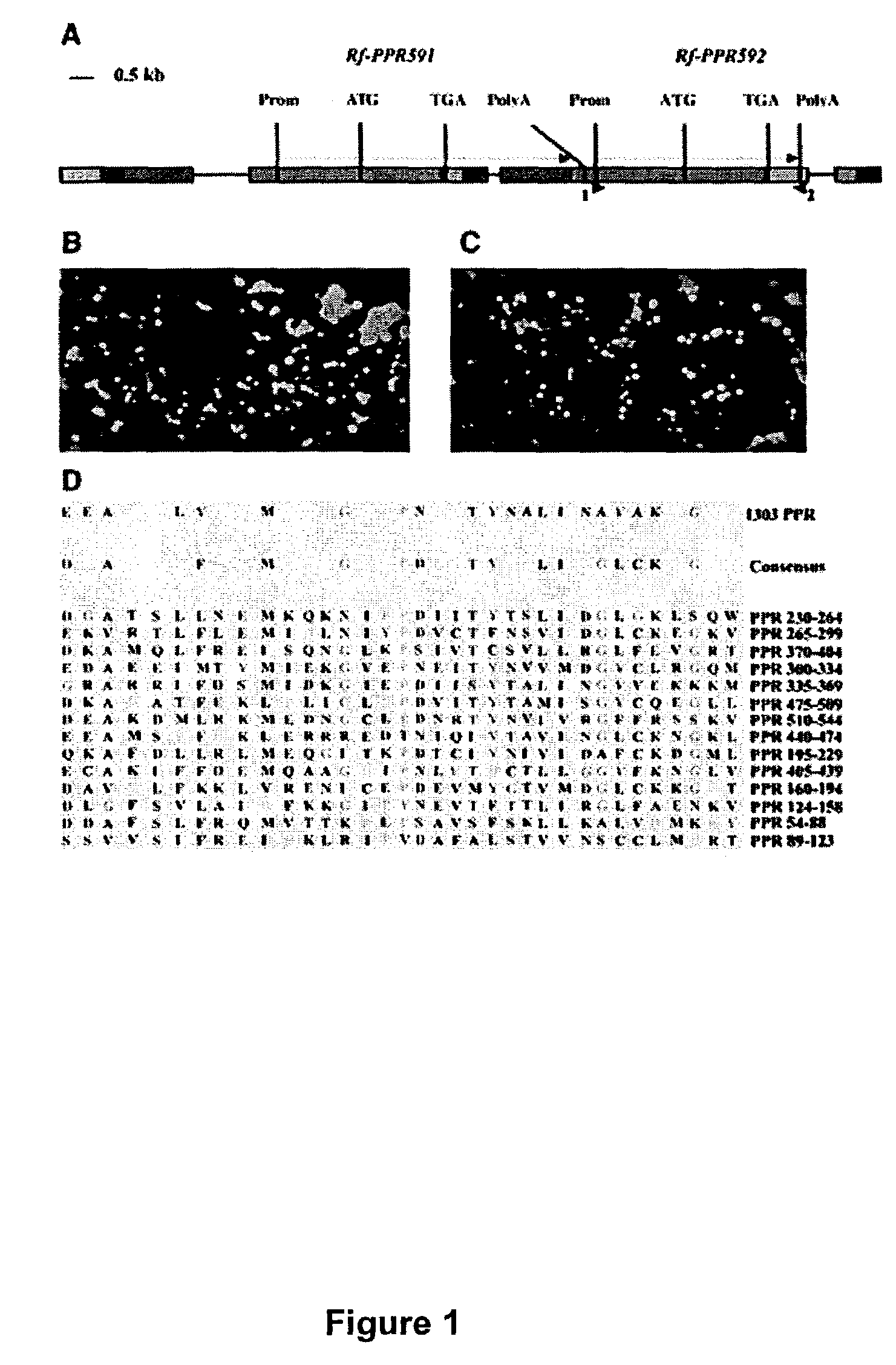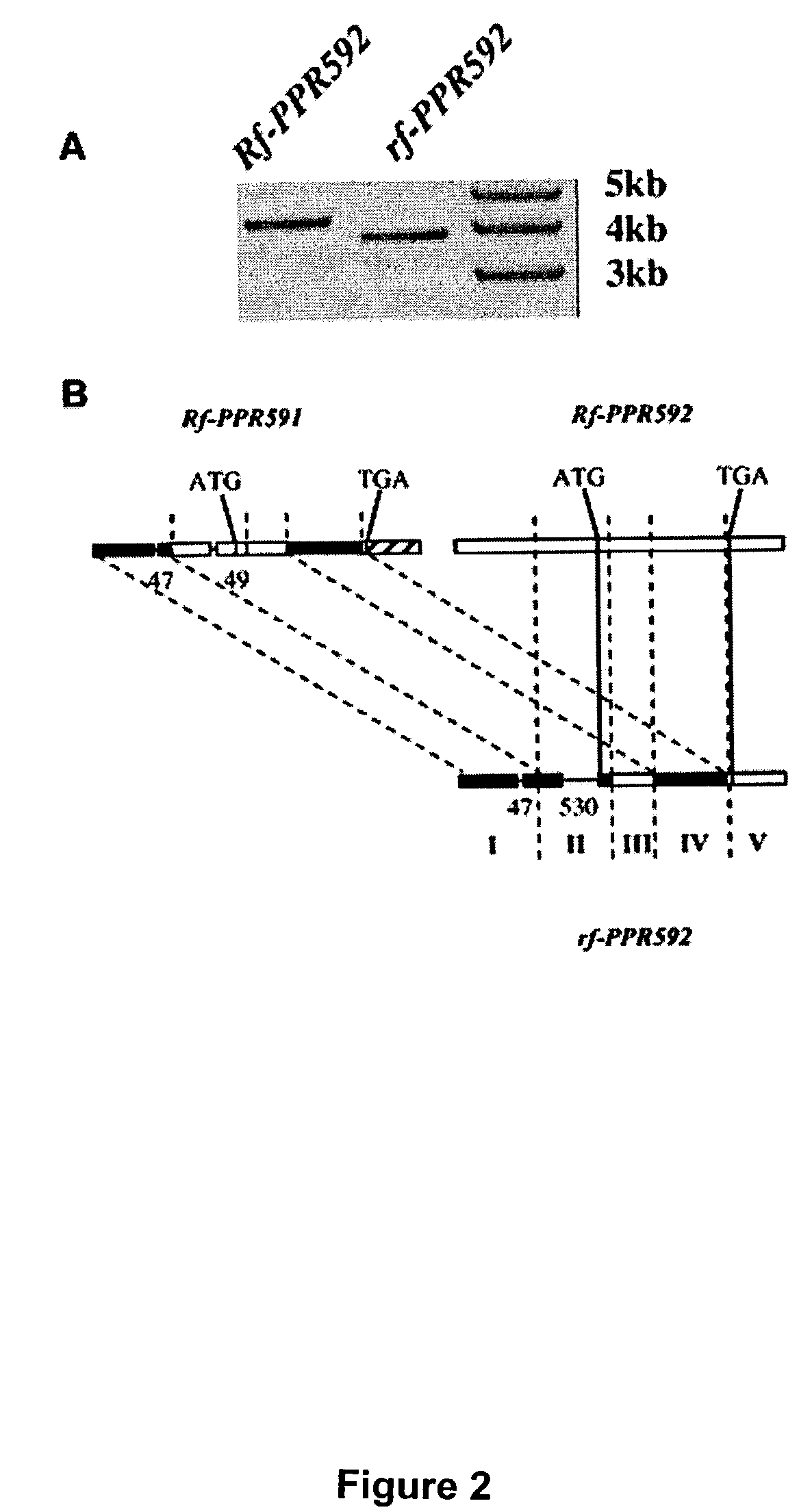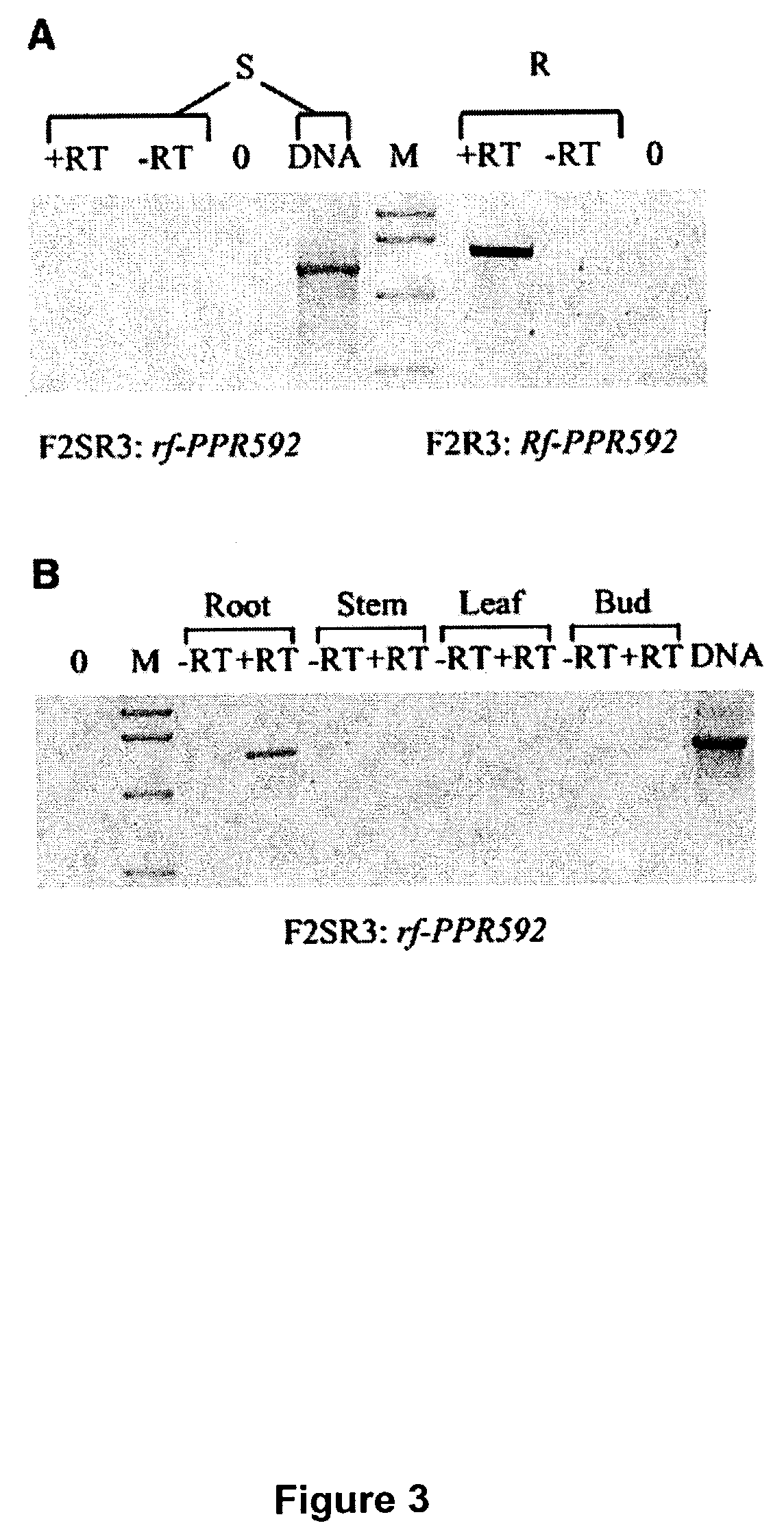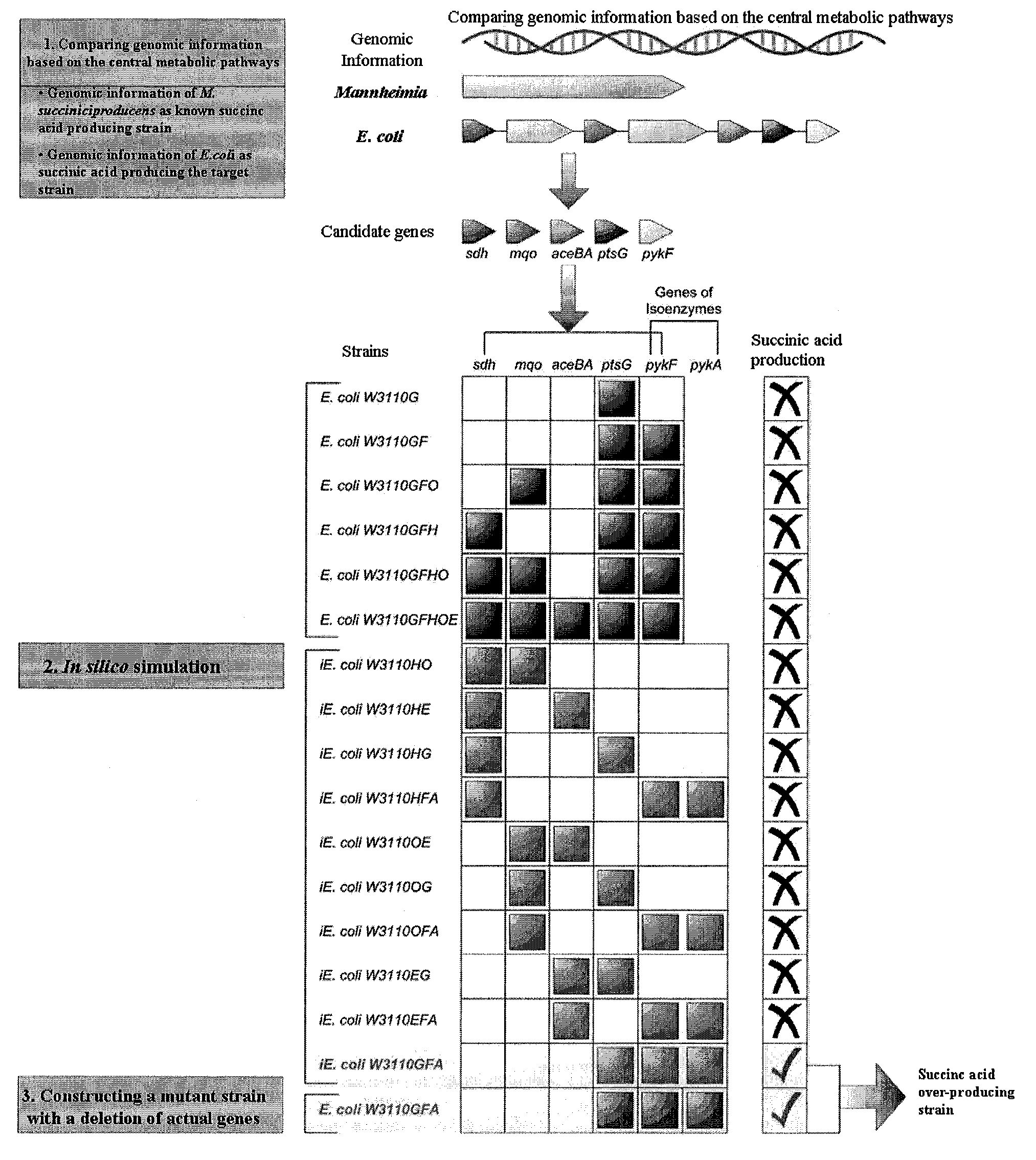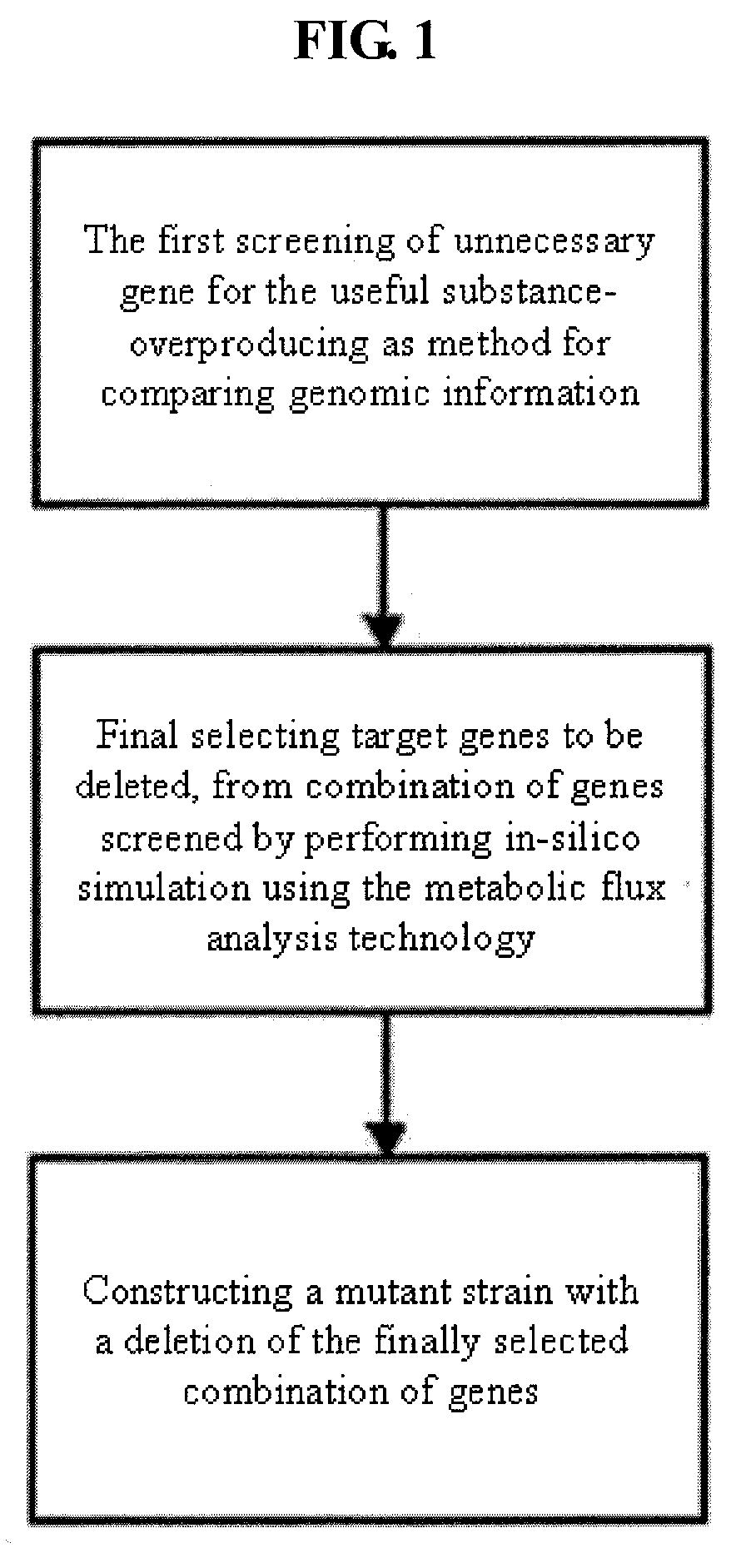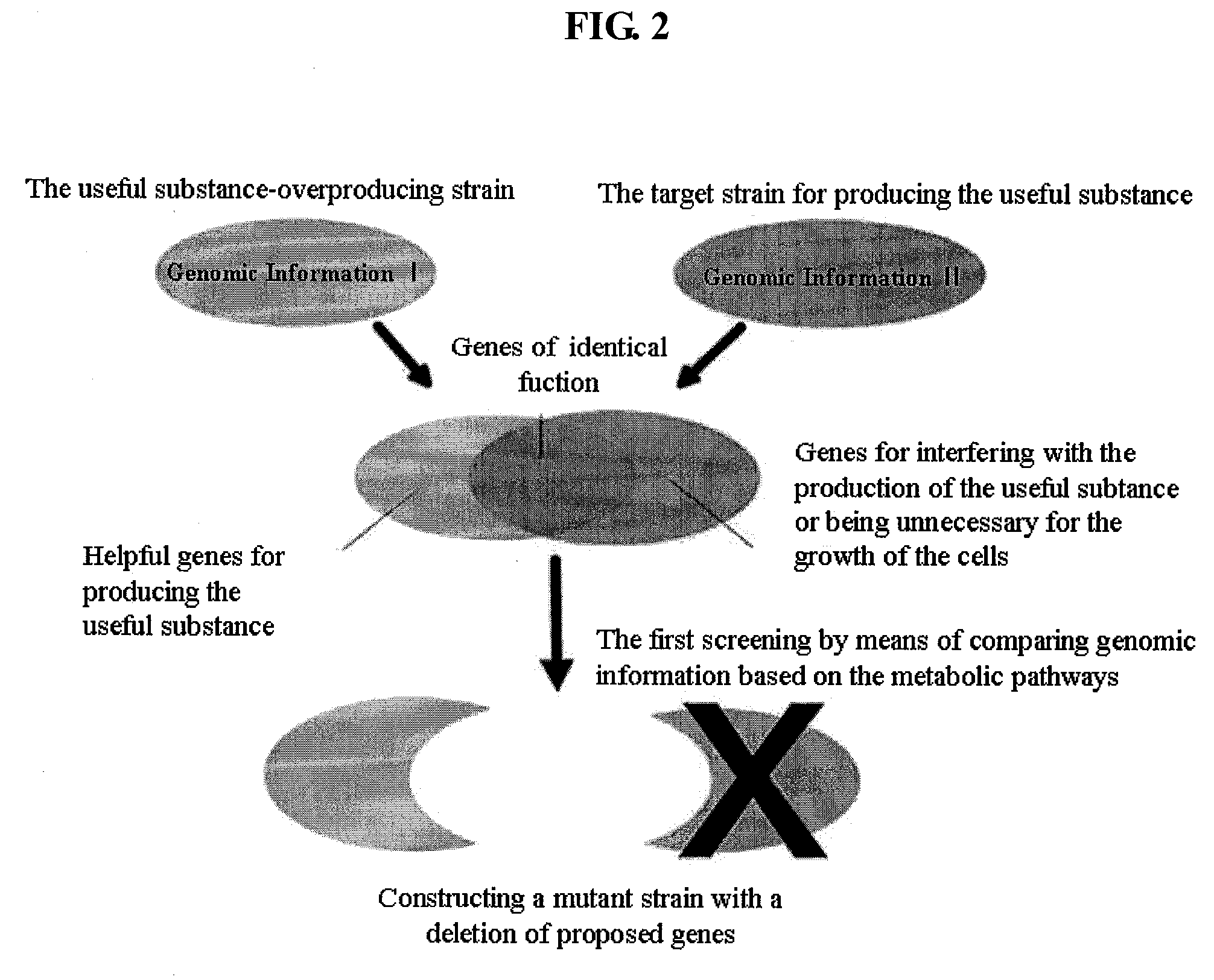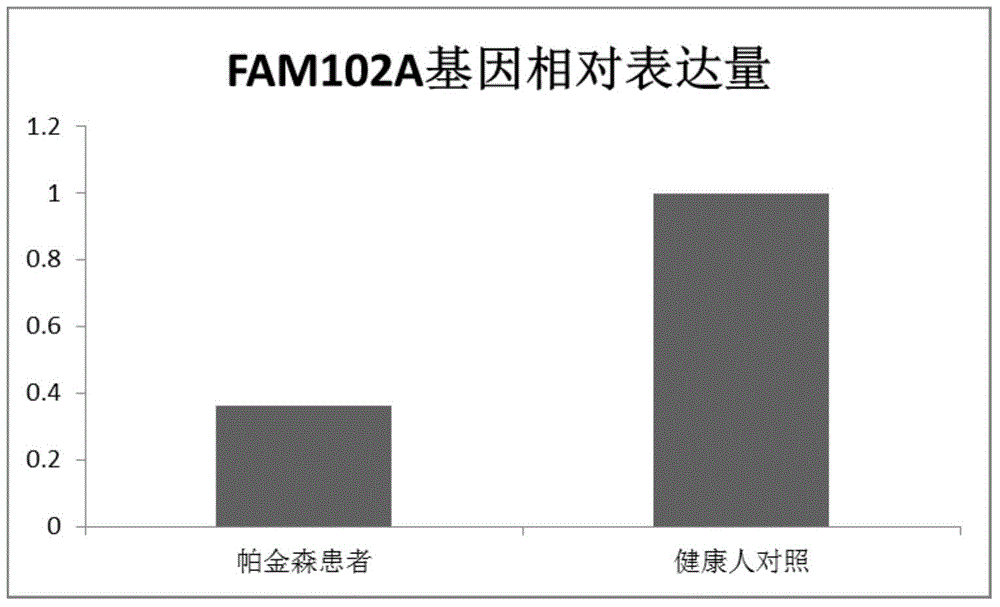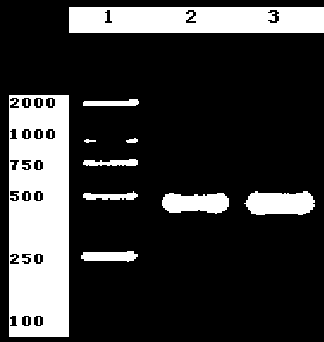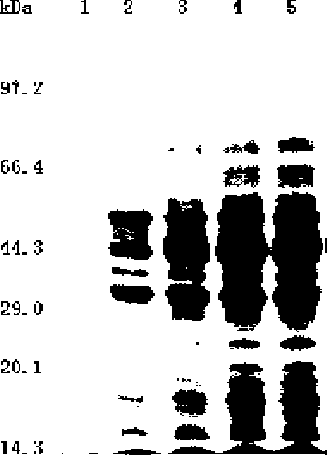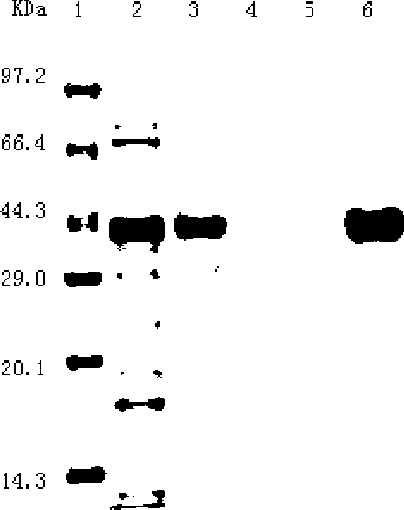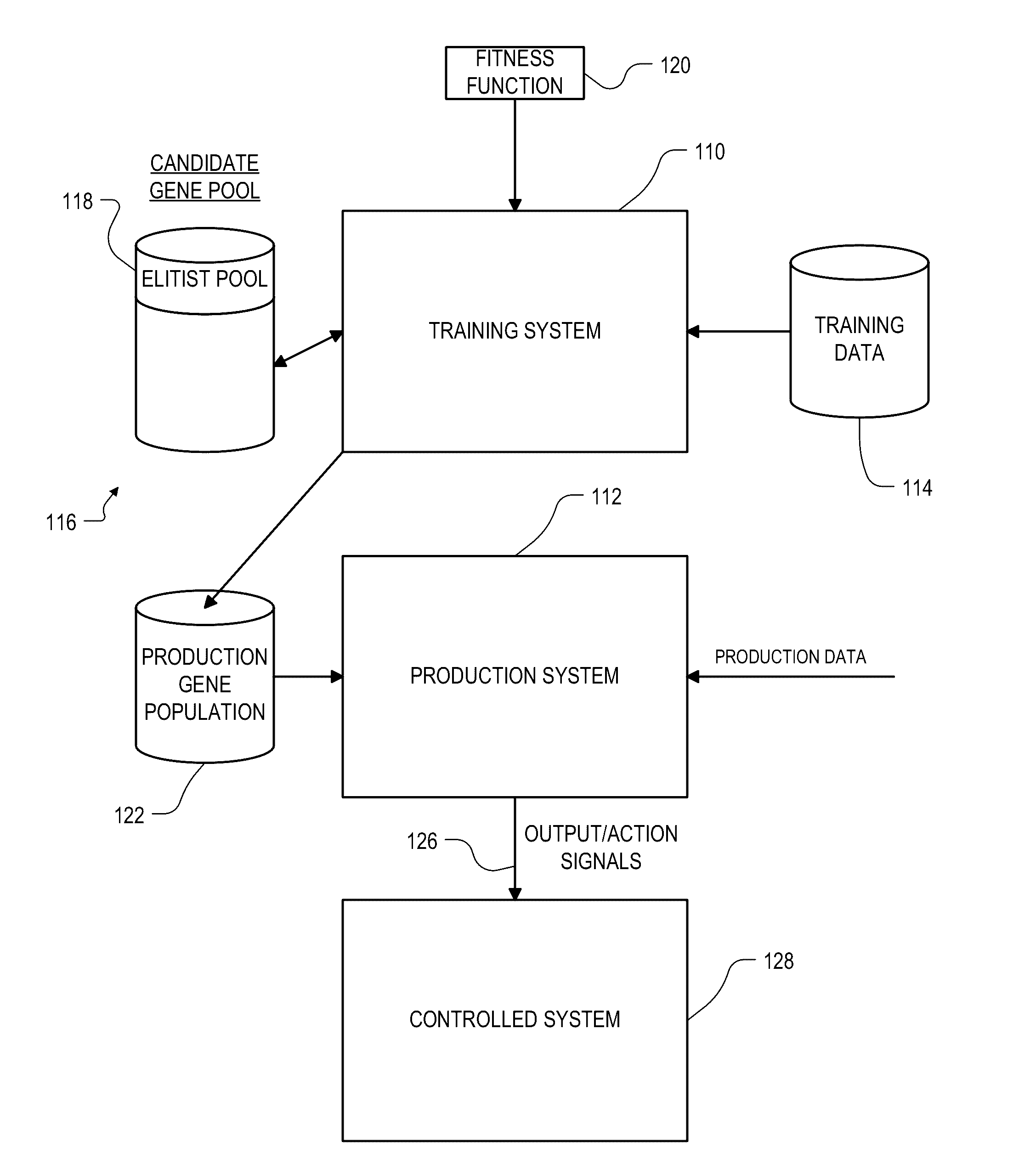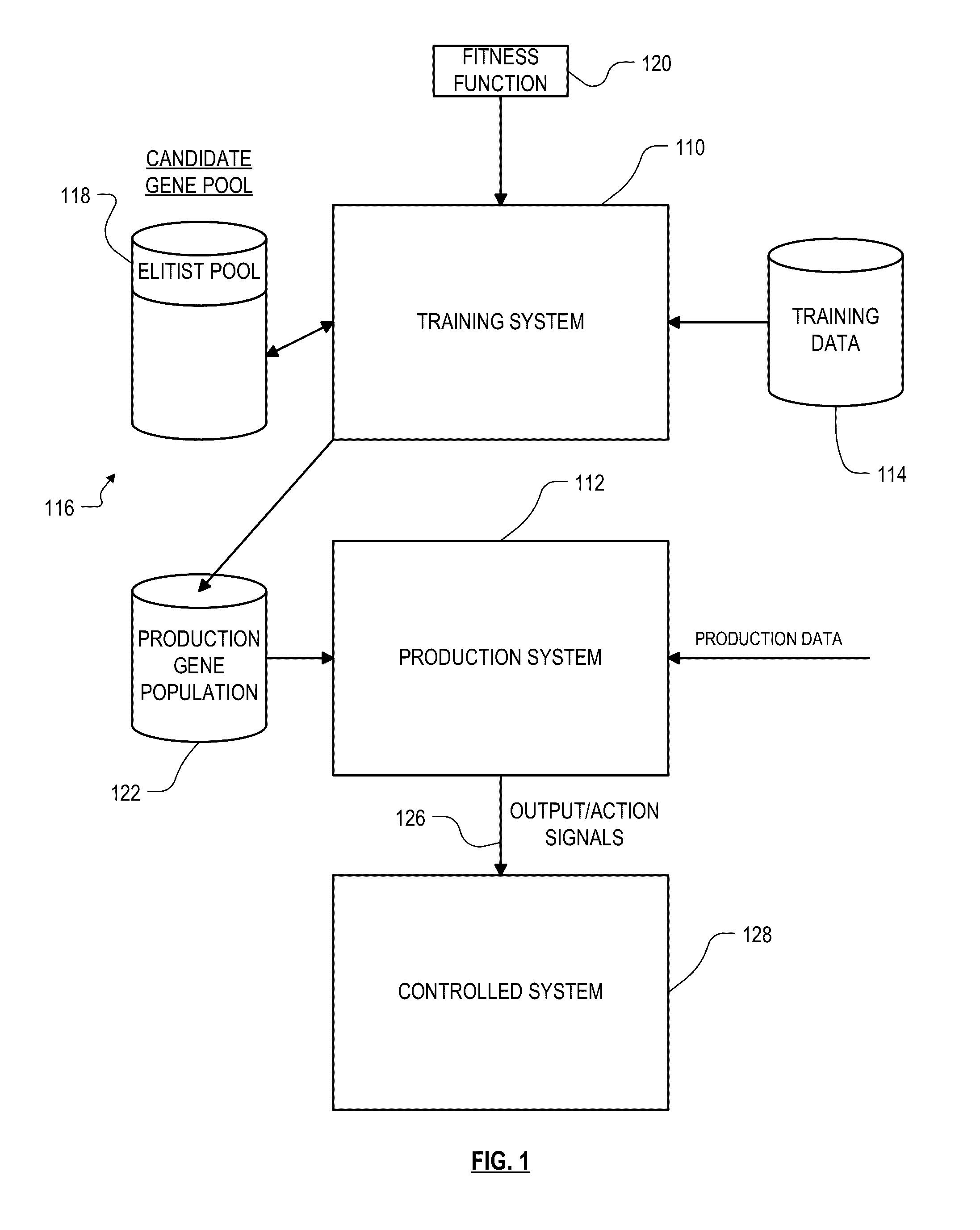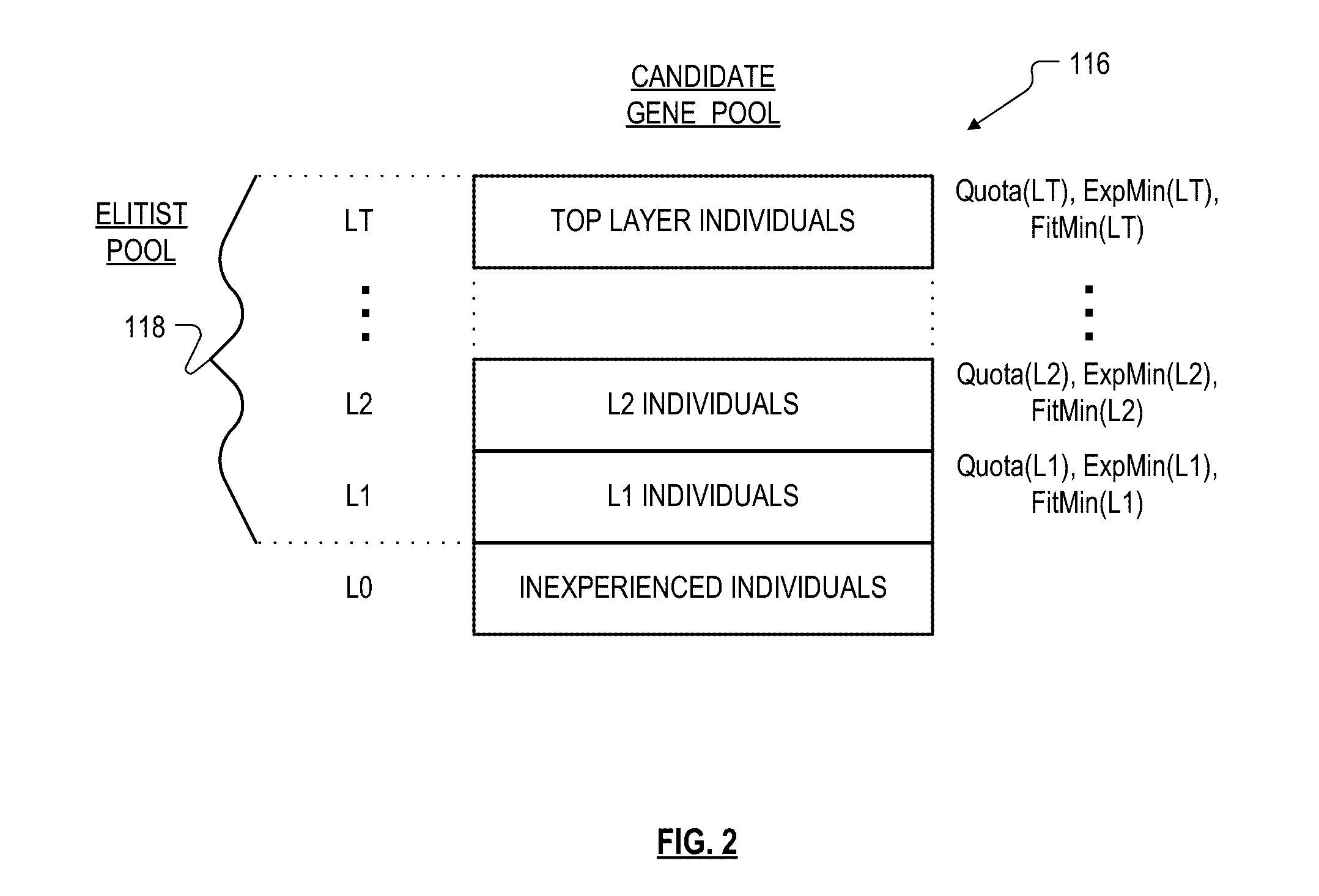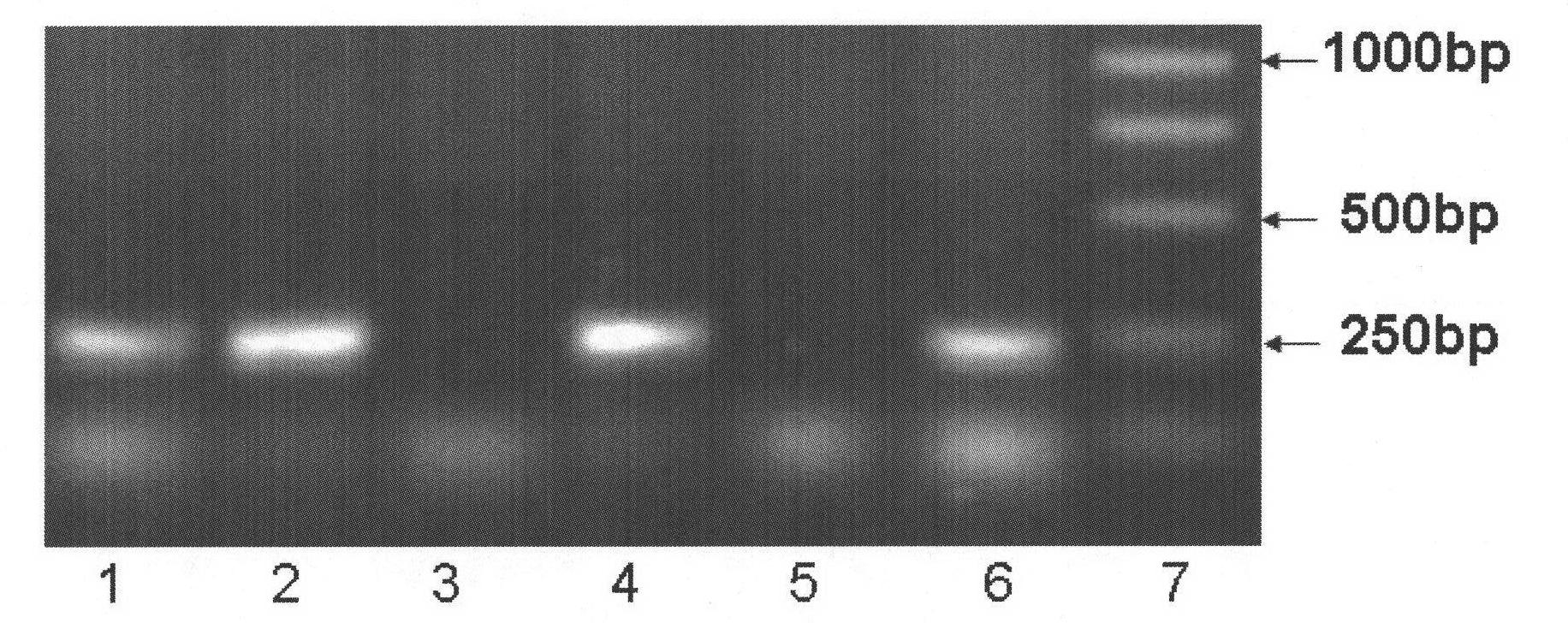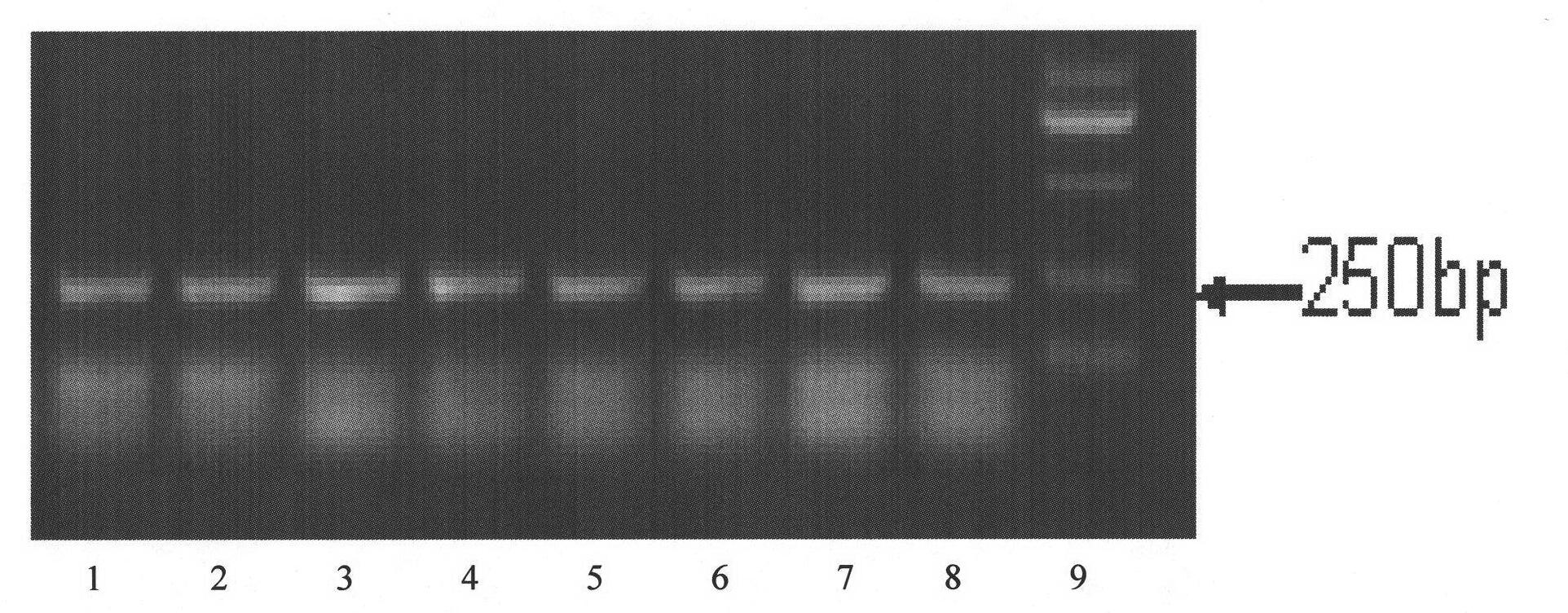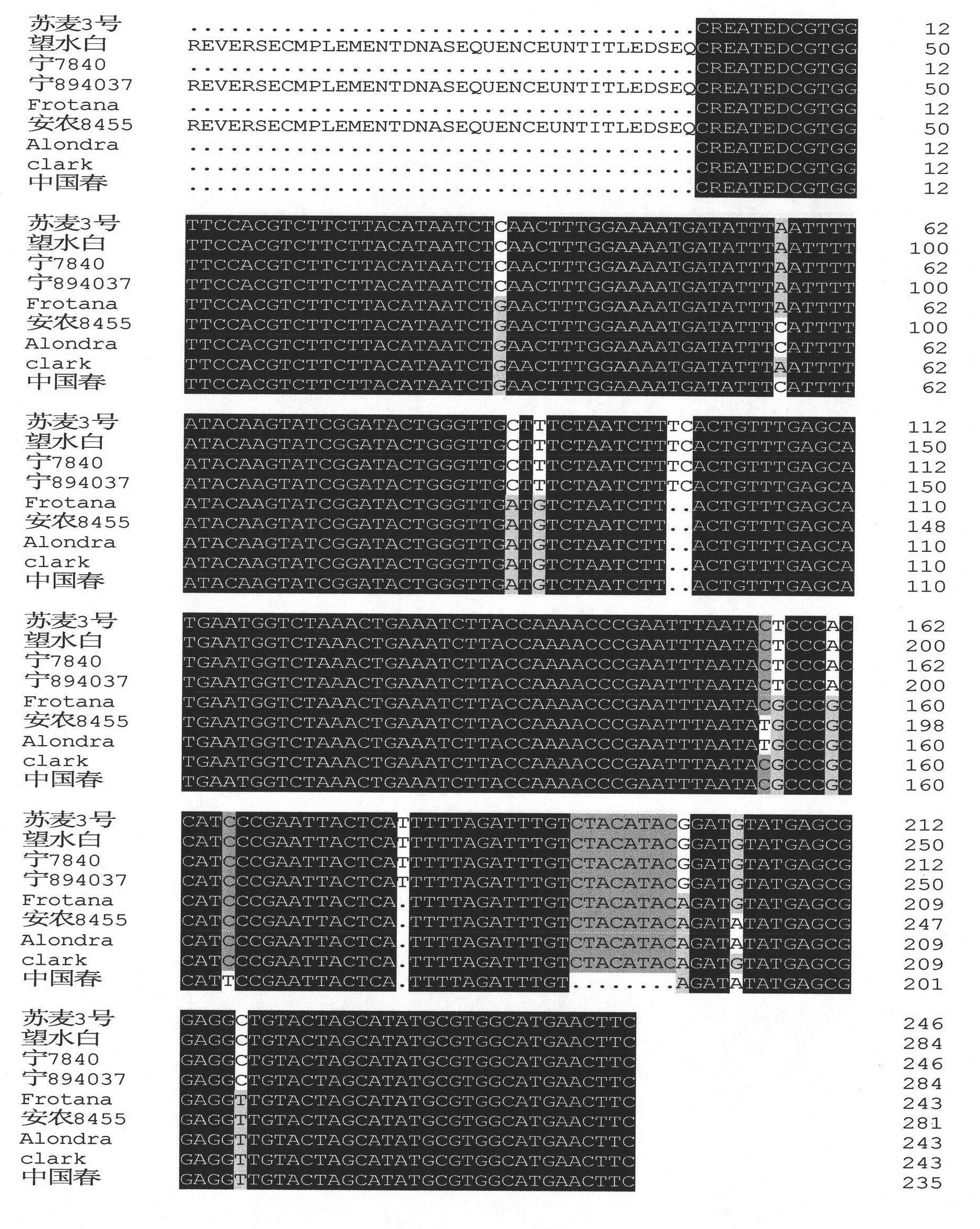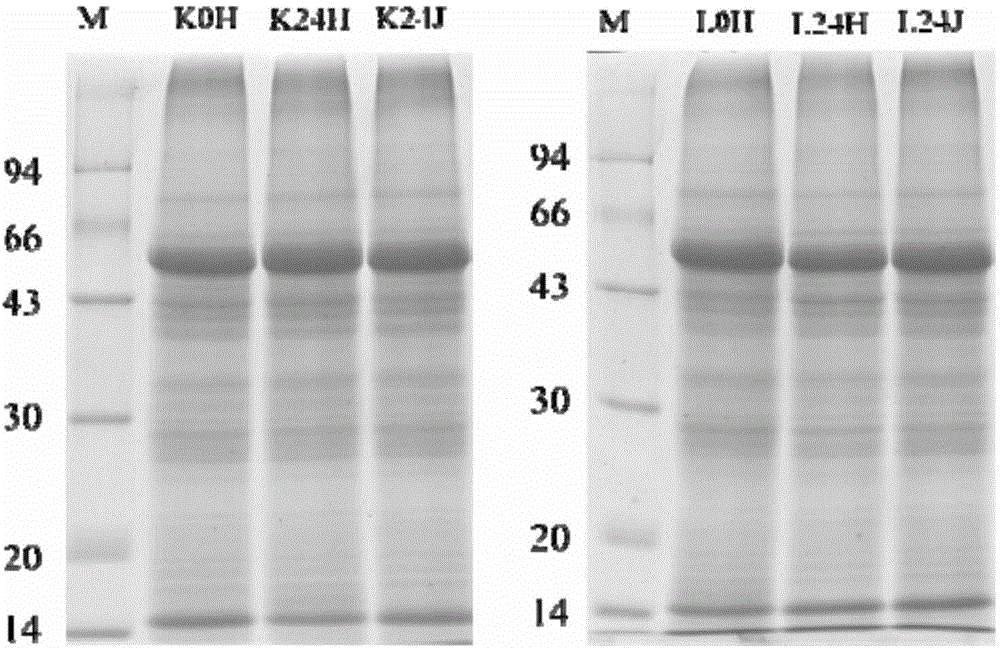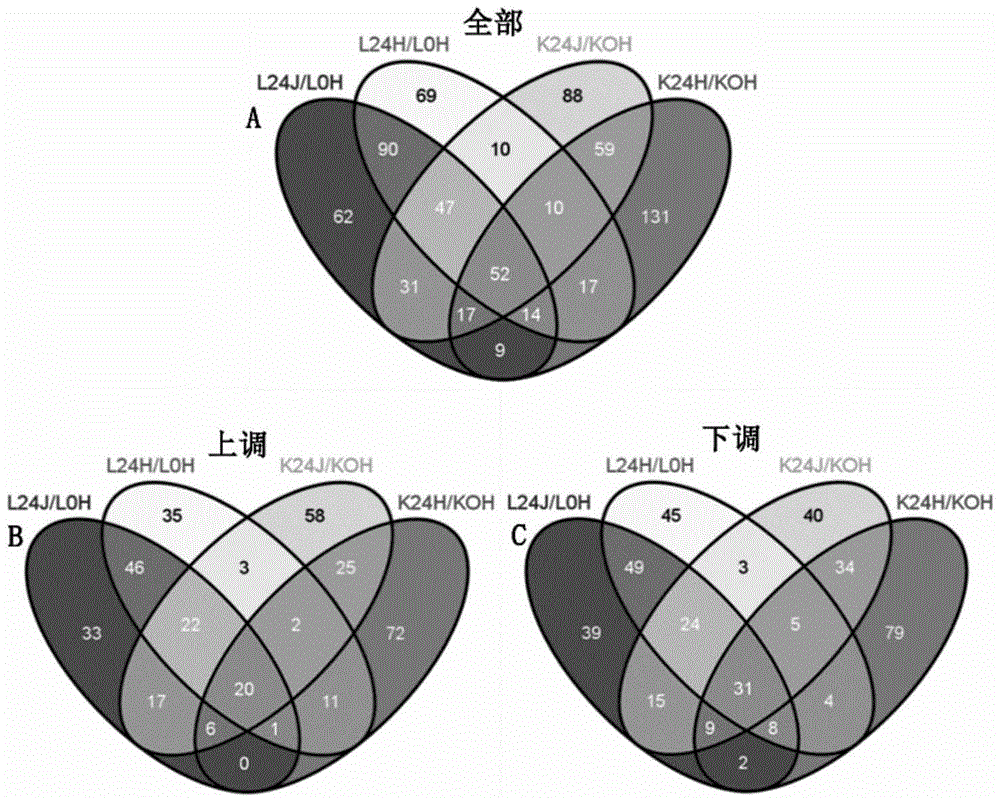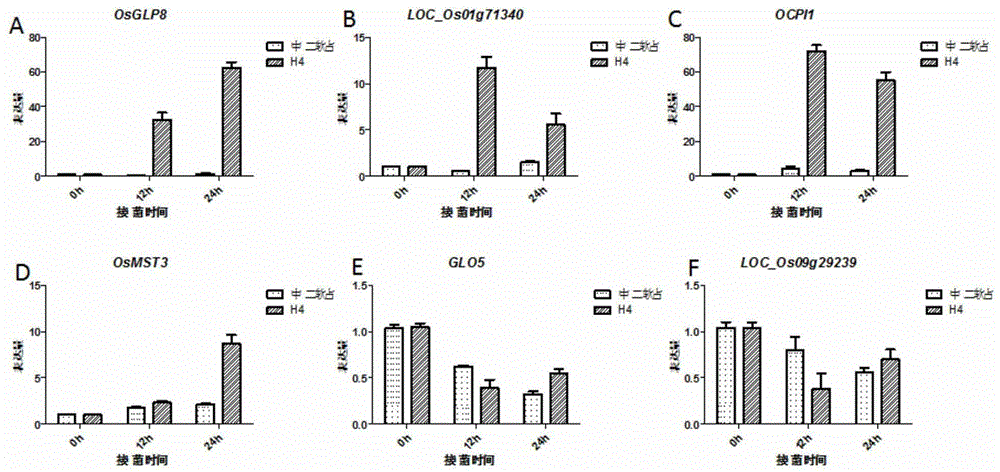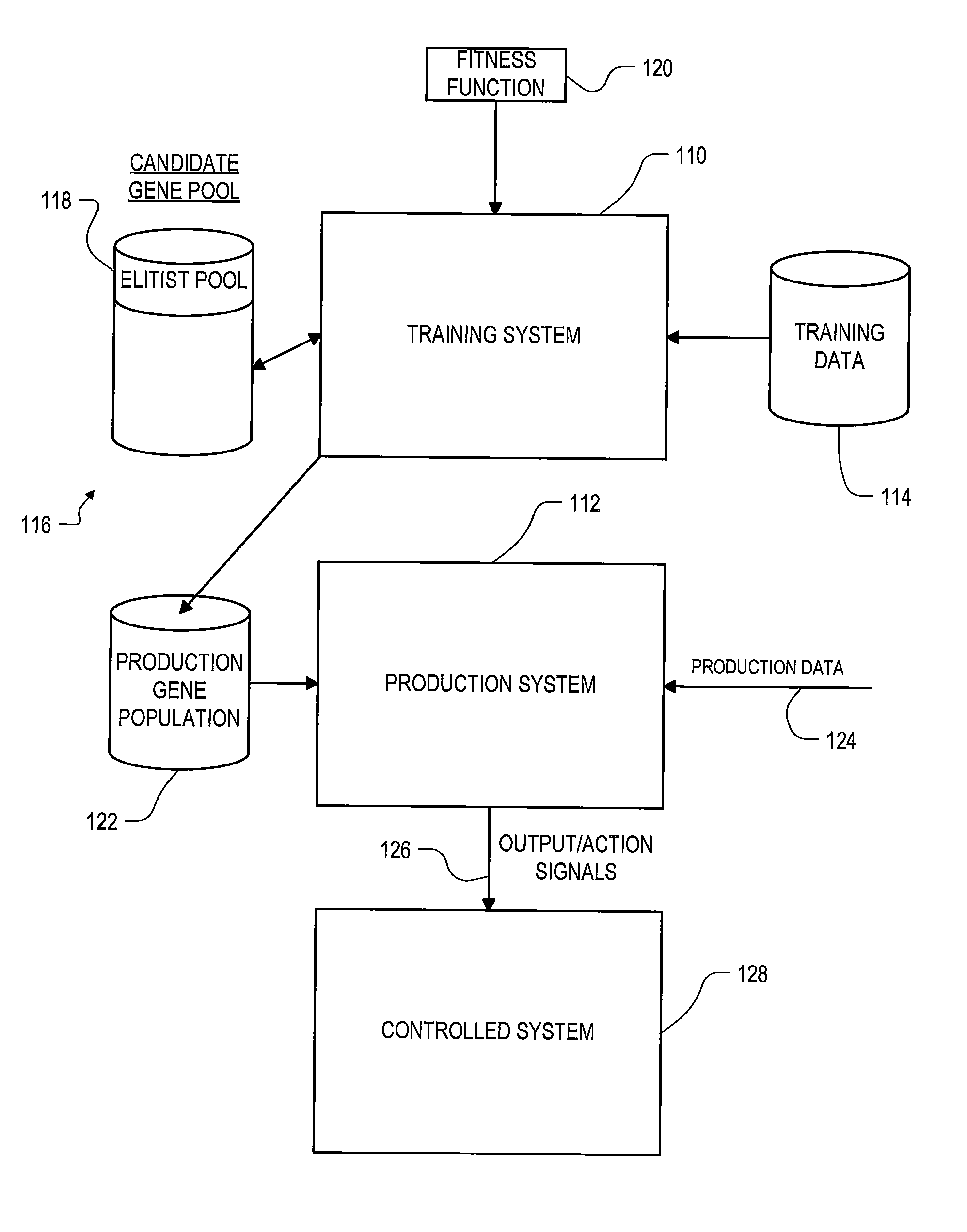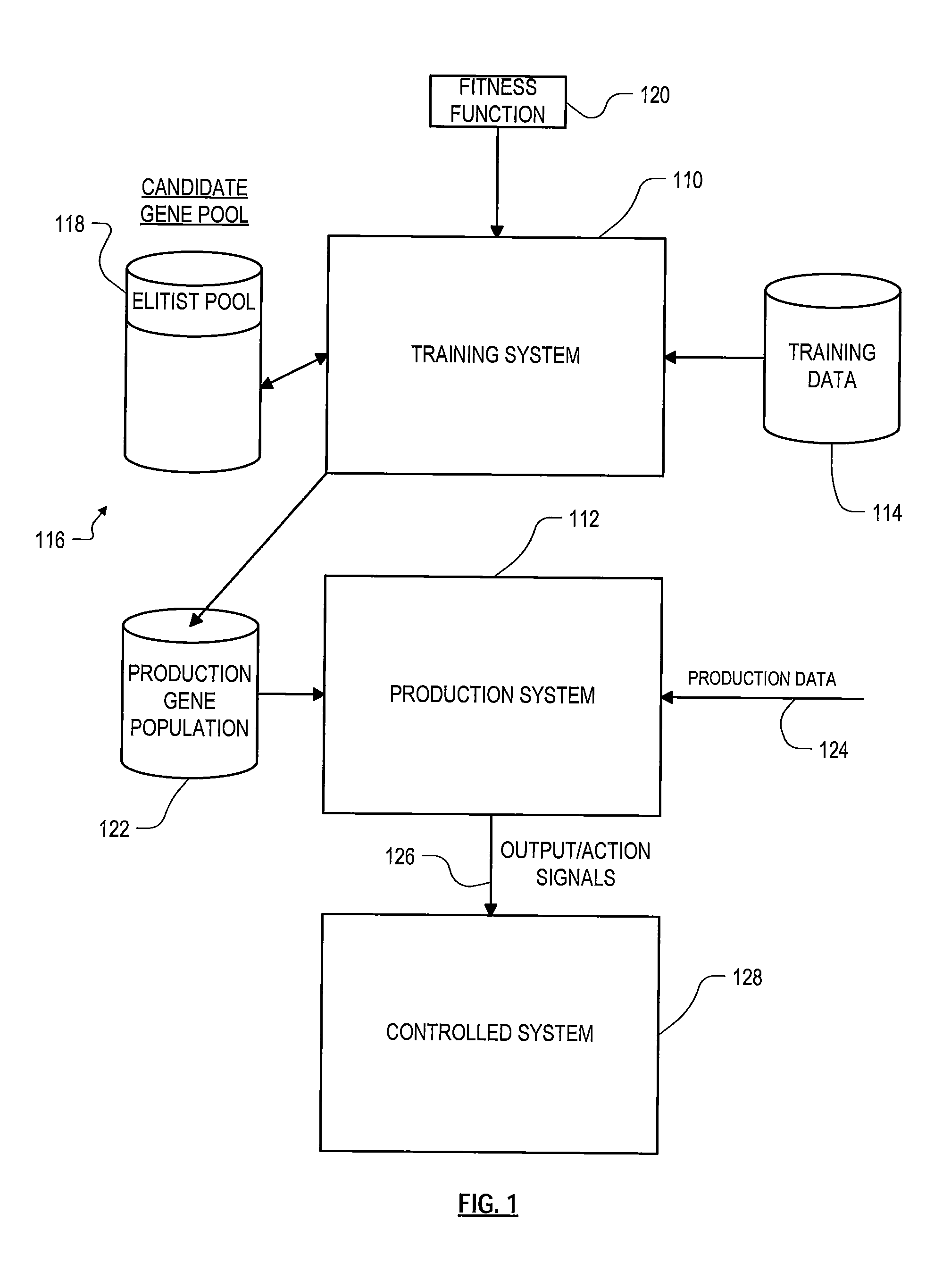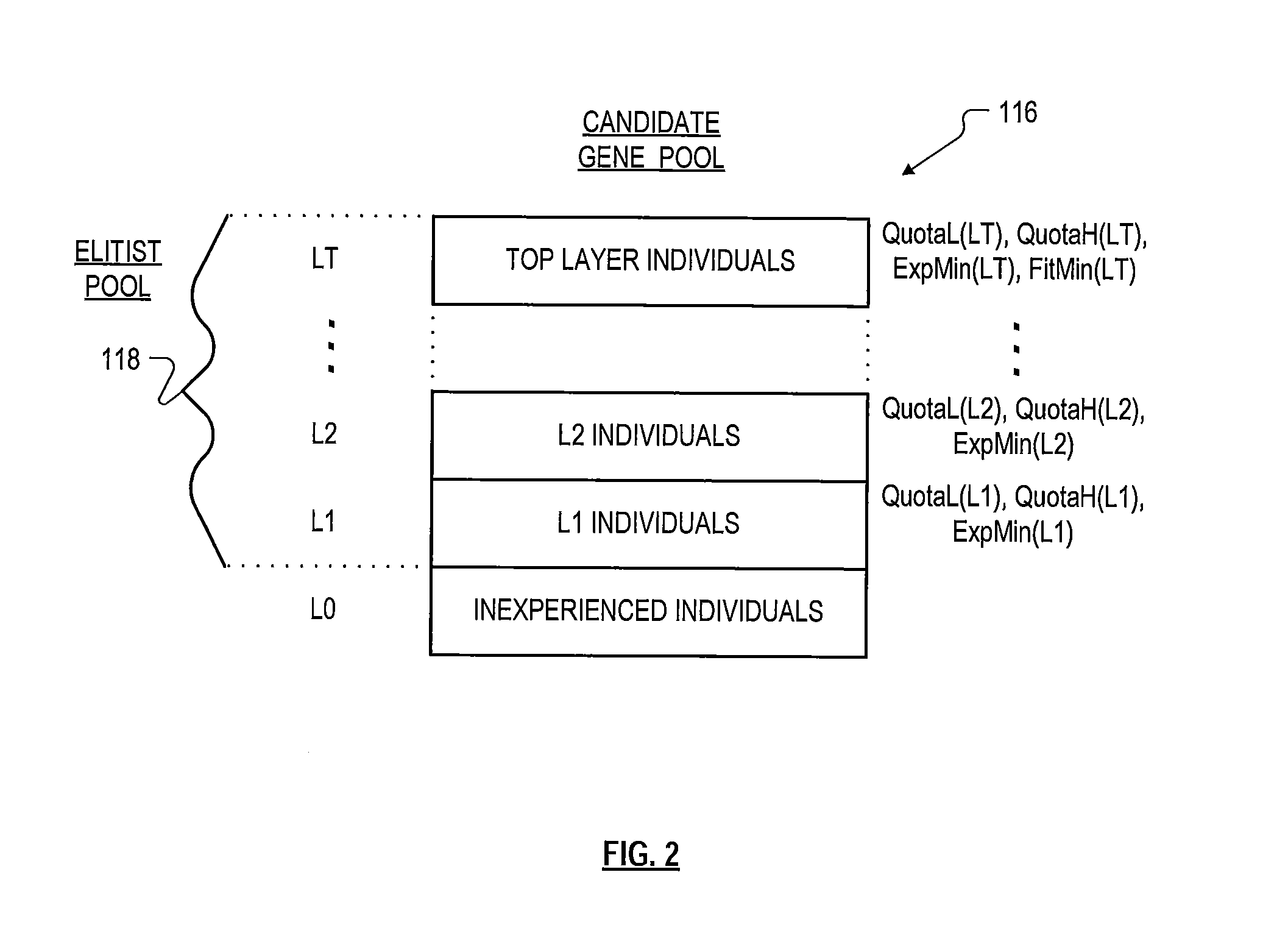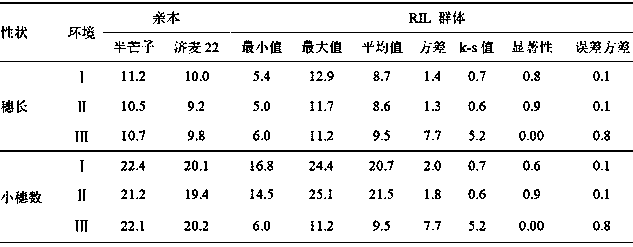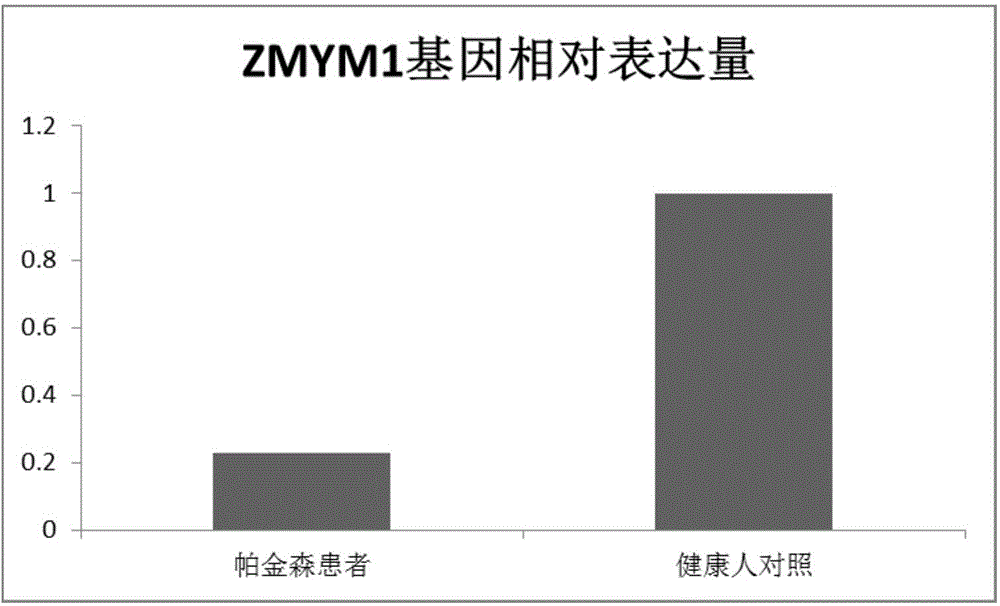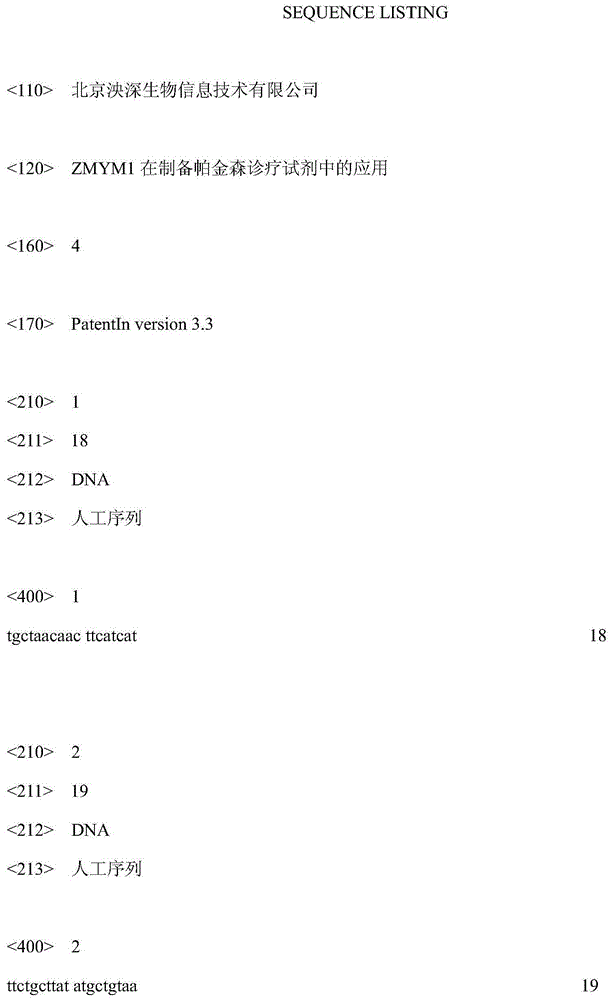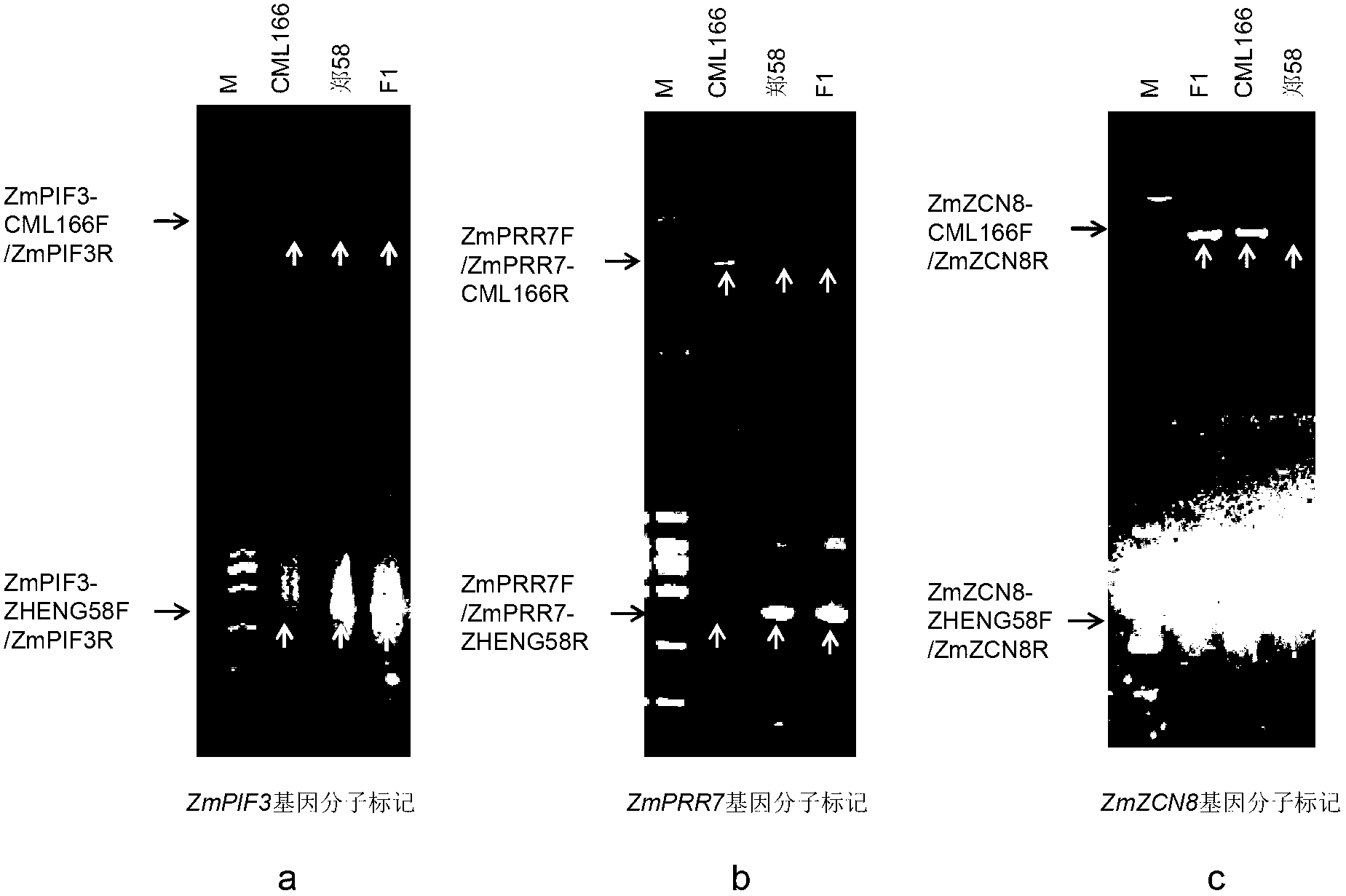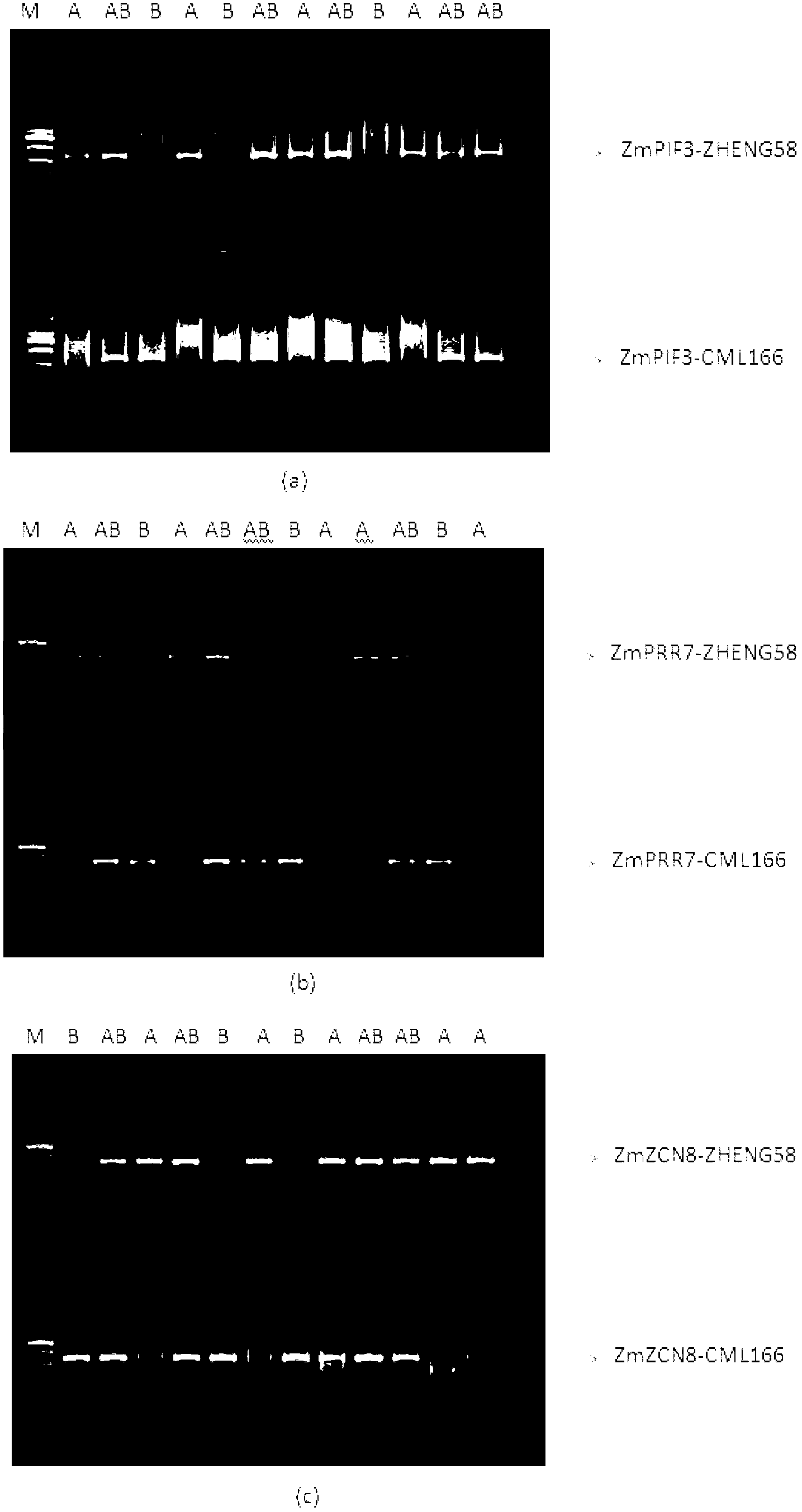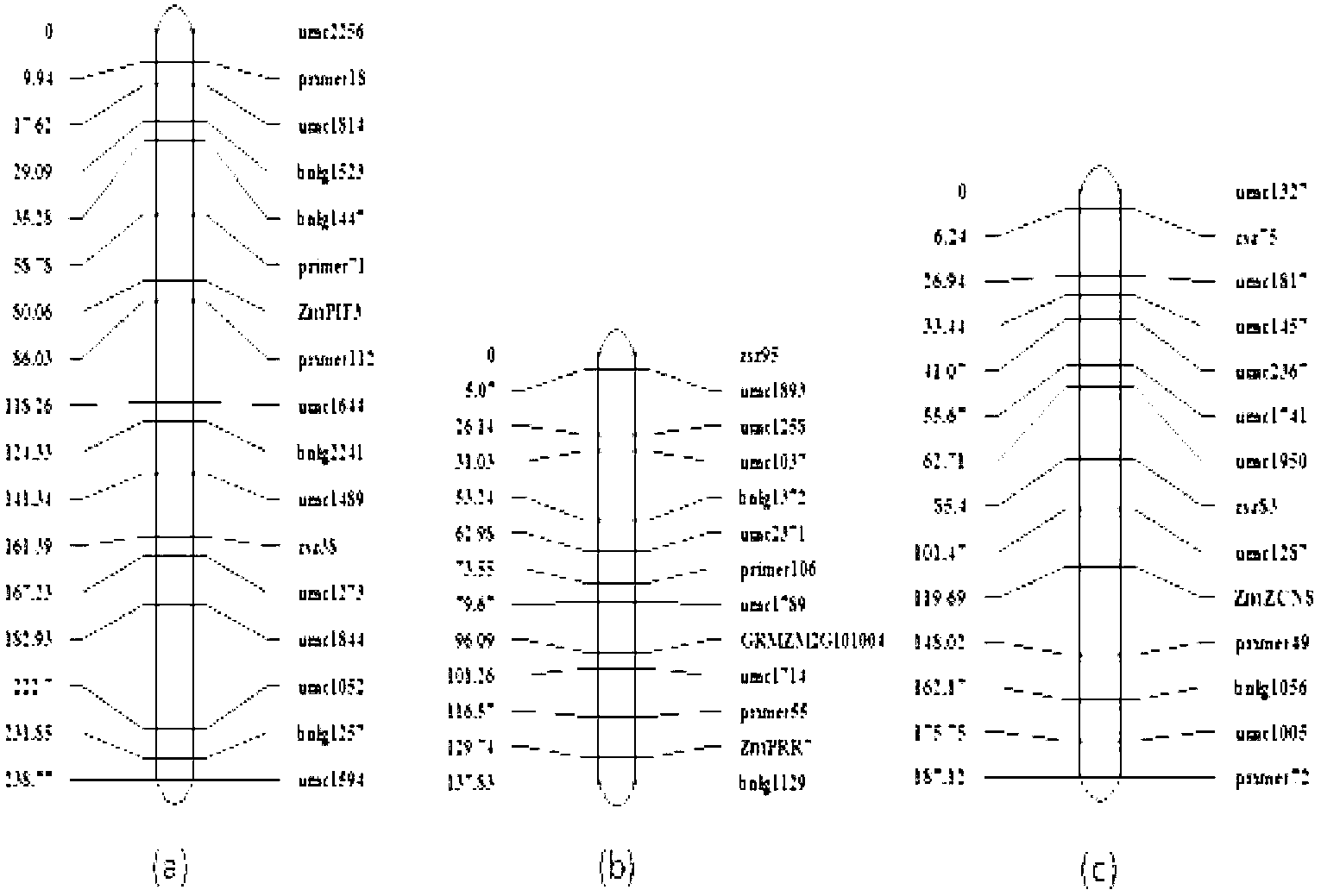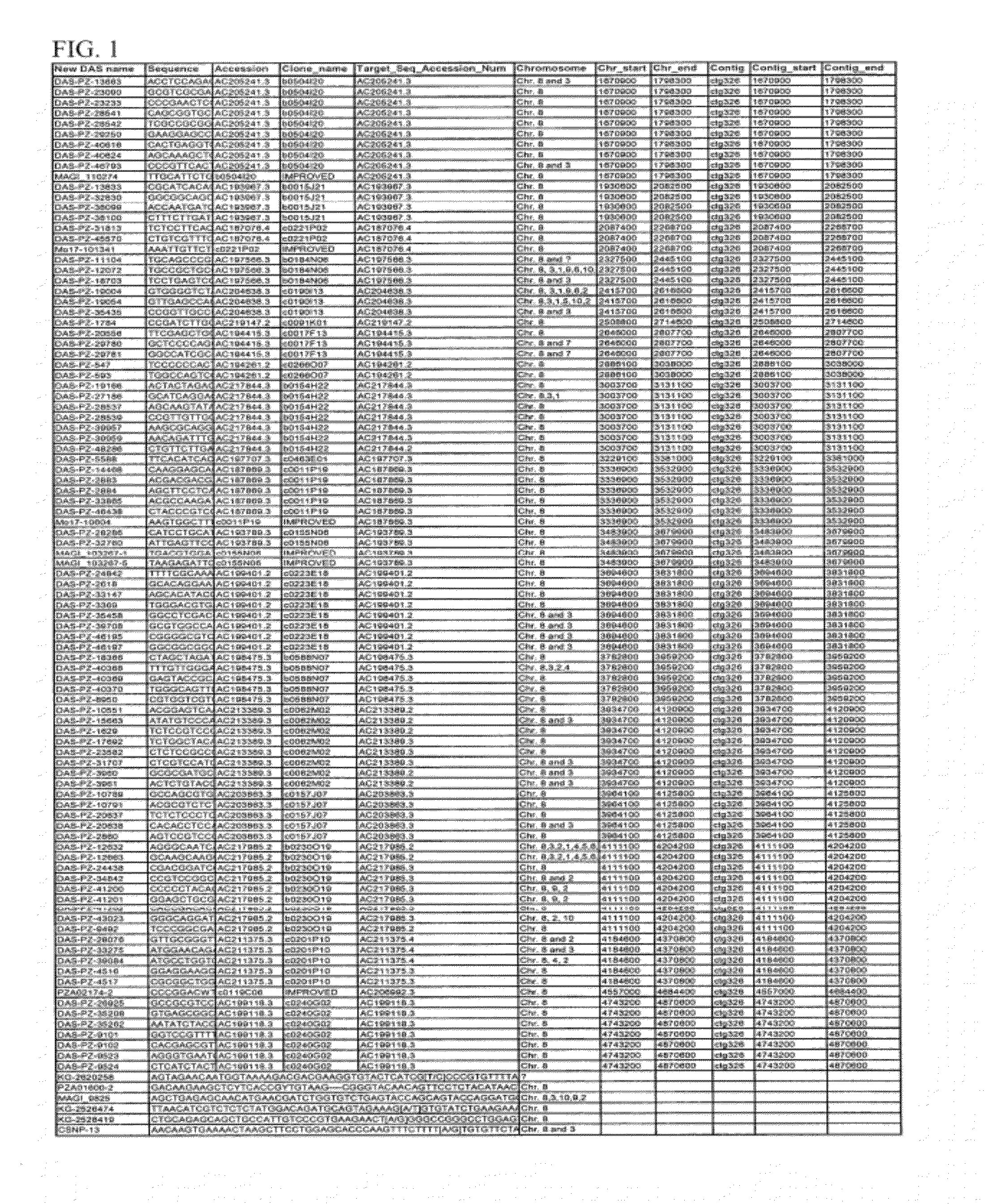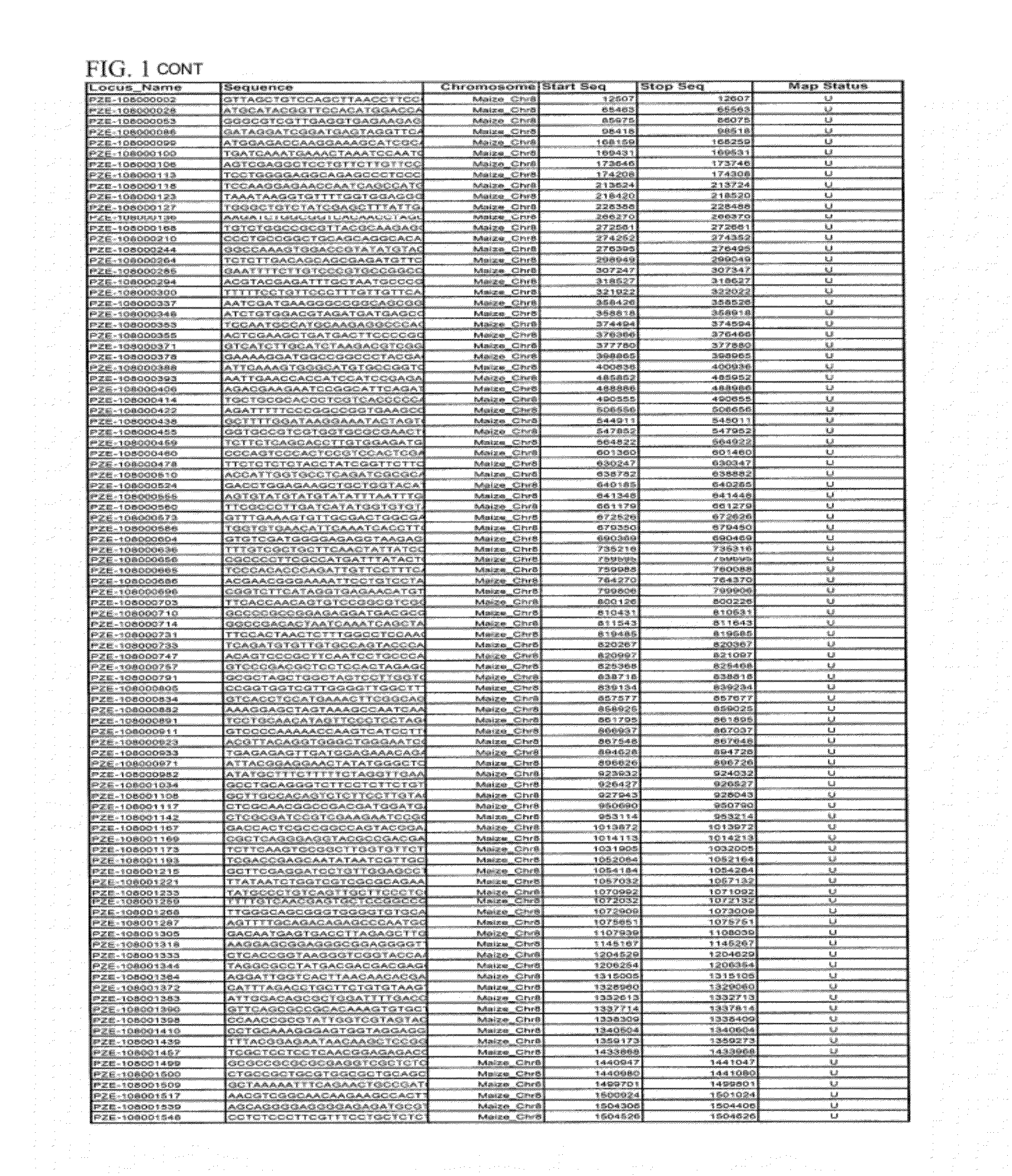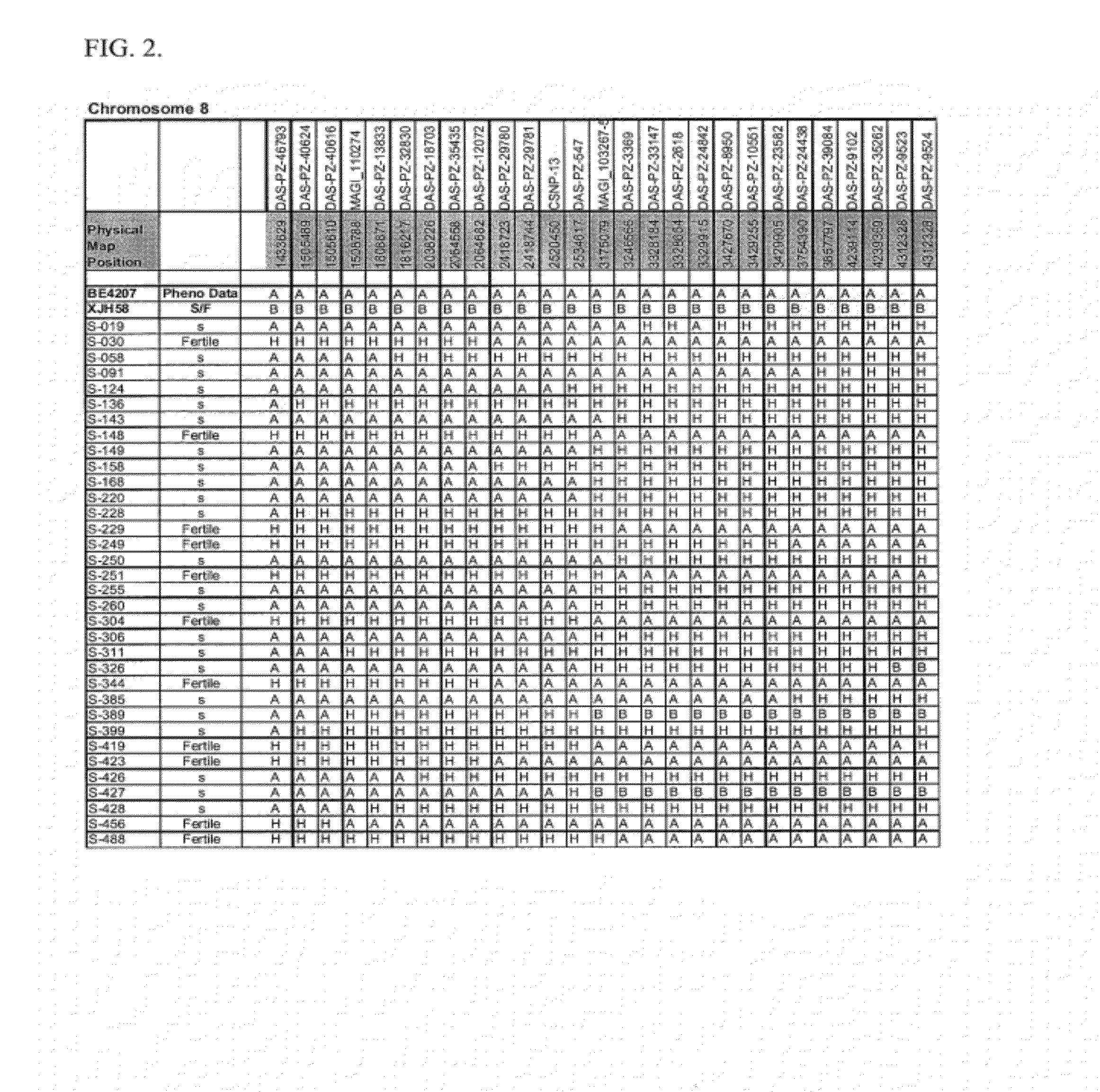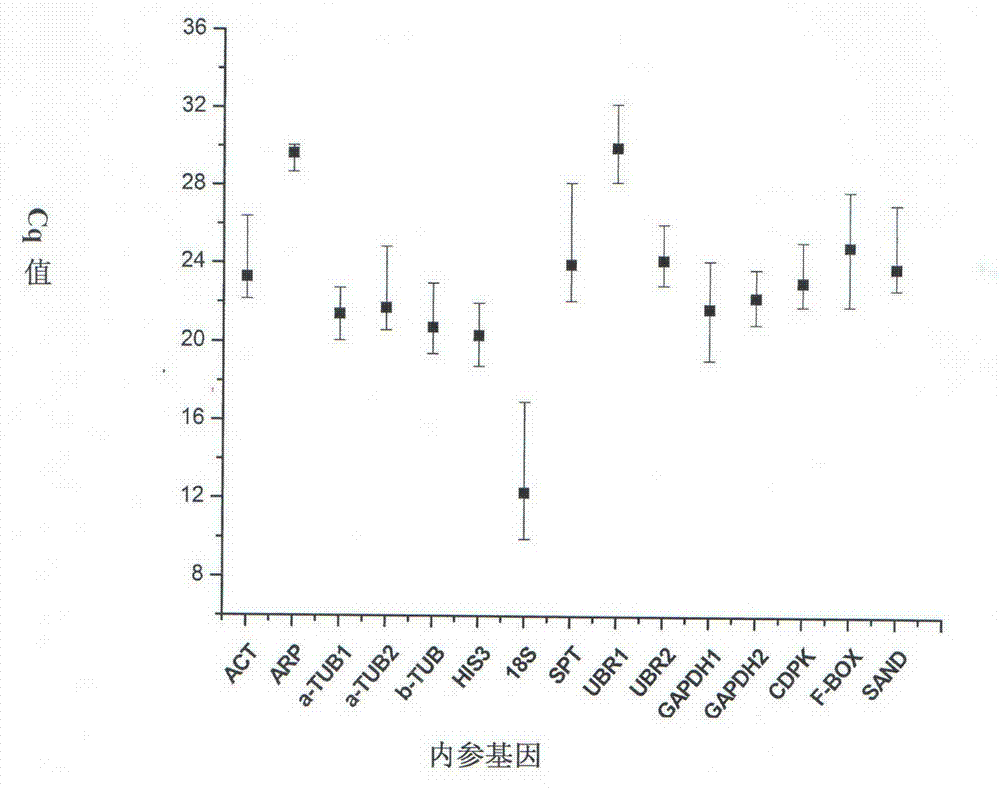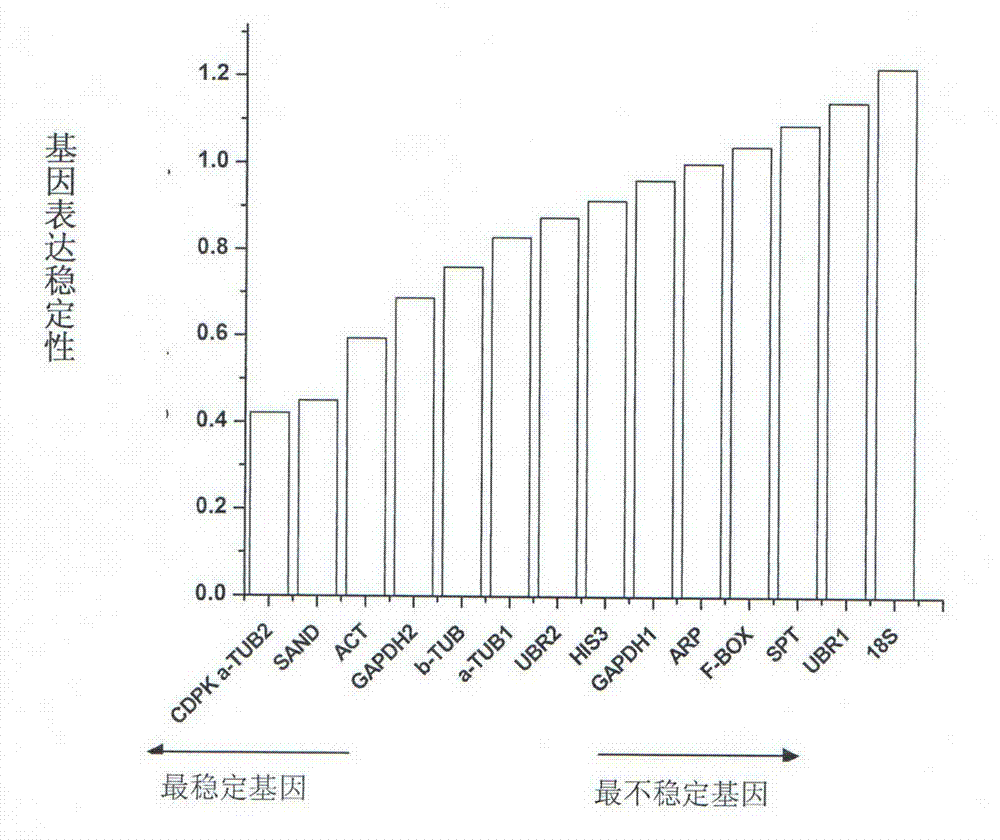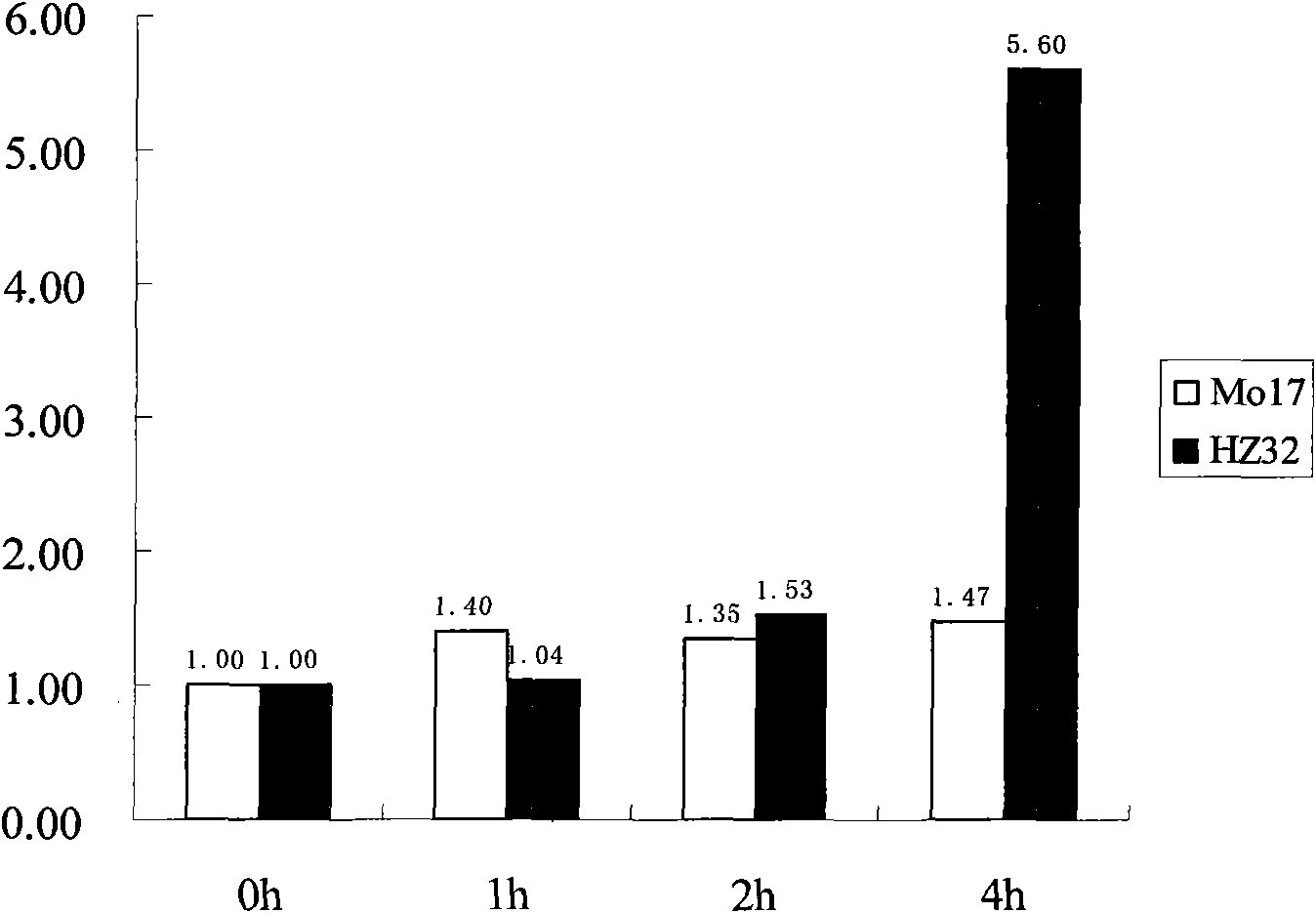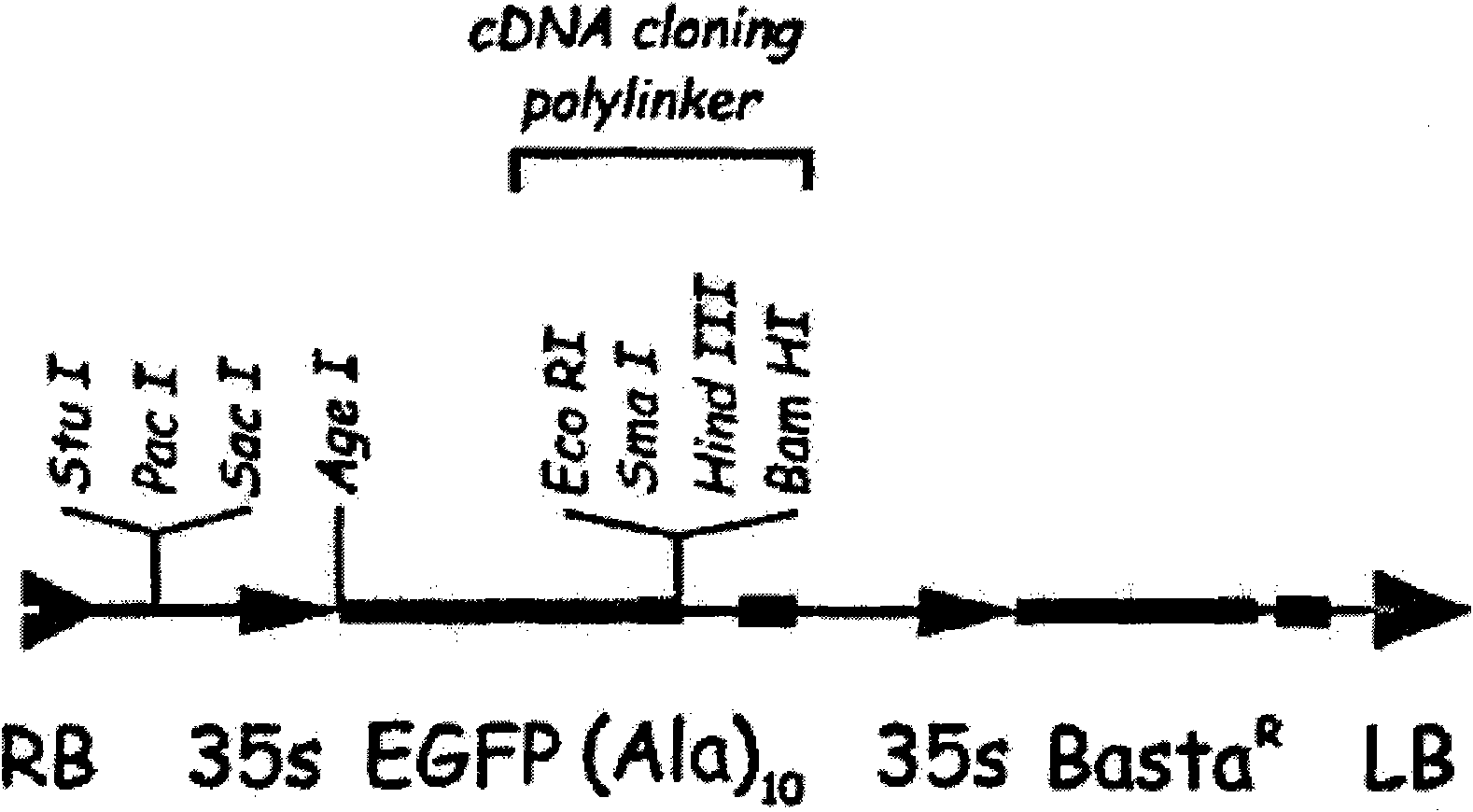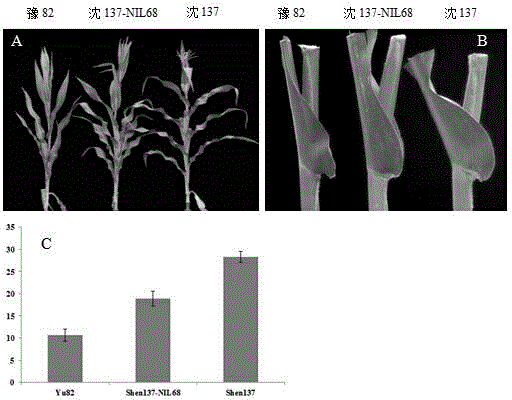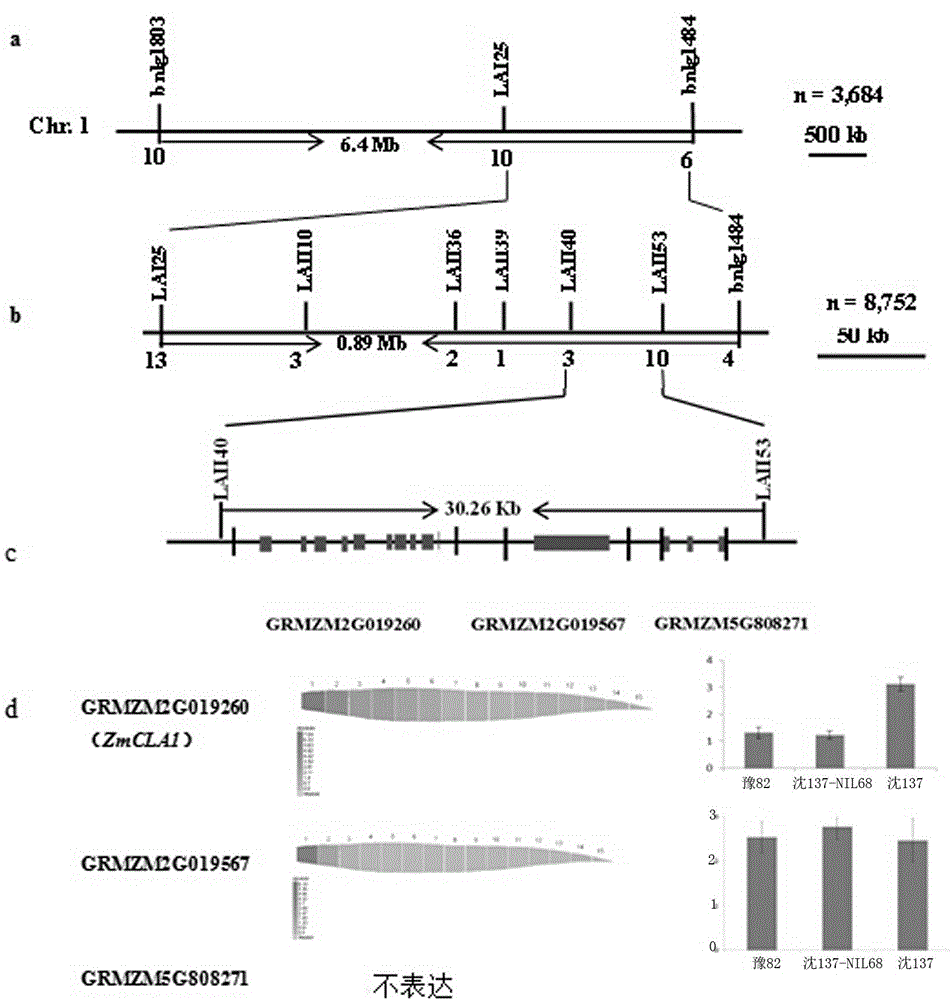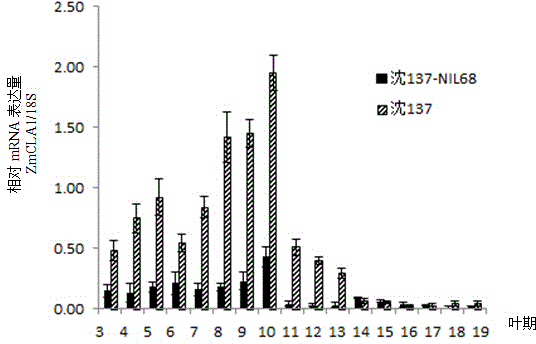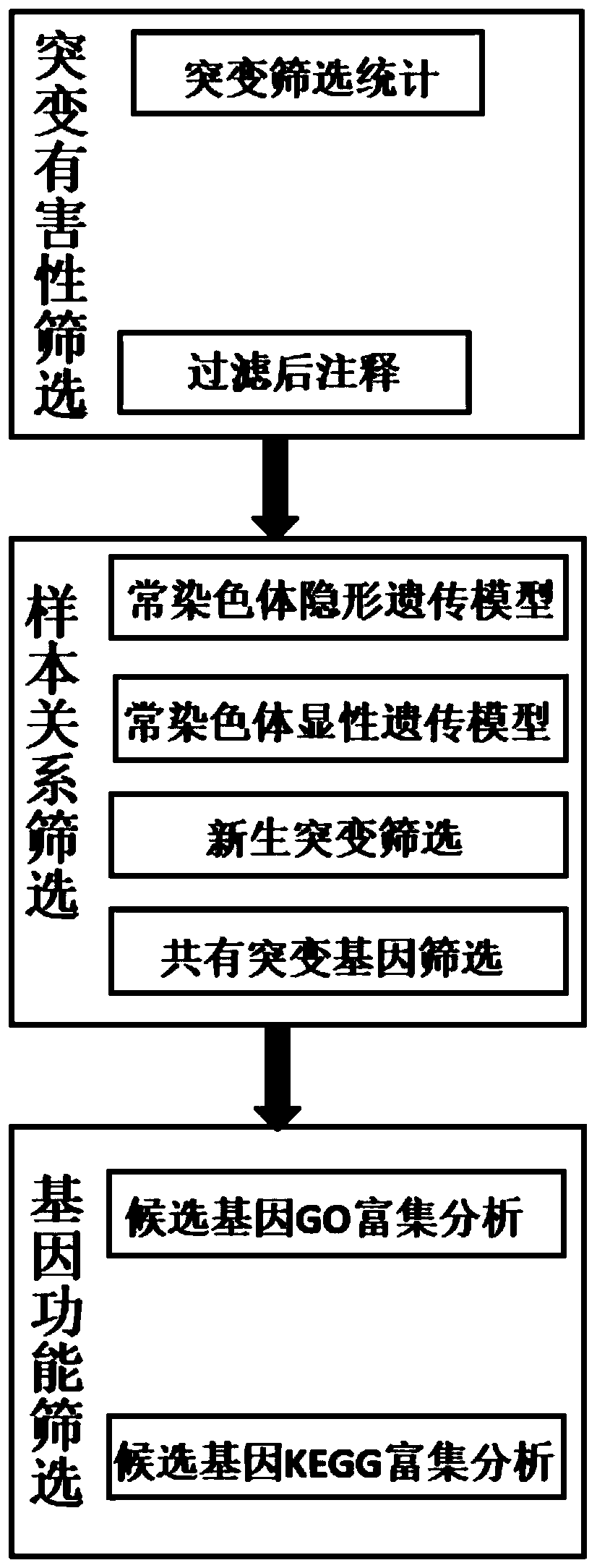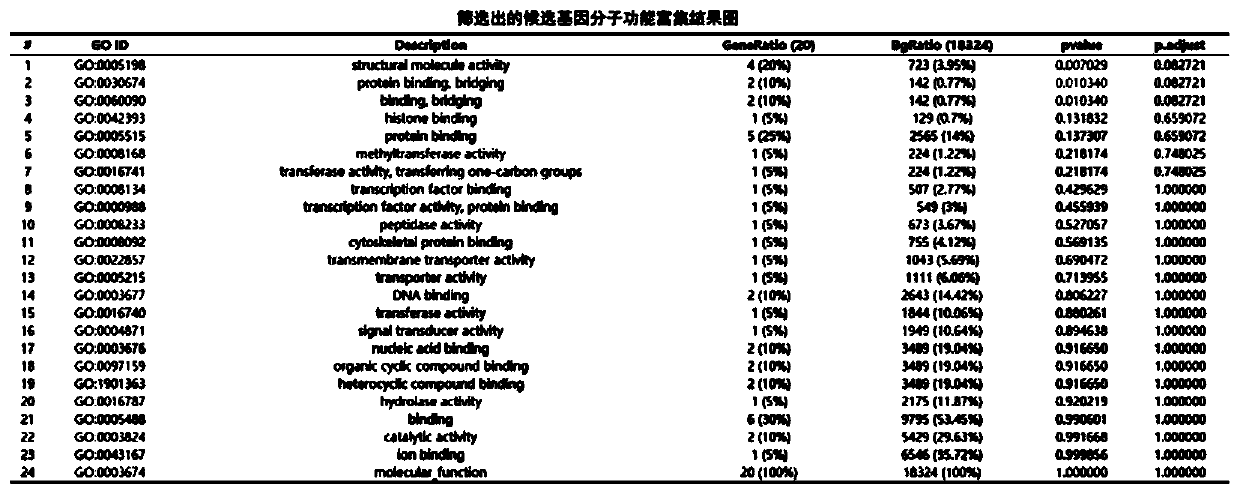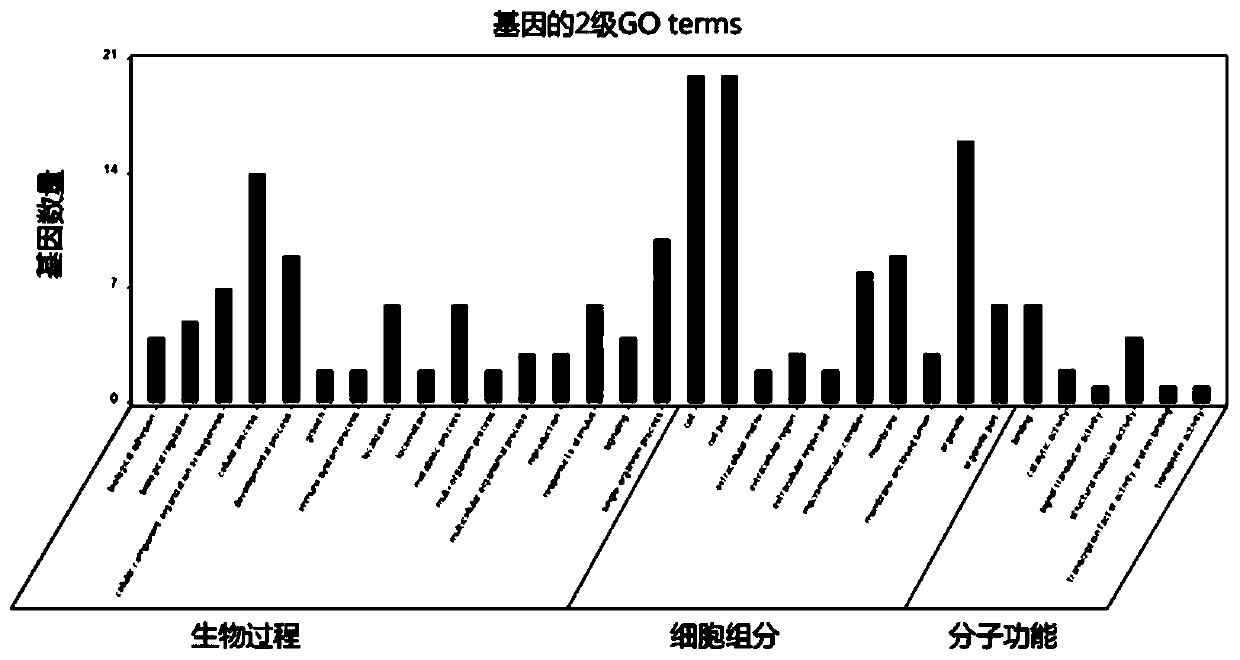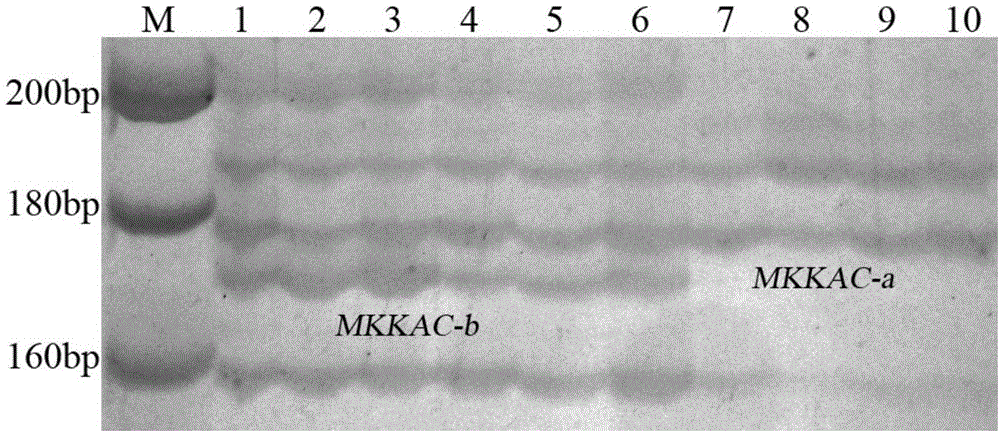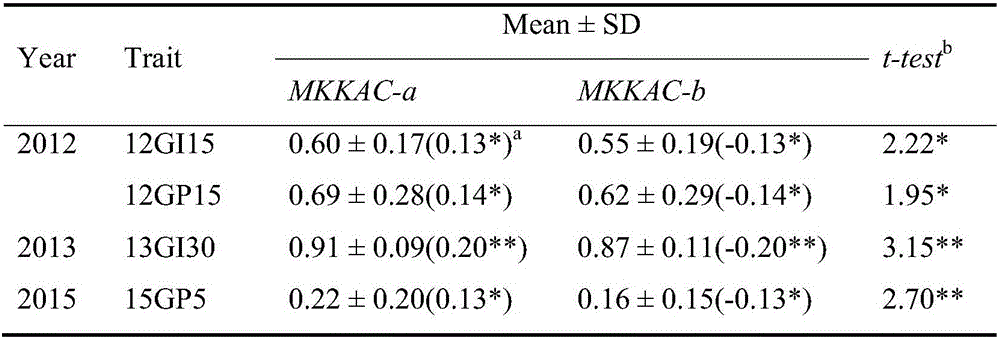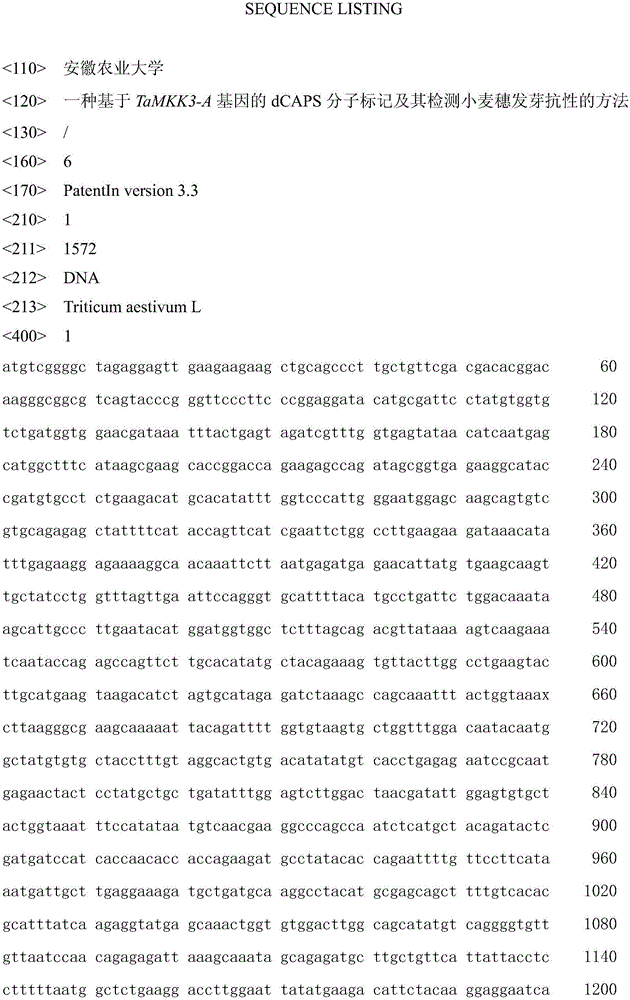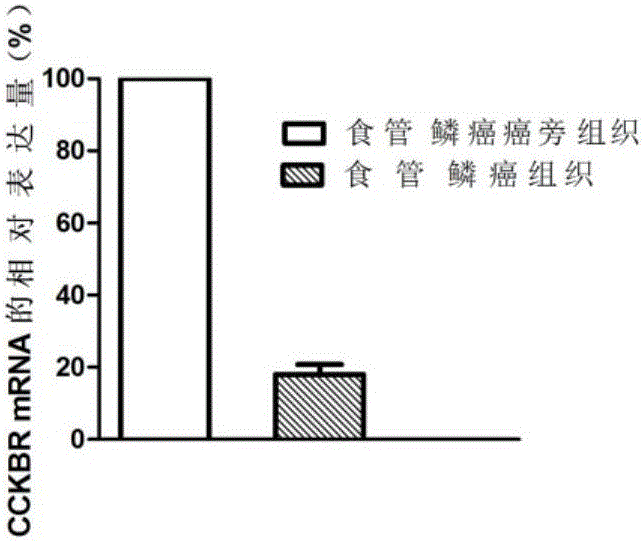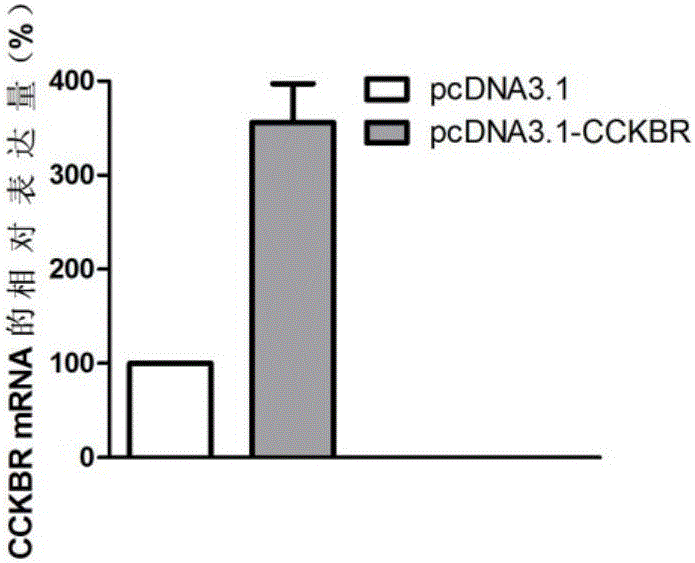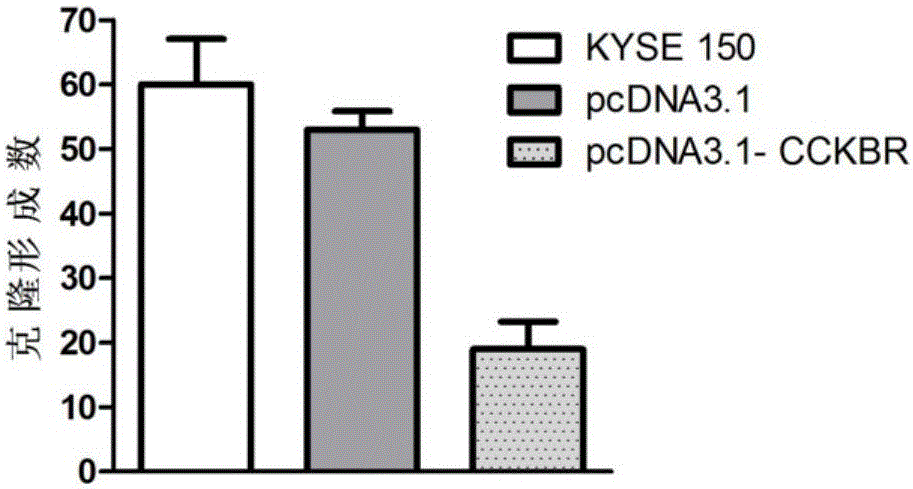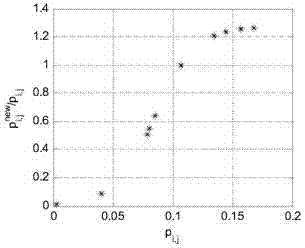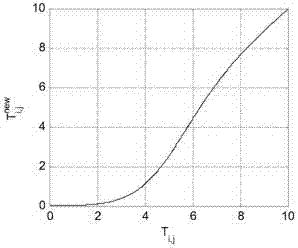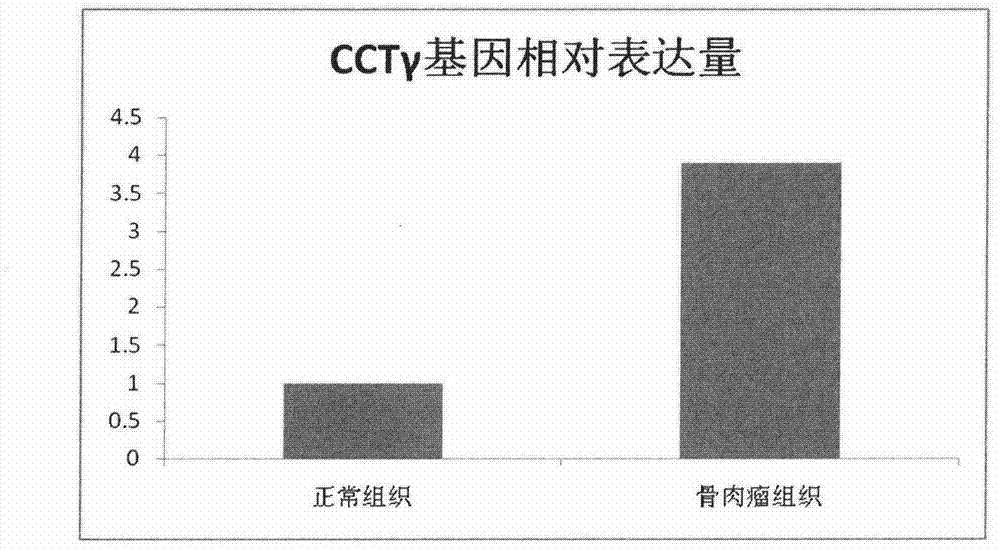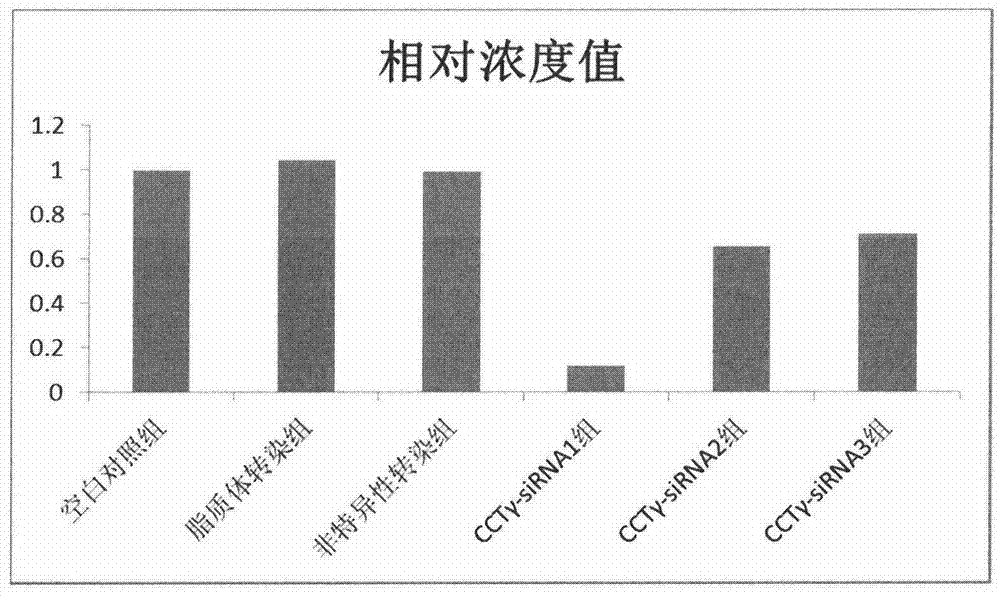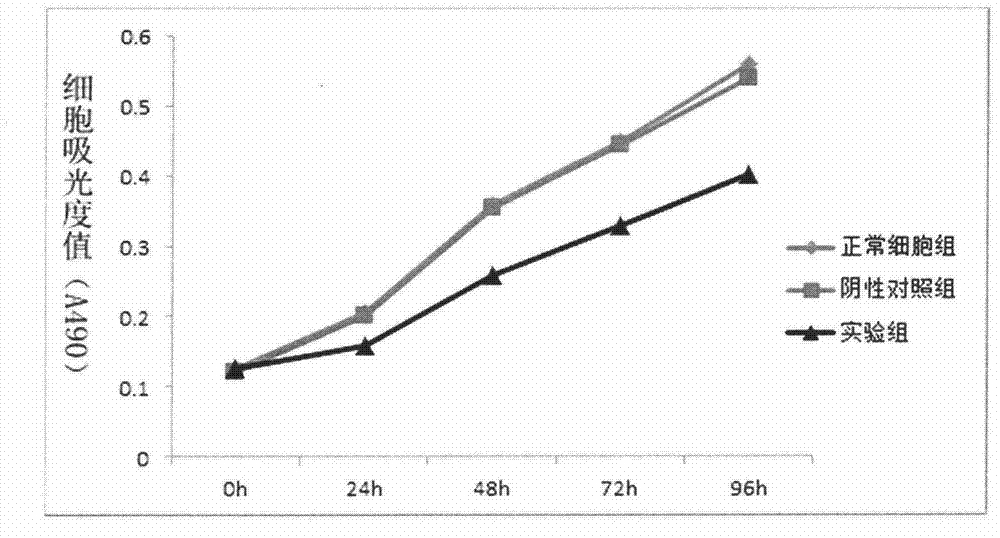Patents
Literature
673 results about "Candidate Gene Association Study" patented technology
Efficacy Topic
Property
Owner
Technical Advancement
Application Domain
Technology Topic
Technology Field Word
Patent Country/Region
Patent Type
Patent Status
Application Year
Inventor
The candidate gene approach to conducting genetic association studies focuses on associations between genetic variation within pre-specified genes of interest and phenotypes or disease states. This is in contrast to genome-wide association studies (GWAS), which scan the entire genome for common genetic variation.
Methods and compositions for identifying a fetal cell
InactiveUS20100304978A1High expressionMicrobiological testing/measurementLibrary screeningCandidate Gene Association StudyTrophoblast
The present invention provides methods and compositions for specifically identifying a fetal cell. An initial screening of approximately 400 candidate genes by digital PCR in different fetal and adult tissues identified a subset of 24 gene markers specific for fetal nucleated RBC and trophoblasts. The specific expression of those genes was further evaluated and verified in more defined tissues and isolated cells through quantitative RT-PCR using custom Taqman probes specific for each gene. A subset of fetal cell specific markers (FCM) was tested and validated by RNA fluorescent in situ hybridization (FISH) in blood samples from non-pregnant women, and pre-termination and post-termination pregnant women. Applications of these gene markers include, but are not limited to, distinguishing a fetal cell from a maternal cell for fetal cell identification and genetic diagnosis, identifying circulating fetal cell types in maternal blood, purifying or enriching one or more fetal cells, and enumerating one or more fetal cells during fetal cell enrichment.
Owner:VERINATA HEALTH INC
Methods and platforms for drug discovery
The present invention involves methods for identifying an agent that corrects a phenotype associated with a health condition or a predisposition for a health condition. The invention also involves methods for identifying a diagnostic cellular phenotype, determining the risk of a health condition in a subject, methods for reducing the risk of drug toxicity in a human subject, and methods for identifying a candidate gene that contributes to a human disease. The invention also discloses human induced pluripotent stem cell lines.
Owner:KYOTO UNIV
Data mining technique with experience-layered gene pool
ActiveUS8909570B1Well formedDigital computer detailsMachine learningEvolutionary data miningCandidate Gene Association Study
Roughly described, a computer-implemented evolutionary data mining system includes a memory storing a candidate gene database in which each candidate individual has a respective fitness estimate; a gene pool processor which tests individuals from the candidate gene pool on training data and updates the fitness estimate associated with the individuals in dependence upon the tests; and a gene harvesting module providing for deployment selected ones of the individuals from the gene pool, wherein the gene pool processor includes a competition module which selects individuals for discarding from the gene pool in dependence upon both their updated fitness estimate and their testing experience level. Preferably the gene database has an elitist pool containing multiple experience layers, and the competition module causes individuals to compete only with other individuals in their same experience layer.
Owner:COGNIZANT TECH SOLUTIONS U S CORP
Automated pathway recognition system
InactiveUS6876930B2Easy to identifyQuick analysisData processing applicationsBiostatisticsCandidate Gene Association StudyCandidate gene
There is a pressing need for computer-implemented tools that can summarize and present the enormous amounts of public literature to facilitate analysis of gene expression data. The present invention provides techniques and systems for efficiently integrating public literature regarding gene function with data from gene expression profiling experiments. Information from literature databases relating to a particular set of DNA sequences of known expression pattern is retrieved, processed, cross-referenced and viewed to provide further information about a particular DNA sequence to facilitate its identification as a candidate gene.
Owner:AGY THERAPEUTICS
Multi-gene tests with ROC plots for the assessment of risk for polygenic disorders
InactiveUS20030162207A1Microbiological testing/measurementSpecial data processing applicationsDiagnostic testPolygenic disease
Polygenic disorders are due to the additive effect of multiple genes interacting with the environment. Because of the small effect size of each gene and considerable genetic heterogeneity, when single genes are examined, the outcome of association and linkage analyses are variable from study to study. Techniques are needed that take these unique characteristics of polygenic disorders into consideration. The present invention discloses that the formation of a polygenic score, consisting of the additive effect of multiple candidate genes, and its assessment using receiver operating characteristic (ROC) plots, provides such a technique. Six genes previously shown to be associated with Alzheimer's disease were examined, APOE, ACE, ACP1, ESR1, PNMT and SLC6A4. The total fraction of the variance, the area under the ROC plots, and the range of risks were similar for both groups indicating that despite genetic heterogeneity and the small effect size of most genes, consistent risk analyses could be obtained by examining the additive effect of these multiple genes. The present invention also discloses diagnostic tests for determining a subject's risk of developing Alzheimer's Disease or specifically Late Onset Alzheimer's Disease.
Owner:CITY OF HOPE
Specific molecular markers of related genes of brassica napus grain weight and application thereof
InactiveCN101962640ASpeed up the processOvercome the downside of choosingMicrobiological testing/measurementFermentationAgricultural scienceCandidate Gene Association Study
The invention belongs to the field of rape molecular breeding, and relates to preparation of specific molecular markers of related genes MINI3 and TTG2 of the brassica napus grain weight. Double haploid colony (DH) is constructed with brassica napus I A 254 as a female parent and a brassica napus I A 177 as a male parent through hybridization, and the DH colony genotype and the thousand seed weight data are analyzed to obtain a QTLs locus of grain weight character. The MINI3 and the TTG2 genes of the IA254 and the IA177 are cloned by using a homology based candidate gene method, specific molecular markers MINI3a and TTG2a of the MINI3 and the TTG2 genes are designed according to sequence different locuses, and the molecular markers MINI3a and TTG2a are located on two grain weight QTLs locus of an A5 linkage colony for related verification and application, which proves that the molecular marker prepared by the invention is a novel genetic marker. The gene sequence is obtained firstly. The invention provides a novel marker for the molecular breeding of the brassica napus grain weight, and also provides useful information for candidate gene clone and marker auxiliary selection of thethousand seed weight character locuses of the brassica napus.
Owner:HUAZHONG AGRI UNIV
Novel target gene for diagnosing and treating tongue squamous carcinoma and application thereof
ActiveCN105779618AHigh selectivitySimplify the process of quantitative detectionOrganic active ingredientsGenetic material ingredientsDiseaseCandidate Gene Association Study
The invention provides a novel target gene for diagnosing and treating tongue squamous carcinoma and application thereof and particularly relates to application of a KLK14 gene and an expression product thereof to diagnosis and treatment of tongue squamous carcinoma. To research the occurrence and development mechanisms of tongue squamous carcinoma, search for an effective molecular target gene for diagnosing and treating tongue squamous carcinoma, promote early diagnosis, prevention and treatment of the disease and lower the death rate of tongue cancer, firstly, RNA-seq sequencing is utilized to detect differential expression genes of tongue squamous carcinoma, cancer branch and normal oral mucosa; secondly, a Real-time PCR technology is utilized to verify the sequencing result; then, an interference technology is utilized, and expression of the candidate gene KLK14 in tongue squamous carcinoma cells SCC15 is silenced. By means of the novel target gene for diagnosing and treating tongue squamous carcinoma and application thereof, an experimental foundation is laid for clinical application of the KLK14 gene to tongue squamous carcinoma, and a new target gene and theoretical basis are provided for early diagnosis and treatment of tongue squamous carcinoma.
Owner:THE SECOND XIANGYA HOSPITAL OF CENT SOUTH UNIV
Method for obtaining capsicum phytophthora resistance candidate gene and molecular marker, and application
InactiveCN104560973AAccurate identificationLarge amount of data informationMicrobiological testing/measurementDNA/RNA fragmentationBiotechnologyData information
The invention relates to a method for obtaining a capsicum phytophthora resistance candidate gene and a molecular marker, and application. The method is used for obtaining the capsicum phytophthora resistance candidate gene by utilizing capsicum phytophthora transcriptome and whole-genome sequencing data information, differentially-expressed gene identification, bioinformatics analysis, molecular marker development and phytophthora inoculation identification and belongs to the technical field of capsicum biology. The method comprises the following steps: sequencing a phytophthora resistant and susceptible gene pool transcriptome obtained after phytophthora inoculation of an F2 population constructed by capsicum highly-resistant and highly-susceptible phytophthora materials, performing expression analysis and functional annotation on differential genes, extracting DNAs (Desoxvribose Nucleic Acid) of a capsicum phytophthora highly-resistant and highly-susceptible phytophthora material genome, performing primer design and PCR (Polymerase Chain Reaction) amplification, performing sequence difference analysis and SNP site identification, performing SNP specific primer design and validity verification, and performing other steps to efficiently obtain the capsicum phytophthora resistance candidate gene and the molecular marker. According to the method, the capsicum phytophthora resistance candidate gene can be accurately identified, and the effective molecular marker can be developed.
Owner:JIANGSU ACADEMY OF AGRICULTURAL SCIENCES
Method for selecting statistically validated candidate genes
Provided herein are methods for evaluating associations between candidate genes and a trait of interest in a population. The methods include a combination of genome-wide association analysis and one or more of nested association mapping (NAM), expression QTL analysis (eQTL), and allele epistastic analysis (AEA). Markers are selected or prioritized if they are shown to be positively-correlated with a trait of interest using GWA and a combination of one or both of NAM and eQTL. Also provided are models for evaluating the association between a candidate marker and a trait in a nested population of organisms. These methods include single marker regression and multiple marker regression models. Markers identified using the methods of the invention can be used in marker assisted breeding and selection, as genetic markers for constructing linkage maps, for gene discovery, for identifying genes contributing to a trait of interest, and for generating transgenic organisms having a desired trait.
Owner:SYNGENTA PARTICIPATIONS AG
Restoration of fertility to cytoplasmic male sterile petunia
InactiveUS7164058B2Restore fertilitySugar derivativesBacteriaCandidate Gene Association StudyPetunia
The present invention relates to isolated nucleic acid molecules which restore fertility to cytoplasmic male sterile plants and modify expression of toxic mitochondria proteins by the plant. The present invention also relates to methods of identifying a candidate plant suitable for breeding with a cytoplasmic male sterile plant and methods of identifying a candidate gene restoring fertility in plants by analyzing for the candidate plant and candidate gene, respectively, for the presence of the nucleic acid molecule of the present invention. Also disclosed are methods of producing hybrid plant seed, methods of directing gene expression to plant mitochondria, and method of expressing a gene preferentially in roots of a plant. Promoters and terminators from plant genes which restore fertility to cytoplasmic male sterile plants and modify expression of toxic mitochondria proteins are also disclosed. Finally, methods of producing plants with a cytoplasmic male sterile plant restoration system are disclosed.
Owner:CORNELL RES FOUNDATION INC
Method For Improving A Strain Based On In-Silico Analysis
InactiveUS20090075352A1Increase strainHigh yieldBacteriaMicrobiological testing/measurementBiotechnologyCandidate Gene Association Study
Owner:KOREA ADVANCED INST OF SCI & TECH
Parkinson diagnostic marker and application thereof
ActiveCN105063194AOrganic active ingredientsNervous disorderCandidate Gene Association StudyCandidate gene
The invention relates to a Parkinson diagnostic marker and application thereof, in particular to application of genes FAM102A to preparing Parkinson diagnosis and treatment reagents. The Parkinson diagnostic marker and the application have the advantages that genes are screened by an inventor on the basis of high-throughput sequencing results by the aid of bioinformatics methods and analysis, candidate genes FAM102A are selected, and relations between the genes FAM102A and Parkinson's diseases are proved by the aid of molecular biological methods; the genes FAM102A are in low-expression in the peripheral blood of Parkinson patients, have excellent correlation with Parkinson's diseases, can be used for preparing the auxiliary diagnosis and treatment reagents for the Parkinson's diseases and have important clinical application value.
Owner:QINGDAO MEDINTELL BIOMEDICAL CO LTD
Echinococcosis antigen gene (egG1Y162 antigen gene), and recombinant protein and use thereof
InactiveCN101475938AMicrobiological testing/measurementGenetic material ingredientsAntigenNucleotide
The present invention relates to the field of antigen gene technology, specifically to an echinococcosis antigen gene, namely egG1Y162 antigen gene and its recombinant protein and applications, wherein, the gene has a nucleotide sequence with a sequence 1. The invention obtains the echinococcosis antigen gene, namely egG1Y162 antigen gene and its recombinant protein from the granule echinococci, performs cloning, transforming and induce expression to the egg1y162 gene, the animal experiment further indicates that the egg1y162 recombinant protein vaccine has a protective effect on the infection of secondary granule echinococci to mice, becomes a candidate gene vaccine for preventing and controlling echinococcosis, and provides a new way for the development of practical vaccine.
Owner:XINJIANG MEDICAL UNIV
Data Mining Technique With Experience-layered Gene Pool
ActiveUS20160283563A1Digital data information retrievalMachine learningEvolutionary data miningCandidate Gene Association Study
Roughly described, a computer-implemented evolutionary data mining system includes a memory storing a candidate gene database in which each candidate individual has a respective fitness estimate; a gene pool processor which tests individuals from the candidate gene pool on training data and updates the fitness estimate associated with the individuals in dependence upon the tests; and a gene harvesting module providing for deployment selected ones of the individuals from the gene pool, wherein the gene pool processor includes a competition module which selects individuals for discarding from the gene pool in dependence upon both their updated fitness estimate and their testing experience level. Preferably the gene database has an elitist pool containing multiple experience layers, and the competition module causes individuals to compete only with other individuals in their same experience layer.
Owner:COGNIZANT TECH SOLUTIONS U S CORP
SSCP marker closely linked with major wheat scab resistance QTL and application thereof
InactiveCN101892307AReduce the waste of manpower and material resourcesImprove breeding efficiencyMicrobiological testing/measurementMicroorganism based processesSingle-strand conformation polymorphismSequence analysis
The invention relates to a single strand conformation polymorphism (SSCP) marker closely linked with a major wheat scab resistance quantitative trait locus (QTL). The SSCP marker is characterized in that: scab resistance candidate genes of a scab resistance QTL in a 3BS area of a wheat variety or strain resisting scab is PCR amplified by using a primer; after denaturalization, a PCR-amplified product has different single strand conformation; and the SSCP marker closely linked with the major wheat scab resistance QTL is established for detecting a genotype of the wheat variety or strain during breeding. The SSCP marker has the advantages of: overcoming the disadvantages that the wheat scab resistance screening can only be authenticated in a flowering period and is easily influenced by the environment in conventional breeding, predicting and screening wheat plants with the scab resistance by detecting a molecular marker at a seedling stage, eliminating disease plants, reducing waste of labor and materials and improving the breeding efficiency. Compared with an ABI DNA sequence analysis meter-based marker, the SSCP marker closely linked with the major wheat scab resistance QTL has the advantages of simple and convenient operation, low cost and same sensitivity.
Owner:JIANGSU ACADEMY OF AGRICULTURAL SCIENCES
Method of researching change of proteome of rice responding rice blast bacterial infection through iTRAQ technology
InactiveCN104820103AQuick and effective screeningStrong disease resistanceBiological testingDiseaseAgricultural science
The invention discloses a method of researching the change of a proteome of rice responding rice blast bacterial infection through an iTRAQ technology and belongs to the field of plant biotechnology. The method includes following steps: A. extracting a plant materials and leaf protein; B. performing further FASP enzymolysis, peptide fragment marking, SCX classification and LC-MS analysis to the protein sample obtained in the step A; C. performing data query and quantitative analysis to the result after the LC-MS analysis to obtain the change situation of the whole proteome during an interaction process between rice and rice blast bacteria. The method can quickly and effectively screening a candidate gene relative to disease resistance of rice, can be used for researching the candidate gene relative to the disease resistance of the rice well with the proteomics researching method, iTRAQ, which is high-throughput and accurate, can be widely used for researching and developing the characters of plant disease resistance and breeding new plant varieties being strong in disease resistance with combination of the transgenic technology.
Owner:SOUTH CHINA AGRI UNIV
Data mining technique with diversity promotion
ActiveUS8977581B1Digital computer detailsElectric digital data processingEvolutionary data miningCandidate Gene Association Study
Roughly described, a computer-implemented evolutionary data mining system includes a memory storing a candidate gene database in which each candidate individual has a respective fitness estimate; a gene pool processor which tests individuals from the candidate gene pool on training data and updates the fitness estimate associated with the individuals in dependence upon the tests; and a gene harvesting module for deploying selected individuals from the gene pool, wherein the gene pool processor includes a competition module which selects individuals for discarding in dependence upon both their testing experience level and a diversity measure of individuals in the gene pool.
Owner:COGNIZANT TECH SOLUTIONS U S CORP
Major QTL (Quantitative Trait Loci) capable of influencing wheat ear length and application thereof
ActiveCN109402284AMicrobiological testing/measurementDNA/RNA fragmentationTriticeaeCandidate Gene Association Study
The invention belongs to the field of wheat genetic breeding, and provides major QTL (Quantitative Trait Loci) capable of influencing the wheat ear length. The major QTL are located on a 2D (Two-Dimensional) chromosome short arm, and are located between a left marker AX-108988107 and a right marker AX-111096297 of an SNP (Single Nucleotide Polymorphism) marker; the major QTL can affect the spikelet number at the same time; the QTL have a candidate gene for encoding IAA (Indoleacetic Acid)-amino acid hydrolase; phenotypic variation explanation rates of the QTL on the ear length and the grain number per ear are respectively 27.9 to 20.1 percent and 18.5 to 10.2 percent; positive allelic variation of the QTL are sourced from parent varieties-Banmangzi, and the QTL have huge application valuein wheat breeding.
Owner:CROP RES INST SHANDONG ACAD OF AGRI SCI
Application of ZMYM1 in preparation of Parkinson's disease diagnosis and treatment reagents
ActiveCN104984363AHigh selectivitySimplify the process of quantitative detectionNervous disorderPeptide/protein ingredientsHigh fluxCandidate Gene Association Study
The invention relates to an application of ZMYM1 in the preparation of Parkinson's disease diagnosis and treatment reagents. Candidate gene ZMYM1 is chosen after gene screening through adopting bioinformatics method analysis based on a high-flux sequencing result, and molecular biology experiments confirm that the ZMYM1 gene has very good correlation with the Parkinson's disease, so the ZMYM1 gene can be used in the preparation of auxiliary diagnosis and treatment preparations of the Parkinson's disease, and has important clinic application values.
Owner:GUAN BOJIAN BIOTECH CO LTD
Corn photoperiod gene specific molecular marker and application thereof
InactiveCN103305507AAccurate identificationSimple structureMicrobiological testing/measurementDNA/RNA fragmentationAgricultural science3-deoxyribose
The invention relates to the field of molecular markers, and in particular relates to a corn photoperiod gene specific molecular marker and an application thereof. Part of genomic deoxyribose nucleic acid (DNA) sequences of three corn photoperiod gene regulation candidate genes of ZmPRR7, ZmZCN8 and ZmPIF3 in a tropical selfing line CML166 and a temperate selfing line Zheng58 are compared and identified to design three different primers, wherein one primer is a general primer which is designed according to the same sequence of the two selfing lines, the other two primers are Zheng58 or CML166 specific PCR3' primers which are designed by utilizing the single base difference of the two corn selfing lines and can be respectively paired with the general primer, and target strips can be amplified in one selfing line of CML166 or Zheng 58 or the hybrid F1 of the CML166*the Zheng 58 of each pair of primers and are same in size. When a tropical idioplasm is utilized for idioplasm improvement, selfing line breeding or corn hybrid commodification seed production, the markers can be utilized for assist selective breeding and guide actual production.
Owner:SICHUAN AGRI UNIV
Maize cytoplasmic male sterility (CMS) c-type restorer rf4 gene, molecular markers and their use
ActiveUS20120090047A1Increased seed yieldLow costSugar derivativesMicrobiological testing/measurementHybrid seedCandidate Gene Association Study
This disclosure concerns high-resolution mapping and candidate gene cloning of Rf4, a maize restorer of fertility gene that restores fertility to C-type cytoplasmic male sterility. The disclosure also relates to molecular markers that are tightly-linked to, or reside within, the Rf4 gene. In some embodiments, methods are provided whereby hybrid seeds may be produced from crosses of a male plant comprising nucleic acid molecular markers that are linked to or that reside within the Rf4 gene and a female plant carrying C-type CMS.
Owner:CORTEVA AGRISCIENCE LLC
Method for screening real-time fluorescence quantification PCR internal reference molecules of syntrichia caninervis in desert
InactiveCN103866007AEasy to correctImprove standardizationMicrobiological testing/measurementReference genesFluorescence
The invention relates to a method for screening real-time fluorescence quantification PCR internal reference molecules of syntrichia caninervis in a desert. The method comprises the following steps: selecting 15 internal reference candidate genes by utilizing a syntrichia caninervis transcriptome database, designing an internal reference gene specific primer of real-time fluorescence quantification PCR by taking 15 internal reference genes as templates; carrying out a fluorescence quantification PCR experiment by selecting syntrichia caninervis gametophytes stressed by 10 non-living things and free of stress (in contrast) as experimental materials; carrying out fluorescence quantification data analysis by using geNorm, NormFinder and Refinder software, so as to screen out the best fit and the most stable internal reference molecules CDPK and alpha-TUB2 of the syntrichia caninervis for developing fluorescence quantification research under various abiotic stresses. By adopting the method disclosed by the invention, the errors of the syntrichia caninervis transcriptome material under different abiotic stresses in ribonucleic acid (RNA) quality, yield, reverse transcription efficiency and the like can be avoided, the real-time fluorescence quantification detection data can be better corrected and standardized, and the accuracy and the reliability of the gene quantification research are improved.
Owner:XINJIANG INST OF ECOLOGY & GEOGRAPHY CHINESE ACAD OF SCI
Maize water-logging tolerance-related transcription factor gene zm-bRLZ, molecular marker and application
InactiveCN101974537AMicrobiological testing/measurementFermentationNucleotideCandidate Gene Association Study
The invention belongs to the technical field of plant gene engineering, and relates to clone and application of a maize water-logging tolerance-related transcription factor gene zm-bRLZ. The nucleotide sequence of the gene is shown as SEQ ID No. 1, and the gene has a total length of 4,027bp and comprises 6 exons. The cDNA sequence of the gene is shown as SEQ ID No. 2, and 282 amino acids are encoded on the gene. In flooding stress, the expression of the gene in maize inbred line Hz32 seedling roots is up-regulated and the expression level of the gene in the Mo17 is kept unchanged. The in-vitro combination of a gene protein product and an antidiuretic hormone (ADH) promoter anaerobic response factor shows that the zm-bRLZ gene has a regulation and control effect on an anaerobic induced gene. A pair of cleaved amplified polymorphic sequence (CAPS) markers is developed by utilizing zm-bRLZ gene sequence difference of the maize water-logging tolerance inbred line Hz32 and high-sensitivity K12. The gene is positioned at a water-logging tolerance quantitative trait locus (QTL) peak part of 9.04bin by utilizing K12*Hz32 F2 group. A candidate gene correlation analysis proves that a zm-bRLZ gene promoter region and a plurality of single nucleotide polymorphism (SNP) sites at a 3'-untranslated region (3'-UTR) are all obviously associated with a plurality of water-logging tolerance indexes.
Owner:HUAZHONG AGRI UNIV
ZmCLA1 gene capable of controlling sizes of included angles of maize leaves as well as method and application of ZmCLA1 gene in breeding high-density-tolerant maize
ActiveCN104480121ASeparation without errorCompact plantPlant peptidesFermentationCandidate Gene Association StudyForward genetics
The invention discloses a ZmCLA1 gene being capable of controlling the sizes of the included angles of maize leaves and having nucleotide sequence as shown in SEQ ID NO: 1. By a forward genetic method (in which by building a mapping population, the included angle of maize leaves is subjected to QTL primary positioning and fine positioning), candidate genes are unmistakably separated and the function of the ZmCLA1 gene in plants is not reported; the invention provides the ZmCLA1 gene capable of controlling the sizes of the included angles of maize leaves and a protein encoded by the ZmCLA1 gene. The ZmCLA1 gene has important value for the theoretical study on analysis of molecular mechanism for forming the included angles among maize leaves, the ZmCLA1 gene containing the sequence as shown in SEQ ID NO: 1 is modified and inoculated onto maize plants so that the maize breeding material which has compact plant type and small included angles of leaves can be created and the ZmCLA1 gene has important practical significance for breeding maize.
Owner:HENAN AGRICULTURAL UNIVERSITY
Biological information analysis method for human single-gene genetic disease detection
InactiveCN110931081AAnalyze content clearlyEasy to analyzeProteomicsGenomicsCandidate Gene Association StudyGenotype
The invention provides a biological information analysis method for human single-gene genetic disease detection. The method comprises the following steps: S1, screening mutation harmful sites; S2, screening the sample relationship of human single-gene genetic disease detection; S3, performing gene function screening. According to the method, harmful mutation sites can be quickly and clearly screened from human exon sequencing data; the annotation analysis on the detected SNP, InDel and other genomic variations and an external database is carried out to determine the genomic position, variationfrequency, protein harmfulness, genotype heterozygosity, functional pathways and other information of the variations; the candidate genes are screened by using an autosomal invisible genetic model, an autosomal dominant genetic model, new mutation screening and common mutation gene screening, so the candidate genes are determined, GO and KEGG enrichment analysis is performed on the candidate genes, and powerful evidences are provided for determining the candidate genes related to diseases.
Owner:GUANGZHOU GENE DENOVO BIOTECH
TaMKK3-A gene-based dCAPS molecular marker and method for detecting wheat head germination resistance
InactiveCN106048055ASimplified Detection TechnologyMicrobiological testing/measurementDNA/RNA fragmentationAgricultural scienceCandidate Gene Association Study
The invention discloses a TaMKK3-A gene-based dCAPS molecular marker and a method for detecting wheat head germination resistance. According the method, based on wheat 4AL chromosome dormant candidate gene TaMKK3-A gene functional SNP, a dCAPS-labeled MKKAC is developed. The method comprises that based on a CAPS label, through introduction of a mismatched base to amplification primers, an HpyCH4IV cleavage site is introduced to a functional SNP label of the TaMKK3-A gene related to wheat head germination resistance so that an amplified spectrum band of the wheat material with head germination resistance has the HpyCH4IV cleavage site and the wheat material with head germination response does not contain the cleavage site. The label is used for wheat head germination resistance molecular marker-assistant breeding and realizes effectively distinguishing of materials with different head germination resistances so that the SNP detection technology is simplified and a detection cost is reduced.
Owner:ANHUI AGRICULTURAL UNIVERSITY
Molecular marker of esophageal squamous carcinoma
ActiveCN105734159AMicrobiological testing/measurementBiological testingCandidate Gene Association StudyCCKBR Gene
The invention discloses a molecular marker of esophageal squamous carcinoma. According to the molecular marker, a high-throughput sequencing result is analyzed by using a bioinformatics method, the result shows a candidate gene CCKBR of esophageal squamous carcinoma, the CCKBR gene is in low expression in tissue of a patent suffering from esophageal squamous carcinoma, proliferation of esophageal squamous carcinoma cells can be inhibited by increasing the expression level of CCKBR, and the research result shows that the CCKBR gene and expression products of the CCKBR gene are potential therapeutic targets of esophageal squamous carcinoma.
Owner:QINGDAO MEDINTELL BIOMEDICAL CO LTD
Method for quickly configuring and designing large container crane
InactiveCN104504177AImprove search speedImprove search capabilitiesSpecial data processing applicationsCustomer requirementsConfiguration design
The invention discloses a method for quickly configuring and designing a large container crane. The method comprises the following steps: building a large container crane product configuration framework for quick design; analyzing and calculating local similarity, local green characteristic satisfaction degree and cooperation affinity between a case template and customer requirements, and building a 0-1 genetic programming evolutionary model with constraint. In combination with the characteristic of large scale of configuration and optimization problem of the large container crane products, a pseudo-random proportion rule of an ant colony algorithm is redesigned; a candidate gene case number reducing rule is provided on account of the problem that the number of candidate gene cases is often more; an x-Sigmoid function is designed, and the transition probability is adjusted according to the function, so that the algorithm searching speed is increased; the predatory strategy is carried out, so that the development of optimum areas is enhanced, and the searching capability is improved; by comprehensively utilizing the model and the algorithm disclosed by the invention, a satisfactory preliminary design scheme of the large container crane is obtained in a short time; the flexibility is better.
Owner:SHANGHAI MARITIME UNIVERSITY
Microarray-based diagnosis of pediatric hearing impairment-construction of a deafness gene chip
InactiveUS20050112598A1Bioreactor/fermenter combinationsBiological substance pretreatmentsTotal DeafnessCandidate Gene Association Study
The present invention is related to diagnostic arrays comprising primers for various regions of candidate genes involved in hearing loss, specifically pediatric hearing loss. The invention further is directed to methods for diagnosing a cause or risk factor for hearing loss. In some embodiments, these methods include obtaining a sample from a patient; screening the sample for the presence or absence of alleles of at least 5 loci associated with a risk for hearing loss to obtain a result of the screening; and making a diagnosis based upon the result. The present invention is also directed to the amplification of genetic sequence from multiple or single exons for use in the screening of samples.
Owner:CHILDRENS HOSPITAL MEDICAL CENT CINCINNATI
Application of chaperonin CCTgamma in preparation of tumour diagnosis reagent
ActiveCN104721836AHigh selectivitySimplify the process of quantitative detectionOrganic active ingredientsMicrobiological testing/measurementCandidate Gene Association StudyChaperonin
The invention relates to an application of chaperonin CCTgamma in preparation of a tumour diagnosis reagent and in particular relates to a new application of the chaperonin CCTgamma in preparation of an osteosarcoma diagnosis reagent. The inventor adopts bioinformatics method analysis for carrying out gene screening based on high-throughput sequencing results, a candidate gene CCTgamma is picked out, and further molecular cell biology experiments prove that CCTgamma has a good correlation with osteosarcoma, can be used for preparing an auxiliary osteosarcoma diagnosis and treatment preparation and has important clinical application value.
Owner:QINGDAO MEDINTELL BIOMEDICAL CO LTD
Features
- R&D
- Intellectual Property
- Life Sciences
- Materials
- Tech Scout
Why Patsnap Eureka
- Unparalleled Data Quality
- Higher Quality Content
- 60% Fewer Hallucinations
Social media
Patsnap Eureka Blog
Learn More Browse by: Latest US Patents, China's latest patents, Technical Efficacy Thesaurus, Application Domain, Technology Topic, Popular Technical Reports.
© 2025 PatSnap. All rights reserved.Legal|Privacy policy|Modern Slavery Act Transparency Statement|Sitemap|About US| Contact US: help@patsnap.com
